The best wireless headphones 2025, chosen by our experts for all budgets
The top Bluetooth headphones from Sony, Bose and more
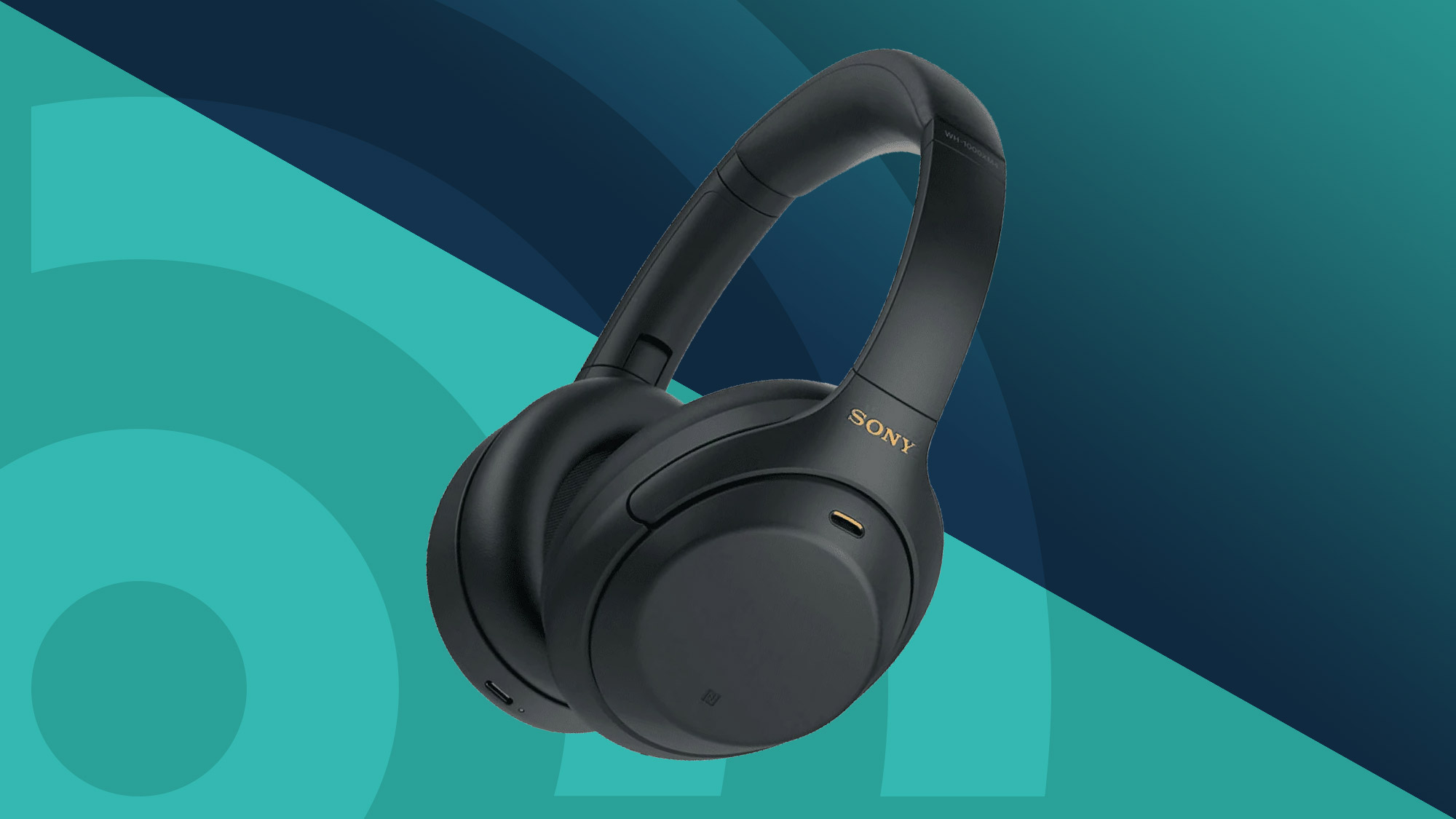
- Quick list
- Best overall
- Best budget
- Best premium
- Best cheap noise-cancelling
- Best mid-priced
- Best for ANC
- Best for sound
- Best high-end Sony cans
- Best for movies
- Best planar magnetic
- Best for design
- Best for Apple fans
- Other headphones we've tested
- Wireless headphones coming soon
- Meet the team
- How to choose
- How we test
- Latest updates
The best wireless headphones featured in this guide have been carefully picked by our expert audio team for their exceptional comfort, sound quality, cutting-edge features and portability. We've reviewed more than 700 headphones in the past 17 years, and every model in this list has been tested in accordance with both our testing process standards and our headphone-and earbuds-specific testing.
While die-hard audiophiles may still prefer the best wired headphones to bypass Bluetooth and get a high-resolution audio fix only wires can deliver, the best modern wireless models with Snapdragon Sound and/or aptX Bluetooth chipsets have significantly narrowed the gap, and they’re much more convenient. No wires, no hassle, only effortless listening. It’s no surprise wireless options are among the best headphones on the market.
With decades of experience between us, our audio specialists have rigorously used every model we’ve recommended in this guide out in the wild, handpicking only the best across a range of budgets and needs. However, if you’re in the market for something smaller, be sure to check out our guide to the best wireless earbuds for compact alternatives. And, if you haven't considered them before, open-ear options are now hugely popular – take a look at our guide to the best open ear headphones if you're curious.
The quick list
Want to cut out the noise and find which wireless headphones are the best? Below, you’ll find a quick roundup of our top choices for different needs, and you can jump to a more detailed review of every model.
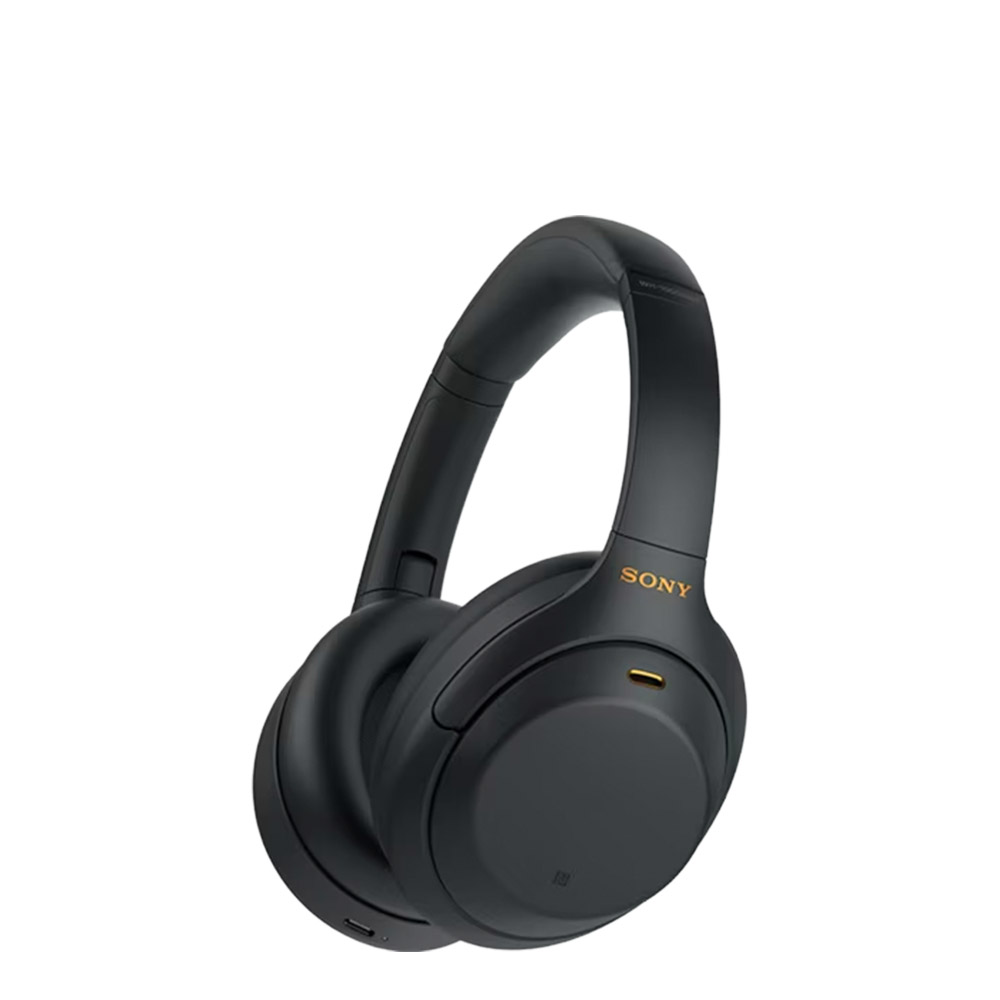
The best wireless headphones for most people
Sony continues to reign with these older cans, which are fantastic value for sound quality, features and ANC – but be sure you're getting a discount before you buy them.
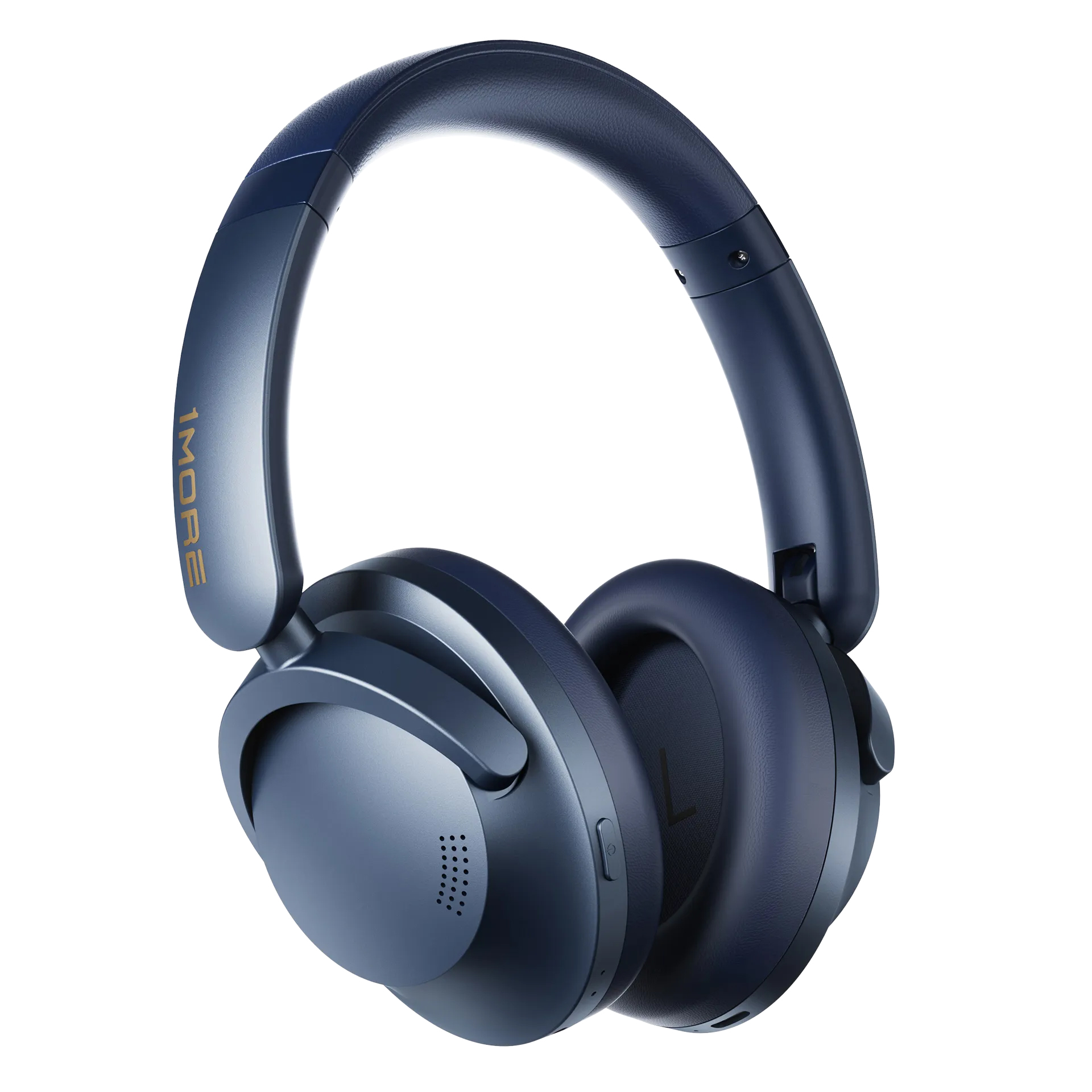
The best cheap wireless headphones
If you're after strong sound, ANC, and impressive battery life without breaking the bank, the 1More SonoFlow Pro HQ51 cans are a no-brainer. While the audio won’t rival premium models, for under $100, they punch way (way!) above their weight.
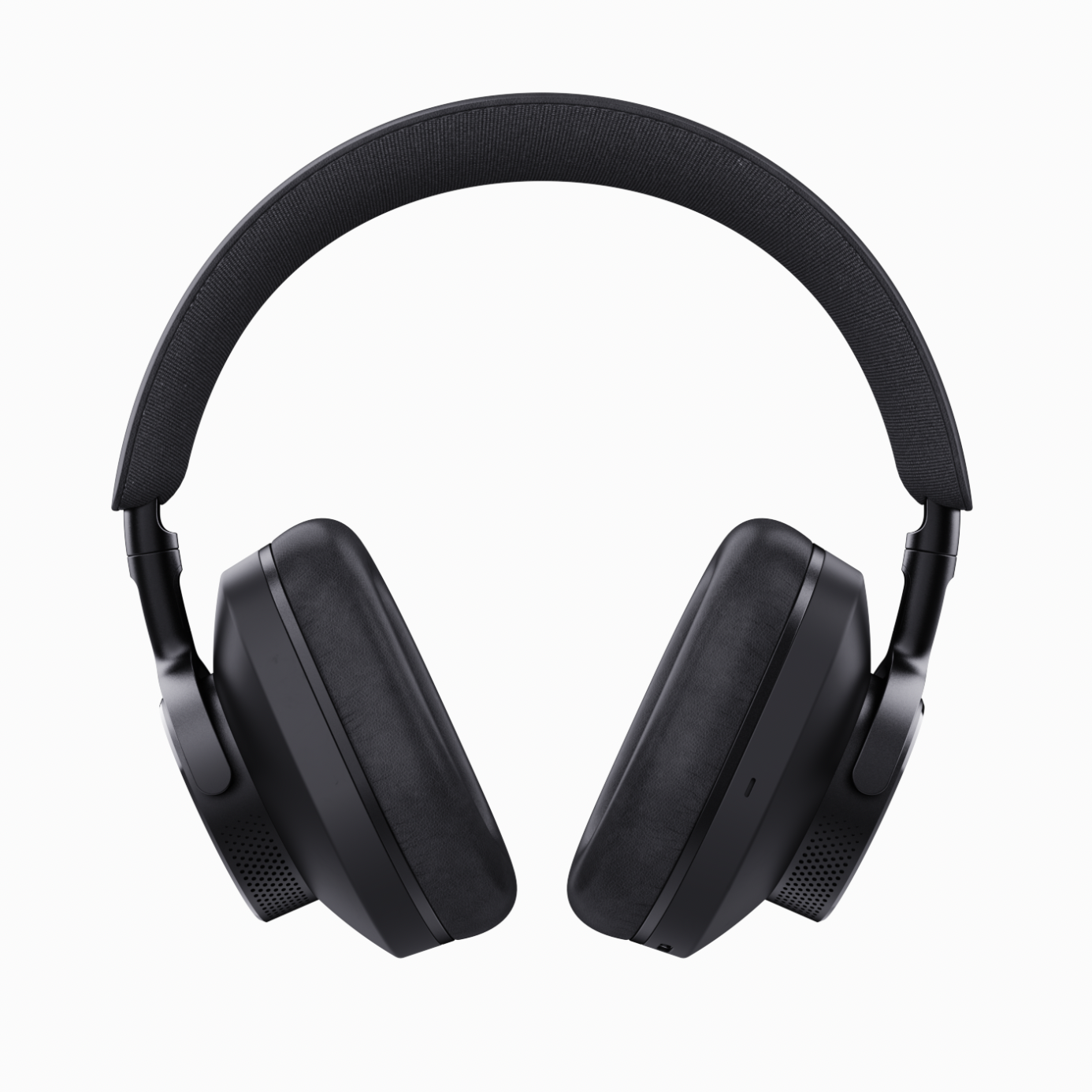
The best higher-end, higher-spec wireless headphones
Packed with high-end features, excellent, expansive sound and an amazing 100 hours of battery, these are our top choice for overall quality at a higher price.
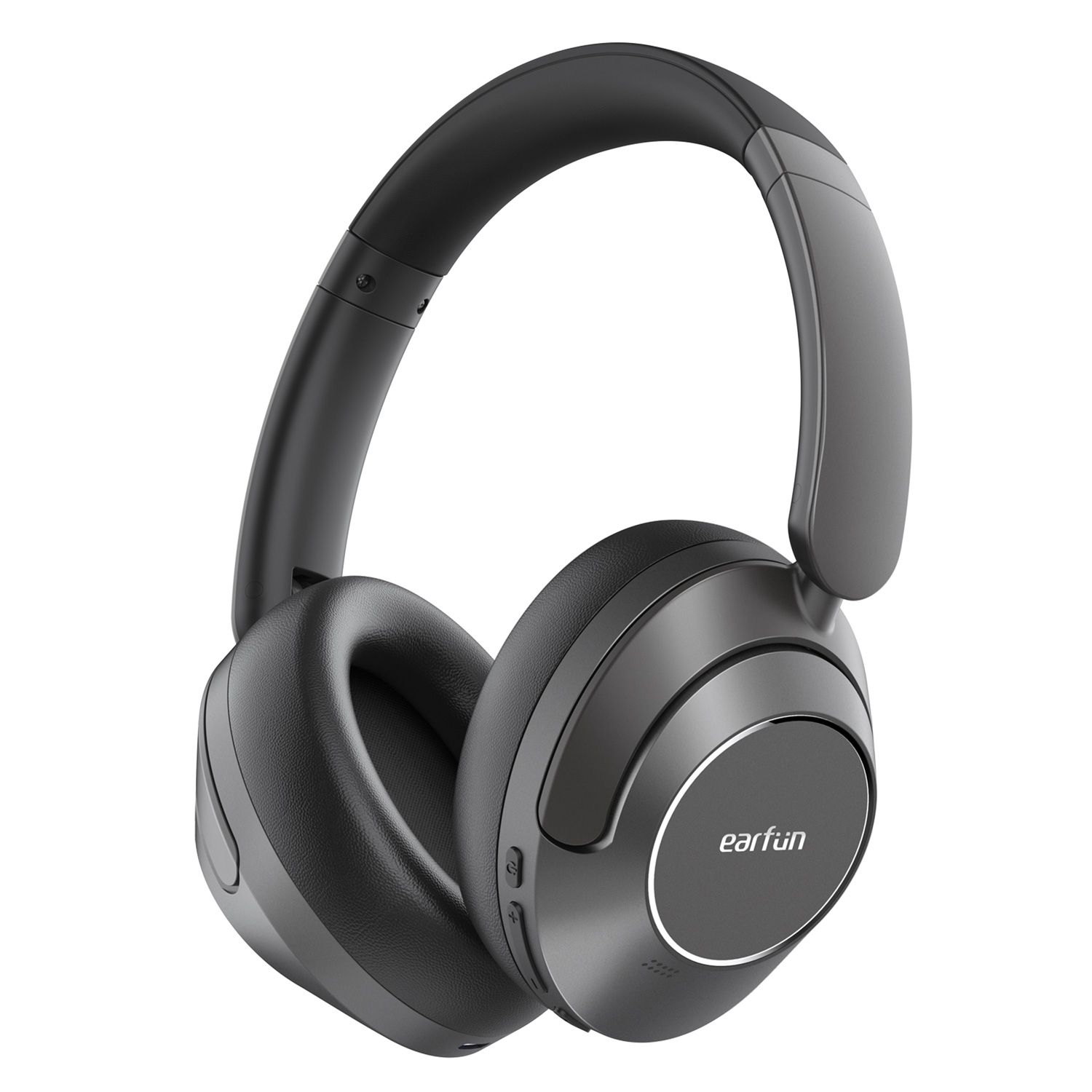
The best cheap noise cancelling wireless headphones
Giant battery life, good noise cancellation, solid sound quality, and high-quality construction… what more can you want from a pair of very affordable headphones? These are superb.
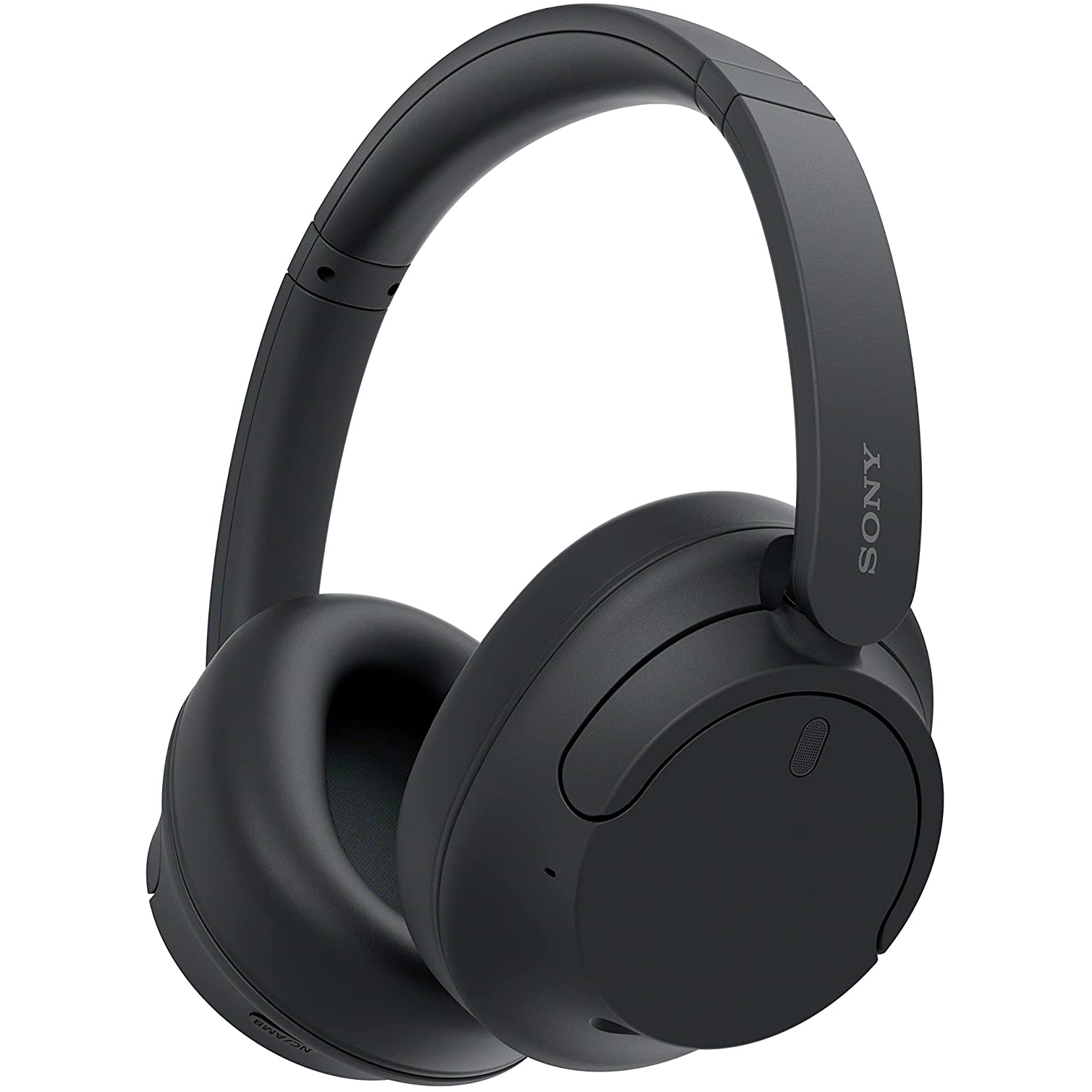
The best mid-priced wireless headphones
Great sound balance, strong detail, solid active noise cancellation, useful smart features and a very light and comfortable design make these great value.
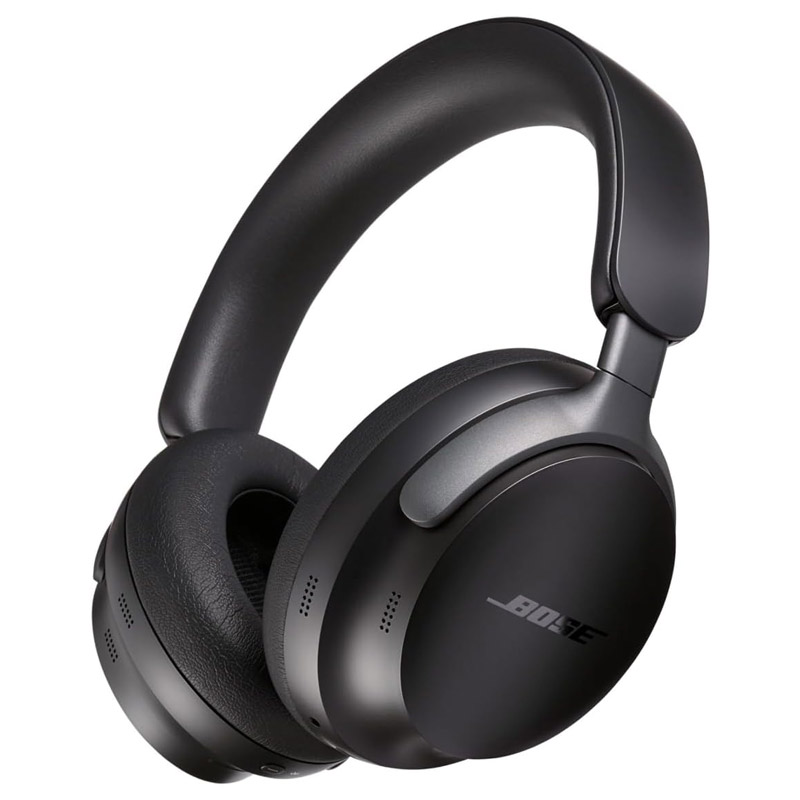
The best headphones for noise cancellation
These have the best active noise cancellation you can get in any headphones right now, and the audio quality is exquisite too. They're pricey, but worth it.
Load the next products...
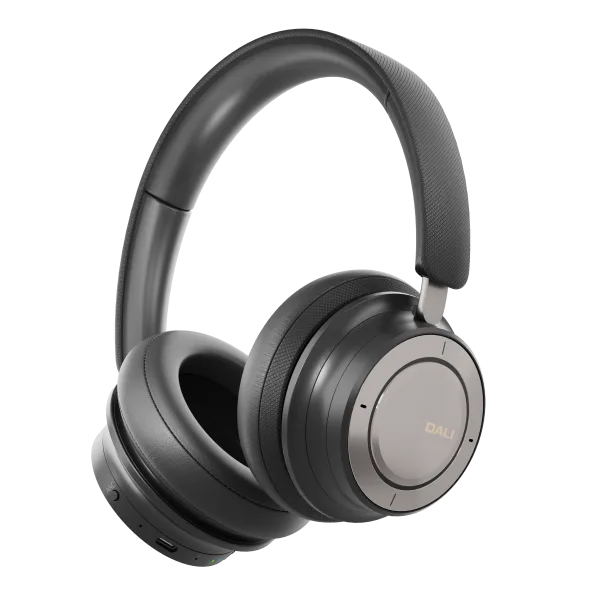
The best headphones for sound
These are high-end headphones through and through. They look good, feel good, have a premium build and sound amazing. Expect a detailed, expansive listen that makes all of your favorite music shine, whichever genre is your favorite.
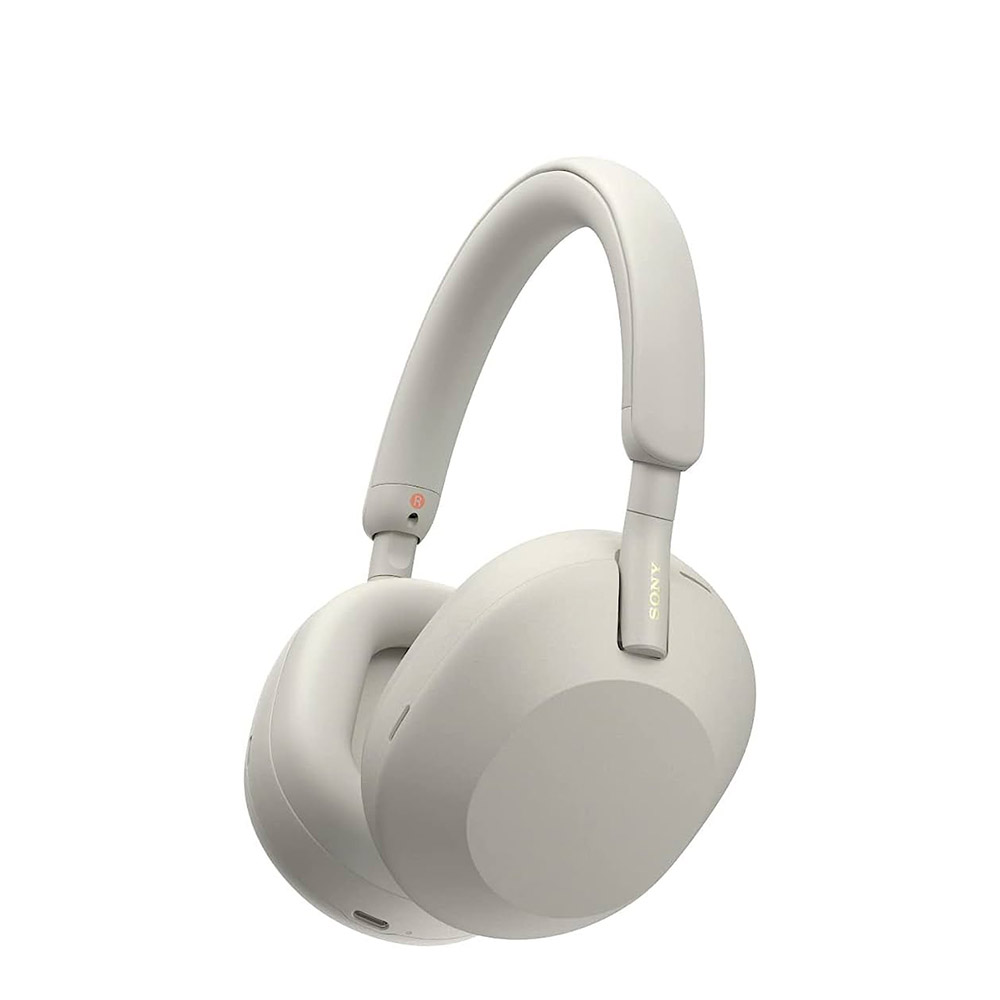
The best wireless headphones for big Sony fans
For a lot of people, Bluetooth headphones means Sony, and these offer its best active noise cancellation and sound, though for a slightly high price.
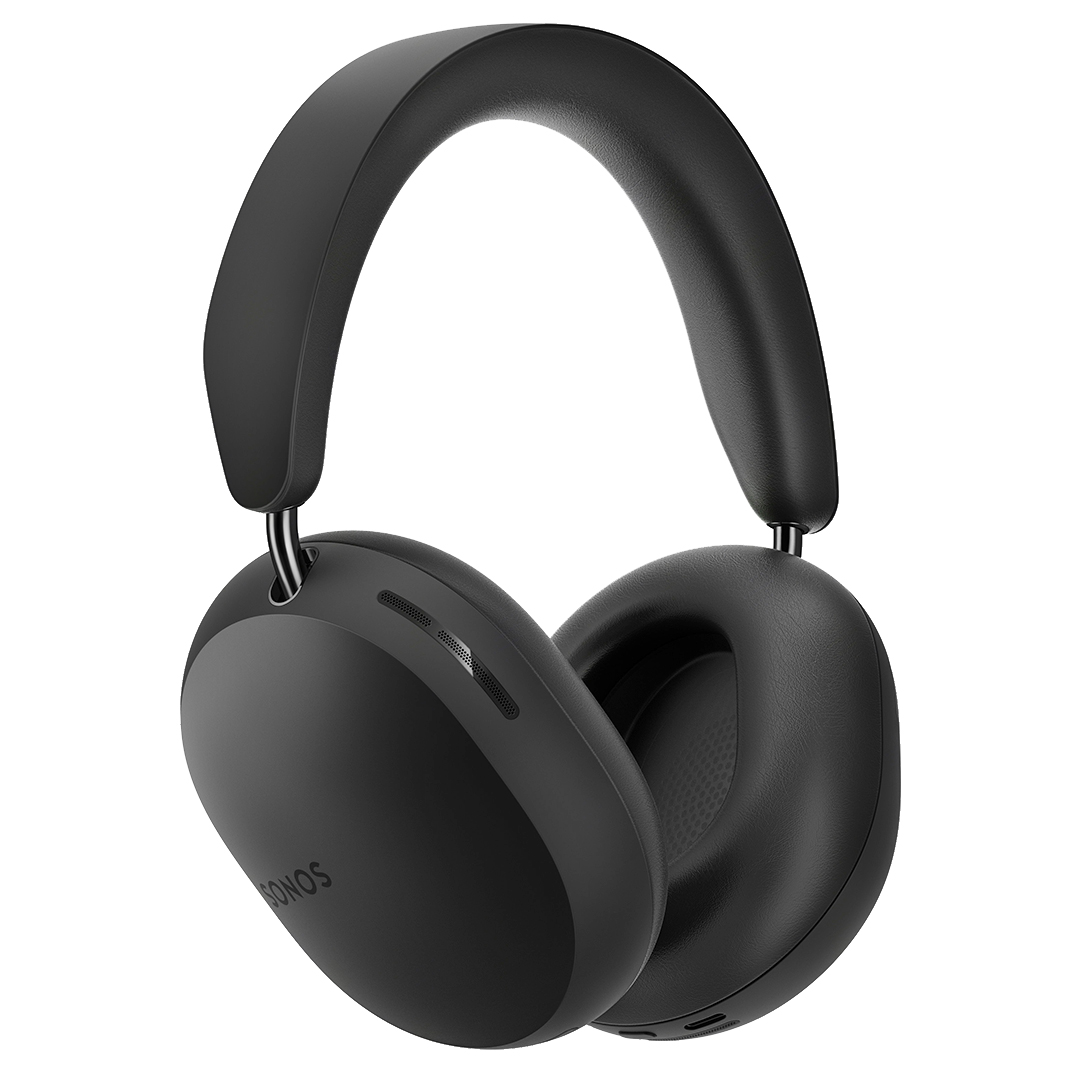
The best wireless headphones for movies
Not the best-sounding headphones in this guide, but they're our top pick for movies because they sound great when listening in spatial audio with fantastic Dolby Atmos sound.
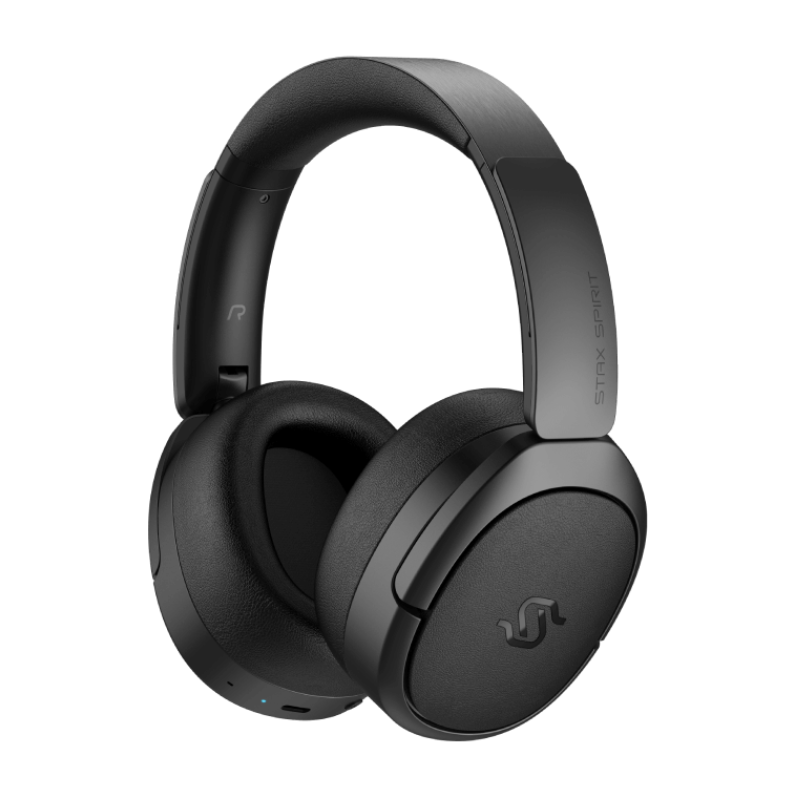
The best planar magnetic wireless headphones
Edifier's flagship wireless planar magnetic headphones are an audiophile dream. They have great wireless features and battery life, but no ANC, at a similar price to Bose, Sony and Sennheiser cans.
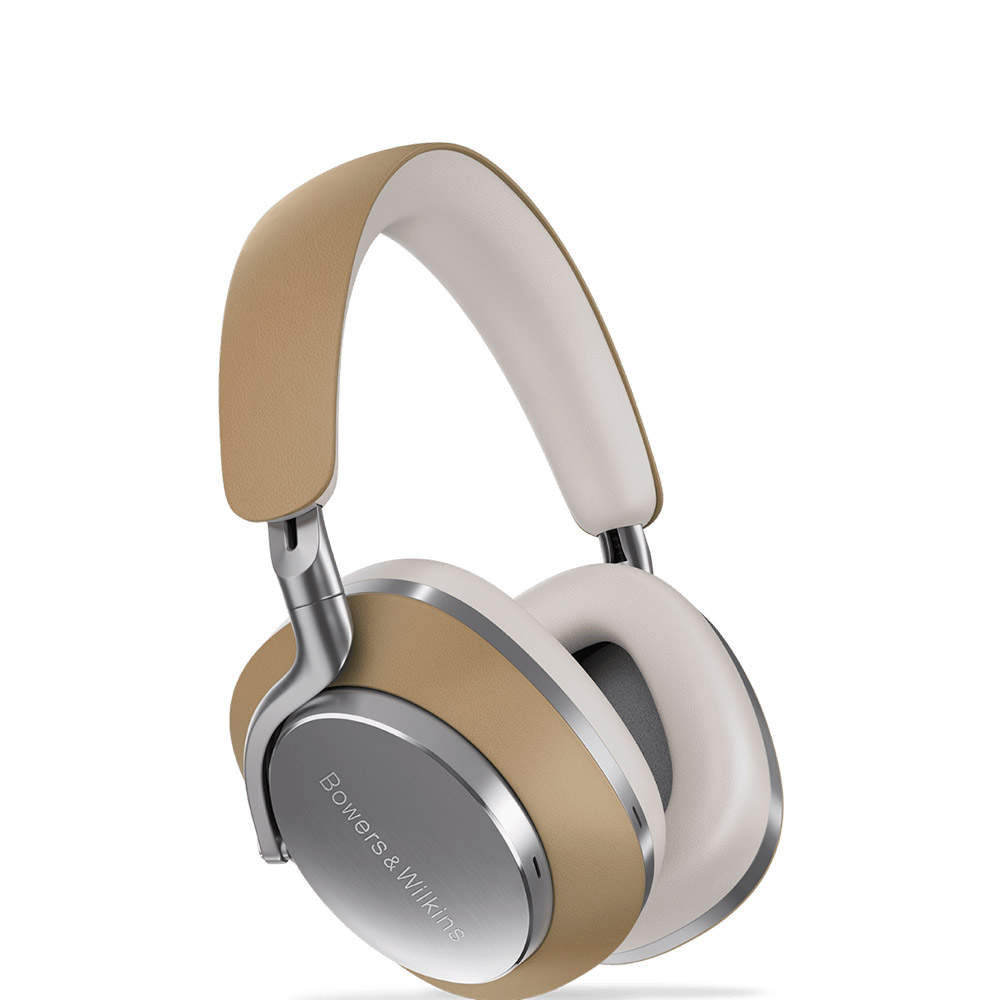
The best wireless headphones for luxe design
These deliver awesome detail and balance, and pretty good ANC along with other smart features. As do lots of other cans here, but the PX8 look and feel a cut above.
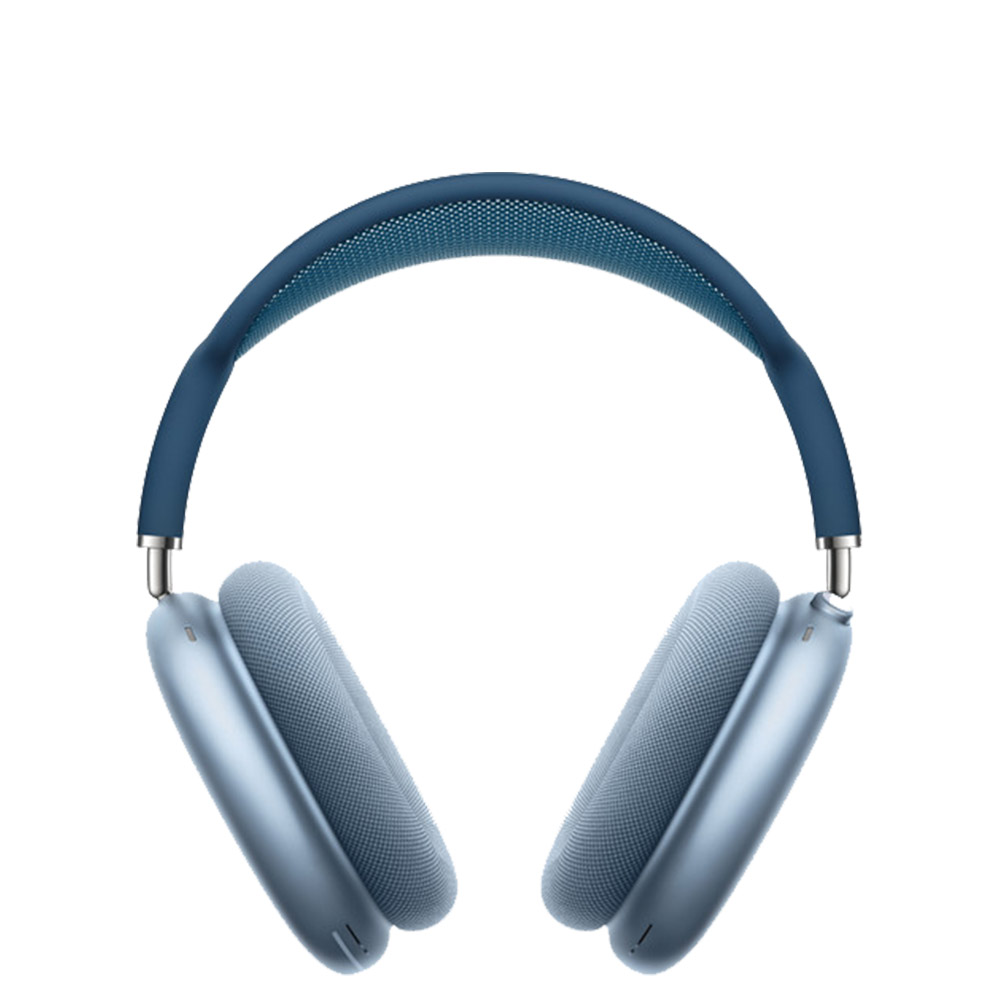
The best Apple wireless headphones
These are fantastic-sounding headphones with excellent features unique to iPhone, including spatial audio. But they're extremely high-priced.

I've reviewed over 150 audio products since becoming a tech journalist, ranging from super-budget headphones to high-end Hi-Res Audio music players. Before joining TechRadar, I spent three years at What Hi-Fi? testing everything the world of audio had to offer; before that, I was a professional dancer. My love of music ties it all together.
Recent updates
April 11, 2025
Refreshed the introduction and added a link to our best open earbuds guide. Switched the Sony WH-CH520 for the 1More Sonoflow Pro HQ51 as our 'best budget' pick based on our recent testing.
The best wireless headphones for 2025
Why you can trust TechRadar
The best wireless headphones overall
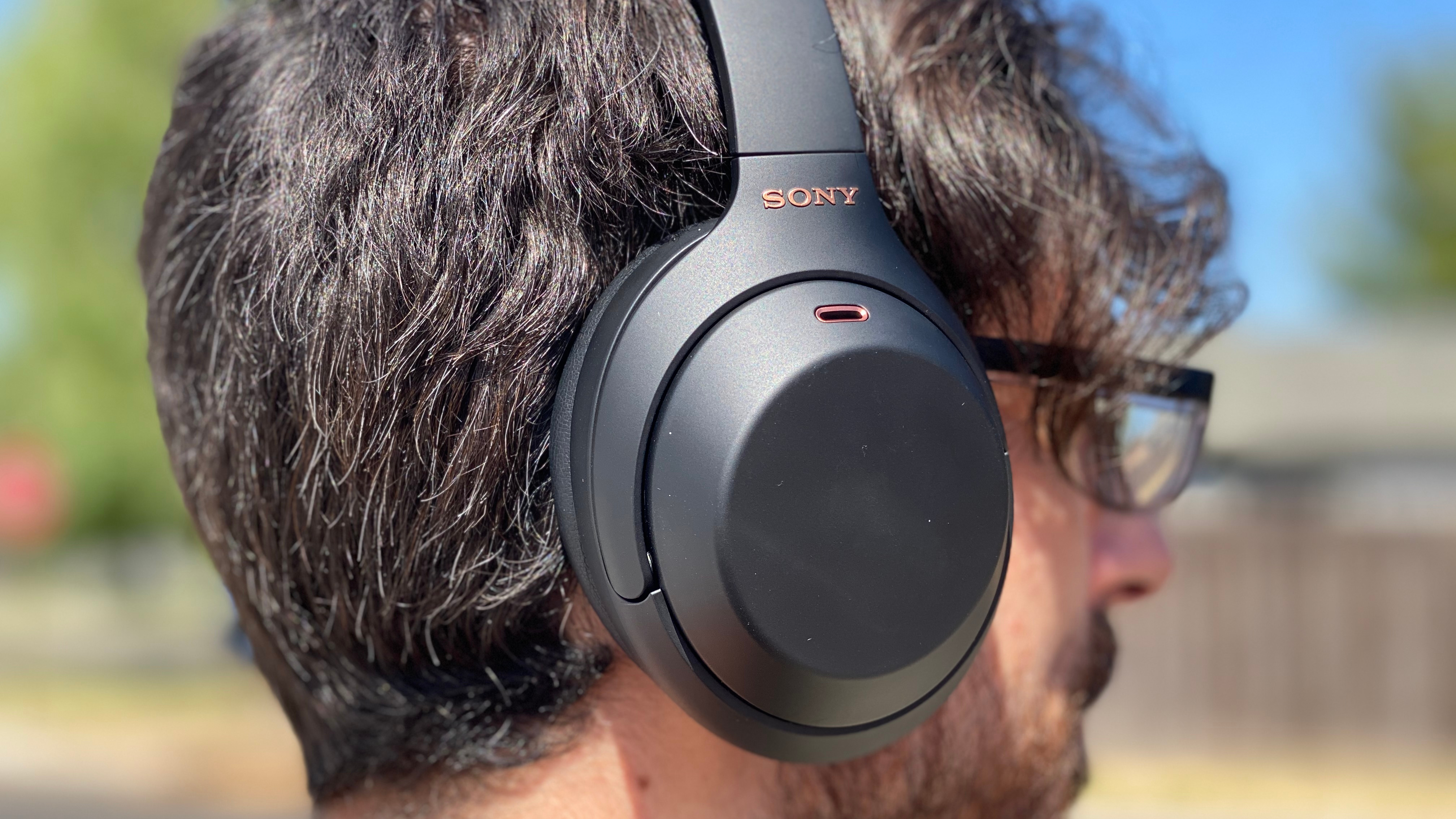
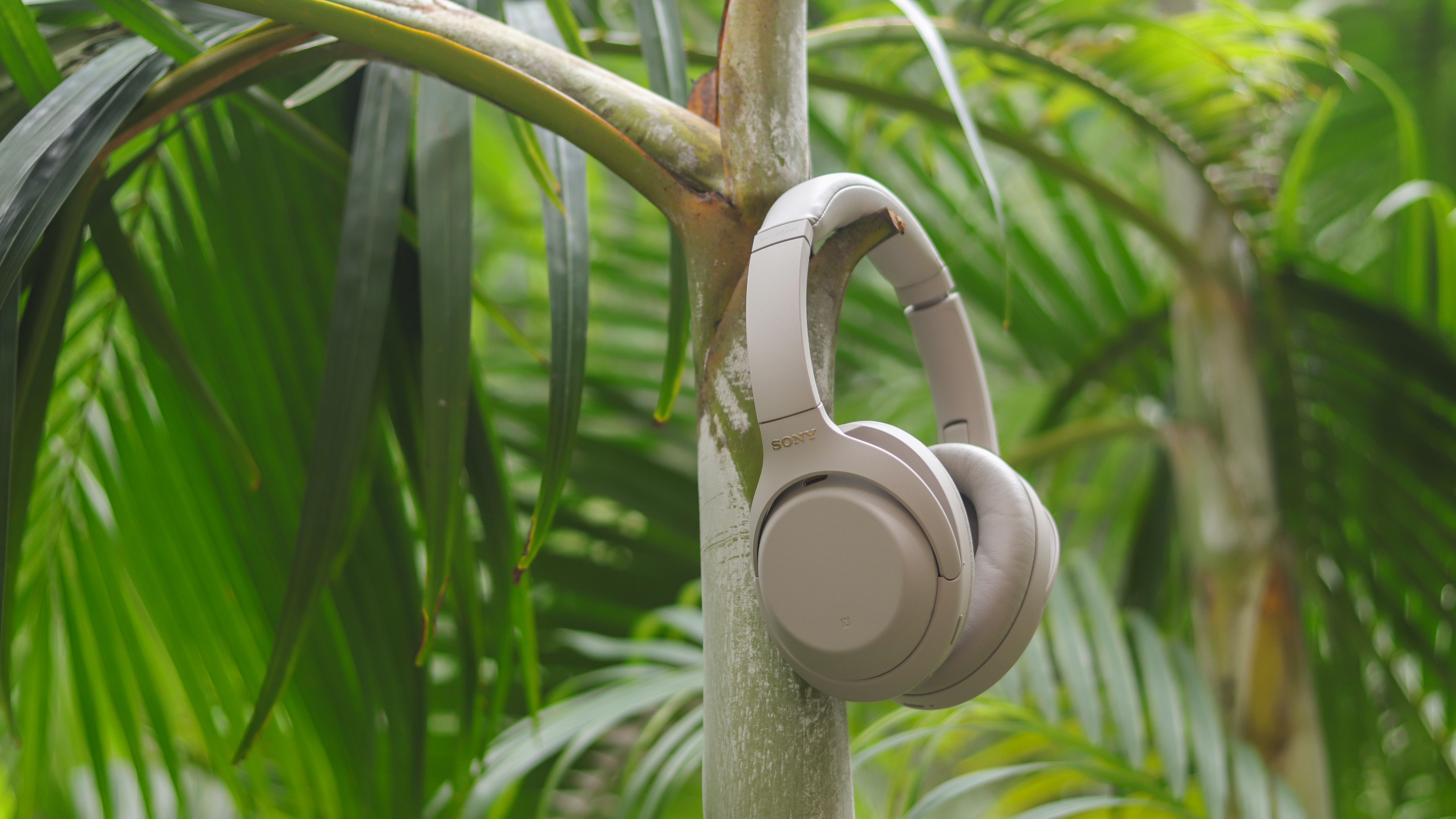
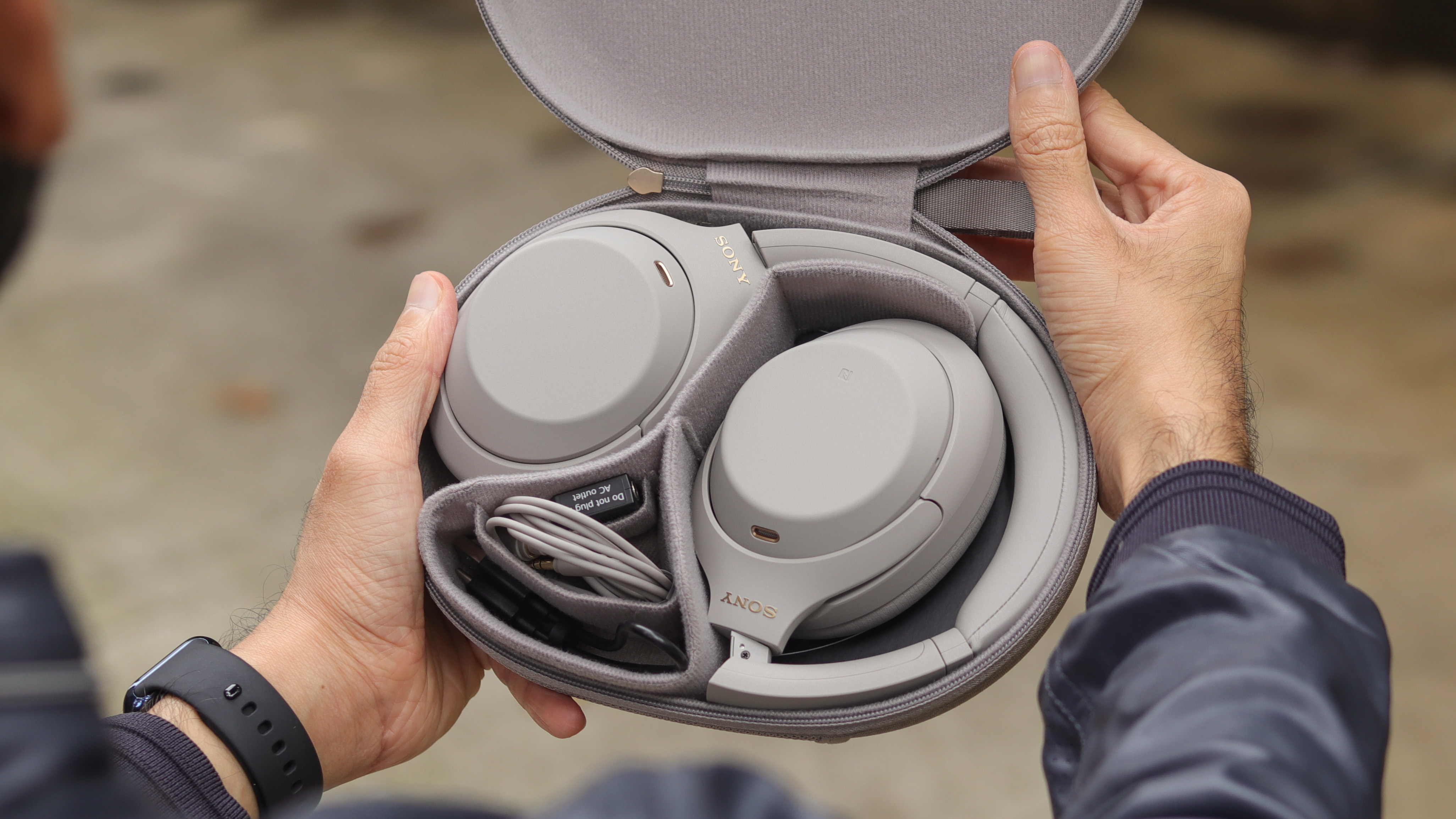
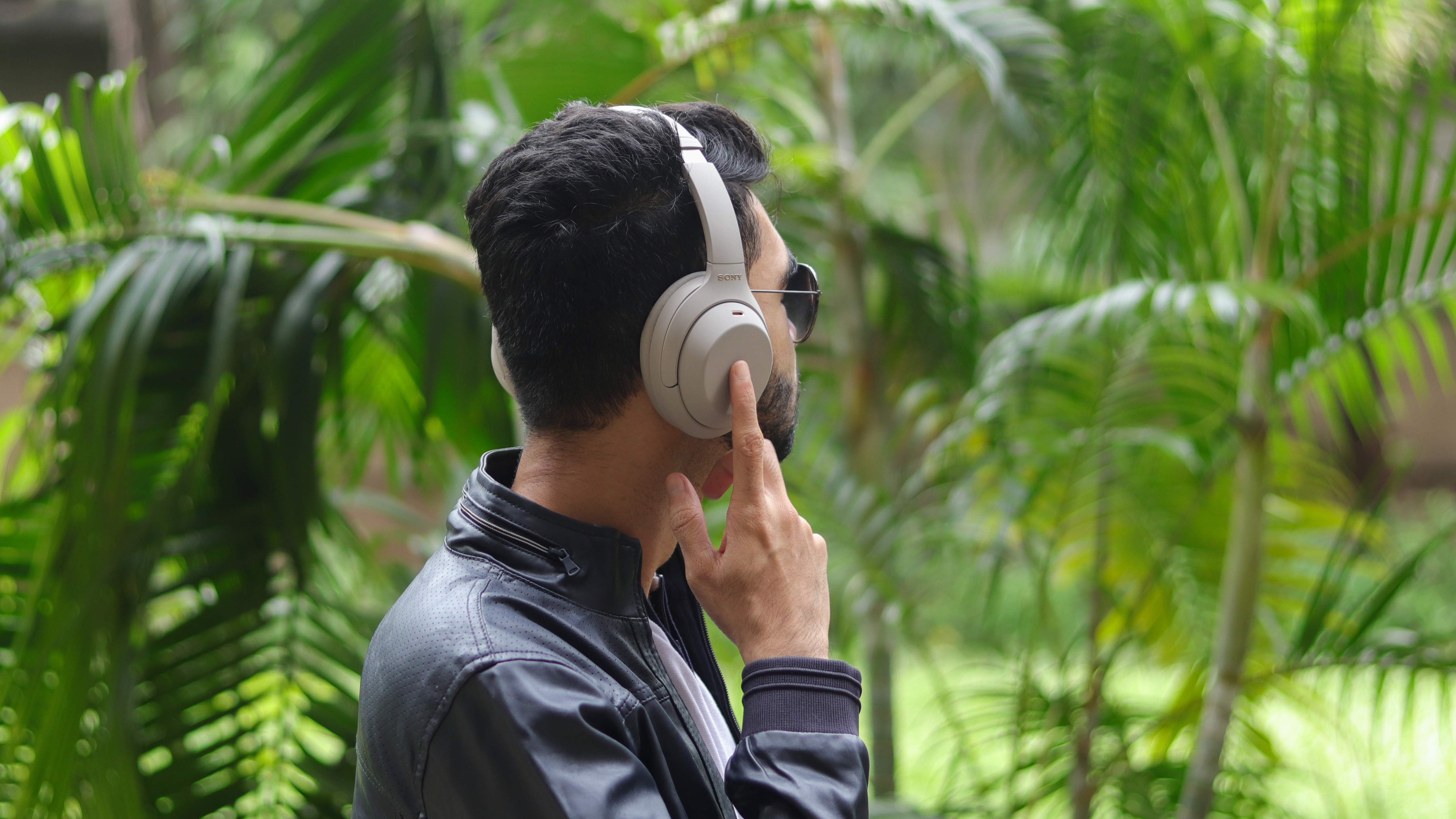
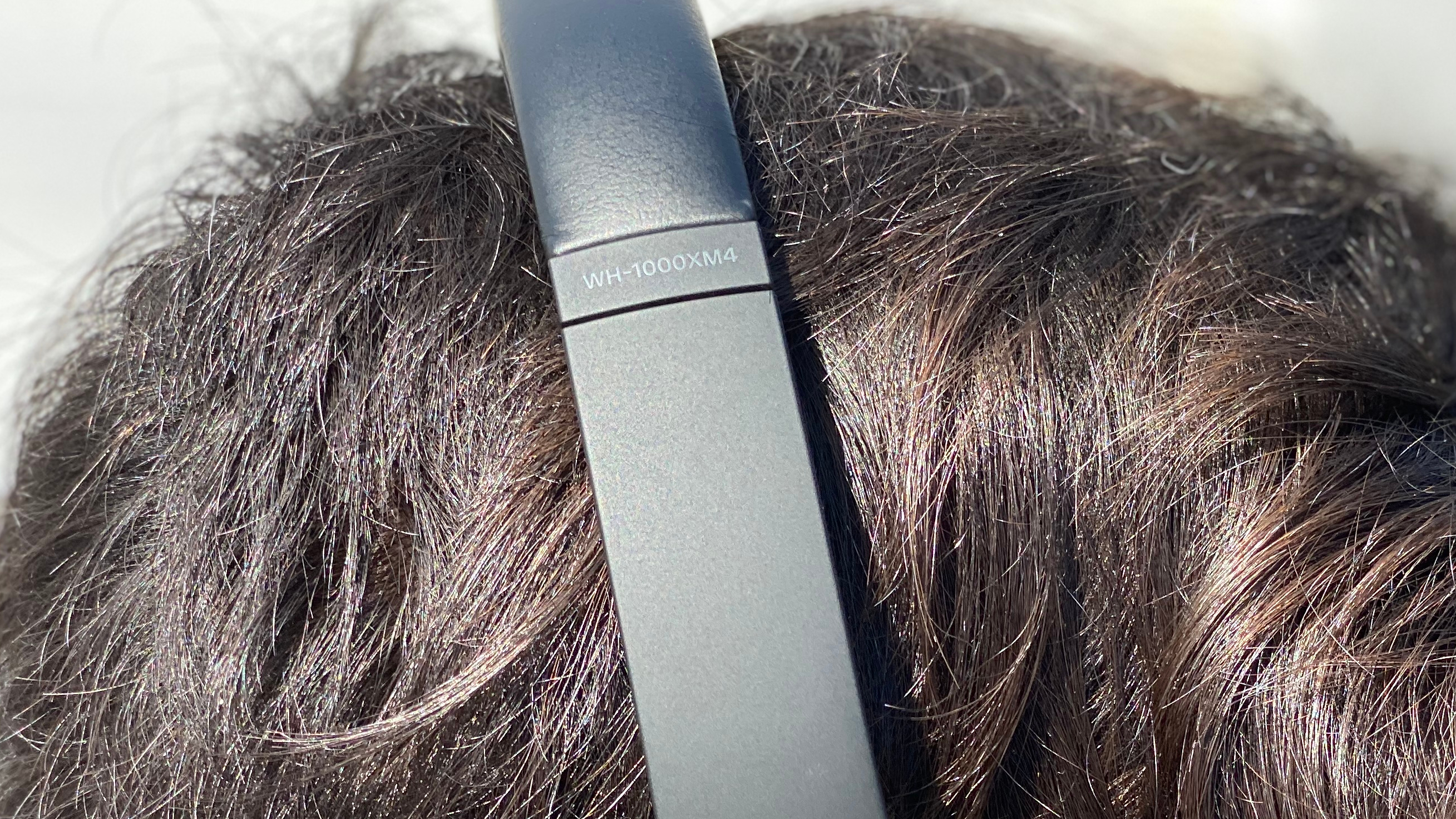
Specifications
Reasons to buy
Reasons to avoid
✅ You want excellent ANC: These are easily some of the best noise-cancelling headphones on the market.
✅ Audio is just as important as ANC: You don't need to pick between quality sound and quality noise-cancelling, you get both here in spades.
❌ You want them for conference calls: They're not bad on calls, but you'll find better clarity elsewhere.
❌ You don't like tinkering with apps: You'll need to tweak settings in the app to get the most of these headphones.
You might be surprised to find the Sony WH-1000XM4 at the top of this list. After all, they’re old now. The newer WH-1000XM5 are at no #8 in this list and are our high-end Sony headphones pick. But the fact the XM4s are still our top choice really is a testament to how good they are. We still rate them because they’re simply better value for the vast majority of people. One of the main reasons is because they’re often reduced. But they’re only our top pick if you can find them for under $200/£200. If not, go with the Cambridge Audio Melomania P100 at no #3 in this list instead.
Why do the Sony WH-1000XM4 headphones still top this list years after launch? For starters, the noise cancelling on offer here is top notch, nixing noise in all sorts of environments. What’s more, the sonic performance delivered during every step of our testing. In our review, we wrote the sound here is “warm and balanced,” with a “clear and powerful bass”. That’s what’s important after all. But they really are the whole package, with a comfortable design that’ll do for long periods of listening, thanks to a lightweight design. Now, there’s no denying that the newer XM5s do many of these things too, and better, but they also cost much more. So again, it’s about the XM4s being the best value and the most common sense pick for right now.
What’s more, they’re also packed with features, including support for the LDAC codec for CD-quality audio (assuming your phone supports it), as well as location-based noise-cancellation modes, which were really handy during our testing. You’ll also find Sony's 360 Reality Audio tech for spatial audio from compatible sources. The only thing that’s notably missing is aptX compatibility – and even that feels like nit picking.
These headphones aren’t ideal for working out, they stay put generally but not with lots of movement and there’s no water-resistance rating, which doesn’t make them a good choice for sweating. However, if you can find the XM4s discounted, they still remain an excellent choice.
Read our full Sony WH-1000XM4 review
Sony WH-1000XM4 score card
Attributes | Score |
|---|---|
Sound | 5/5 |
Features | 4/5 |
Design and comfort | 4.5/5 |
The best budget wireless headphones
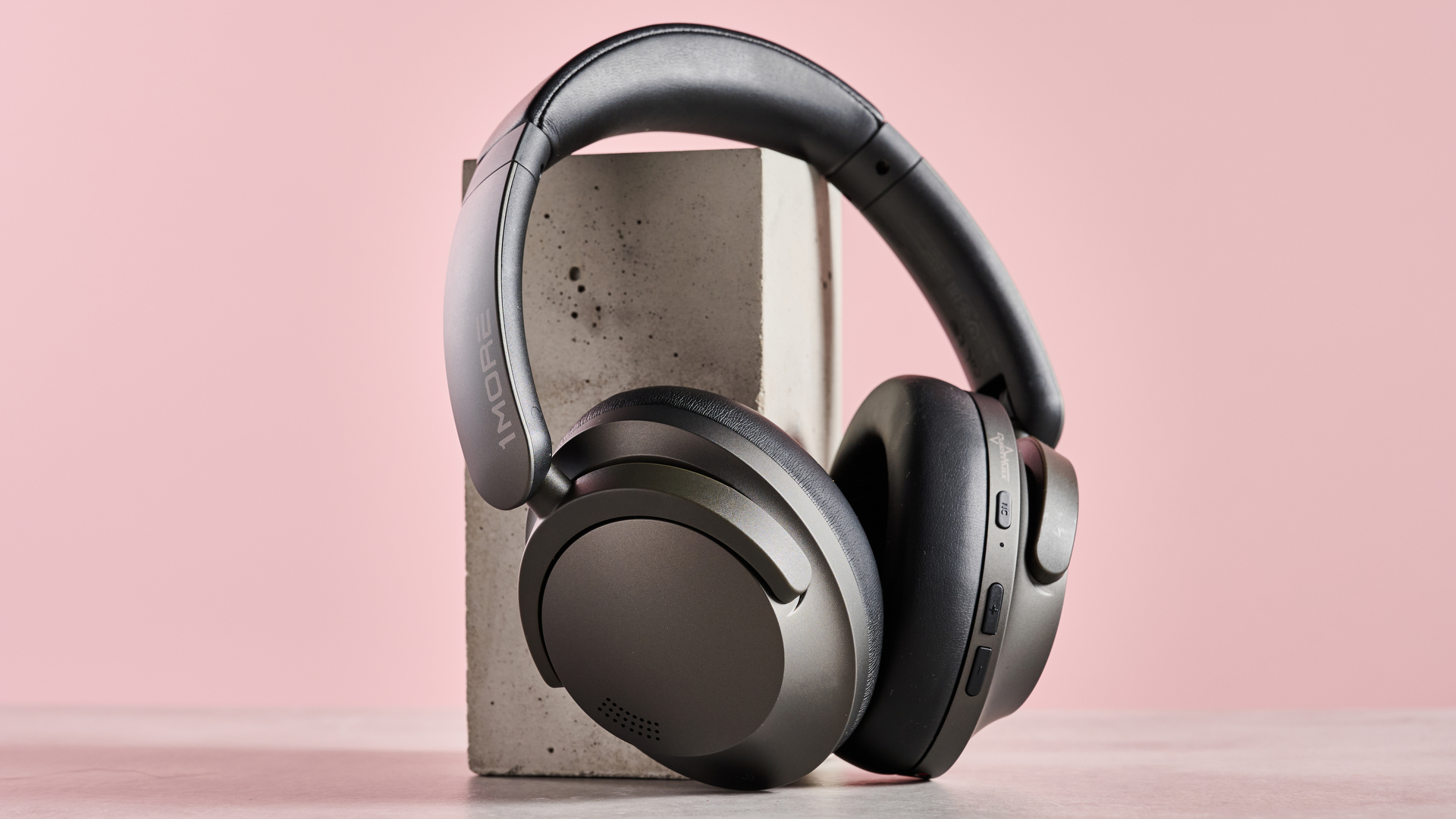
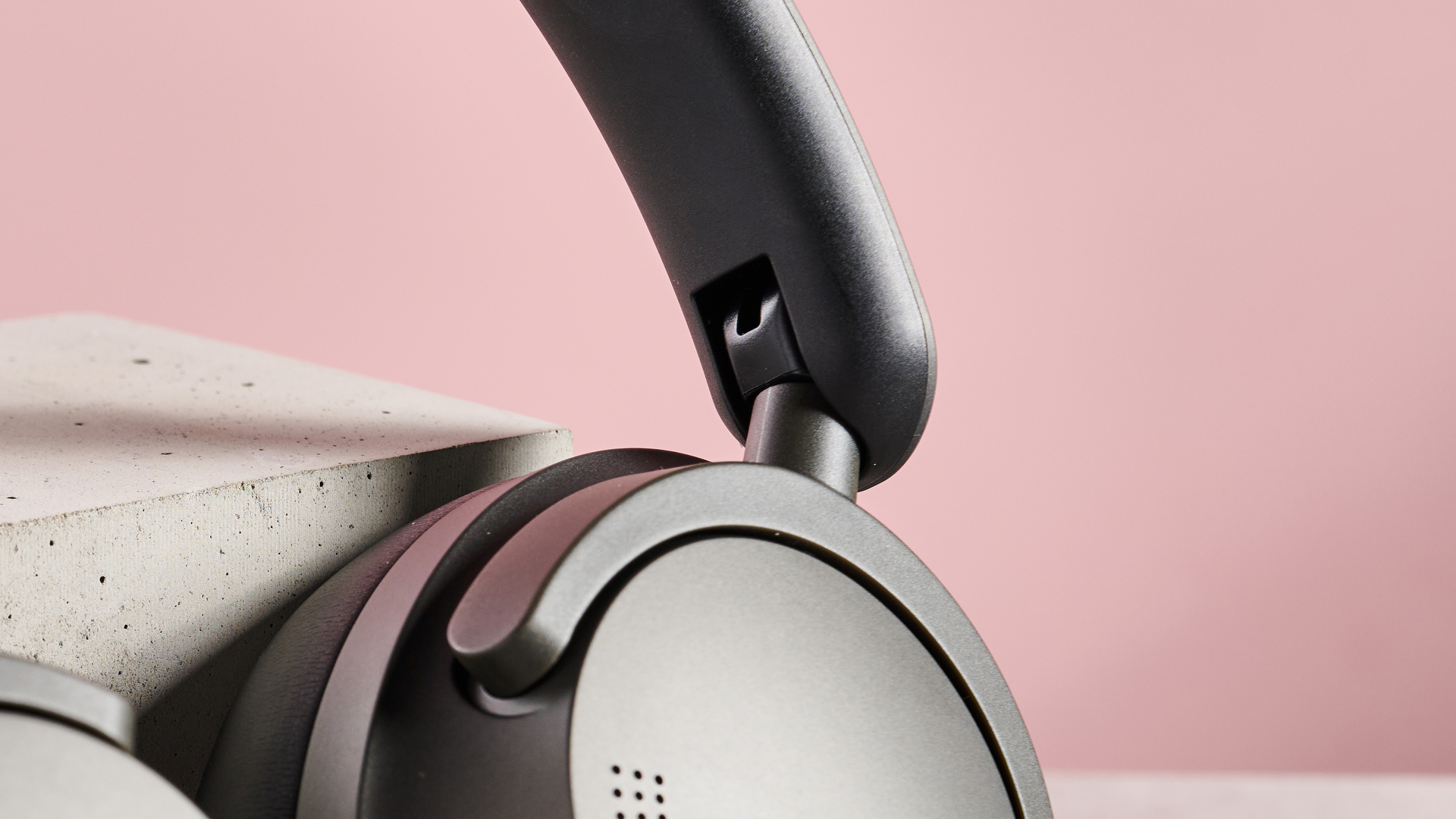
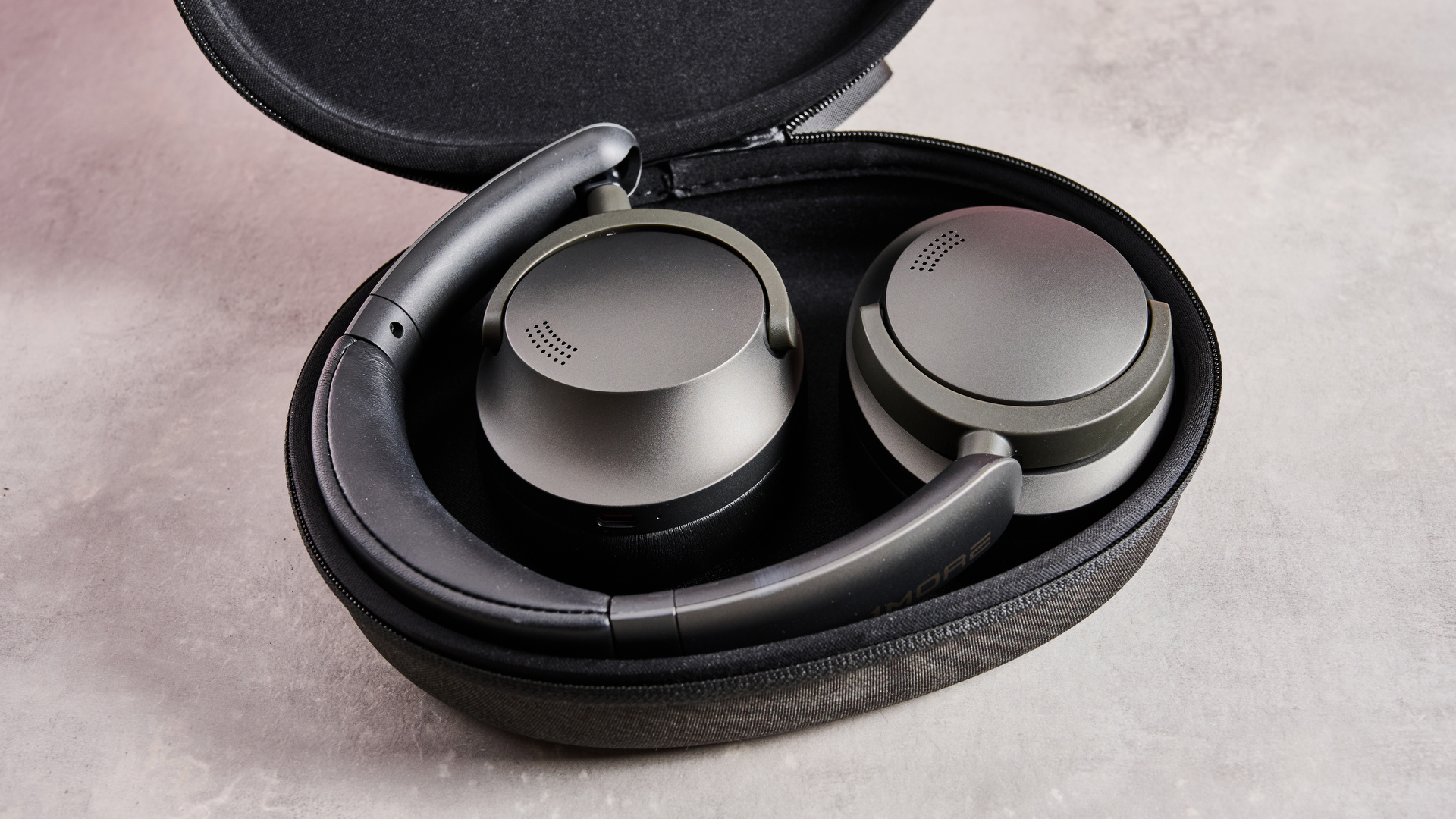
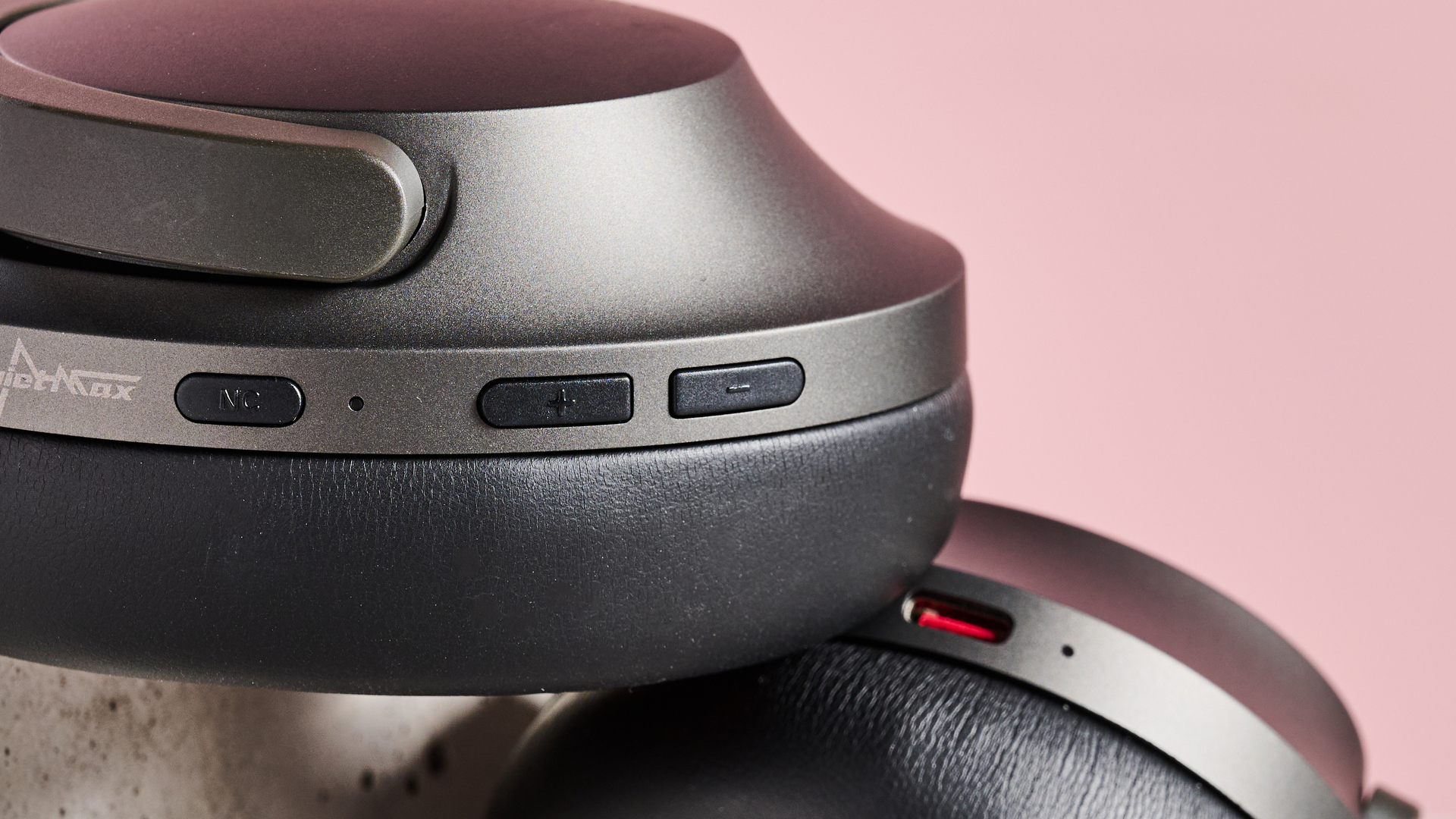
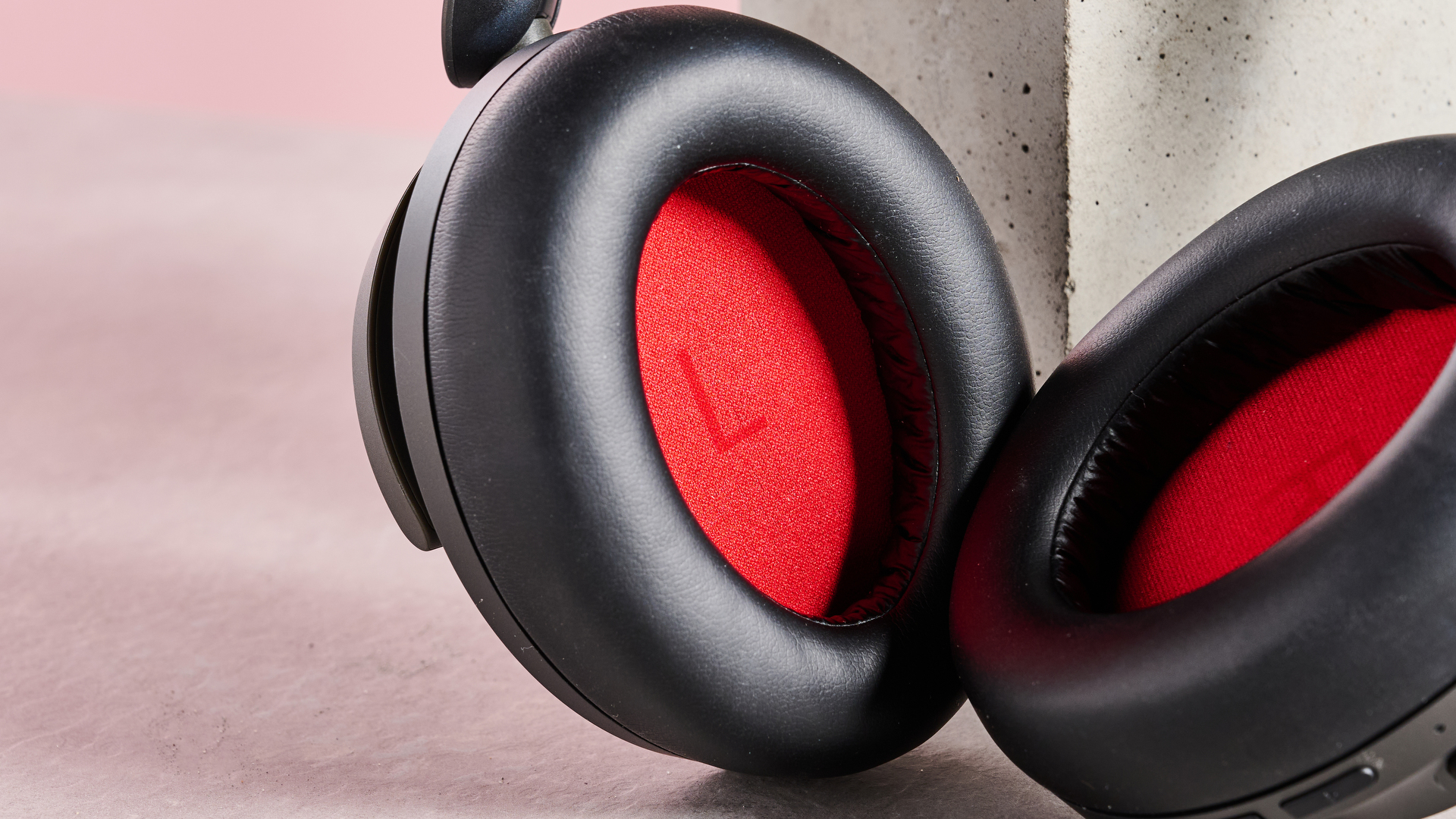
Specifications
Reasons to buy
Reasons to avoid
✅ You want affordable ANC: It doesn't meet Bose levels of good, but it's surprisingly effective, especially for the price.
✅ You want solid all-rounders on a budget: All of this for under $100 is excellent value and they're sometimes reduced even more.
❌ You want top-tier sound: Audio quality here is surprisingly good for the price, but it won't compete with higher-end models.
❌ Build quality matters to you: They'll do fine but they don't have that premium finish and feel that you'd find from pricier alternatives.
The 1More SonoFlow Pro HQ51 headphones are a rare find. They’re a pair of budget-friendly cans that don’t ask you to make major sacrifices. They may not reach the dizzying heights of premium audio or build quality that you’ll get from more expensive rivals, but they still manage to tick almost every box – and that’s exactly why they’re our top pick for anyone after affordable headphones that really deliver.
Design-wise, they’re sleek and modern, with a subtle matte finish and earcups that angle slightly forward for a more sculpted, futuristic look. There’s generous padding on both the headband and earcups, which makes them seriously comfortable for long listening sessions. Sure, the button controls feel a little plasticky and the headband isn’t the most robust we’ve seen, but at this price, that’s expected, and easy to forgive.
Audio performance is solid across the board. These headphones lean toward a bassier sound signature, which makes them particularly good for fans of dance, hip-hop, and pop. But it’s not all about the low end, the sound remains clear and free of tinniness, even at higher volumes. And if the bass feels a little too bold, you can easily tweak the EQ settings in the 1More Music app to suit your preferences. LDAC support is also on board, which means you can enjoy higher-quality audio if your device supports it.
ANC is surprisingly effective here. While it won’t completely mute the world like a pair of high-end Bose or Sony headphones, it does a great job of dulling distractions like chatter, traffic, or office noise – making these a fantastic option for commuting or working in noisy spaces.
Battery life is another headline feature. 1More claims 100 hours of playback, though that’s with both ANC and LDAC turned off. With ANC switched on, you’ll still get around 65 hours, which is far better than many pricier models can manage.
All in all, the SonoFlow Pro HQ51 headphones deliver on all of the essentials. You get clear, bass-friendly sound, effective ANC, good comfort, and excellent battery life. At under $100 / £100, that’s an impressive combination. There are plenty of affordable headphones out there, but few manage to offer this much for so little – and that’s why these are our go-to budget pick.
Read our full 1More Sonoflow Pro HQ51 review
1More Sonoflow Pro HQ51 score card
Attributes | Score |
|---|---|
Sound | 4/5 |
Features | 4/5 |
Design and comfort | 4/5 |
The best premium wireless headphones
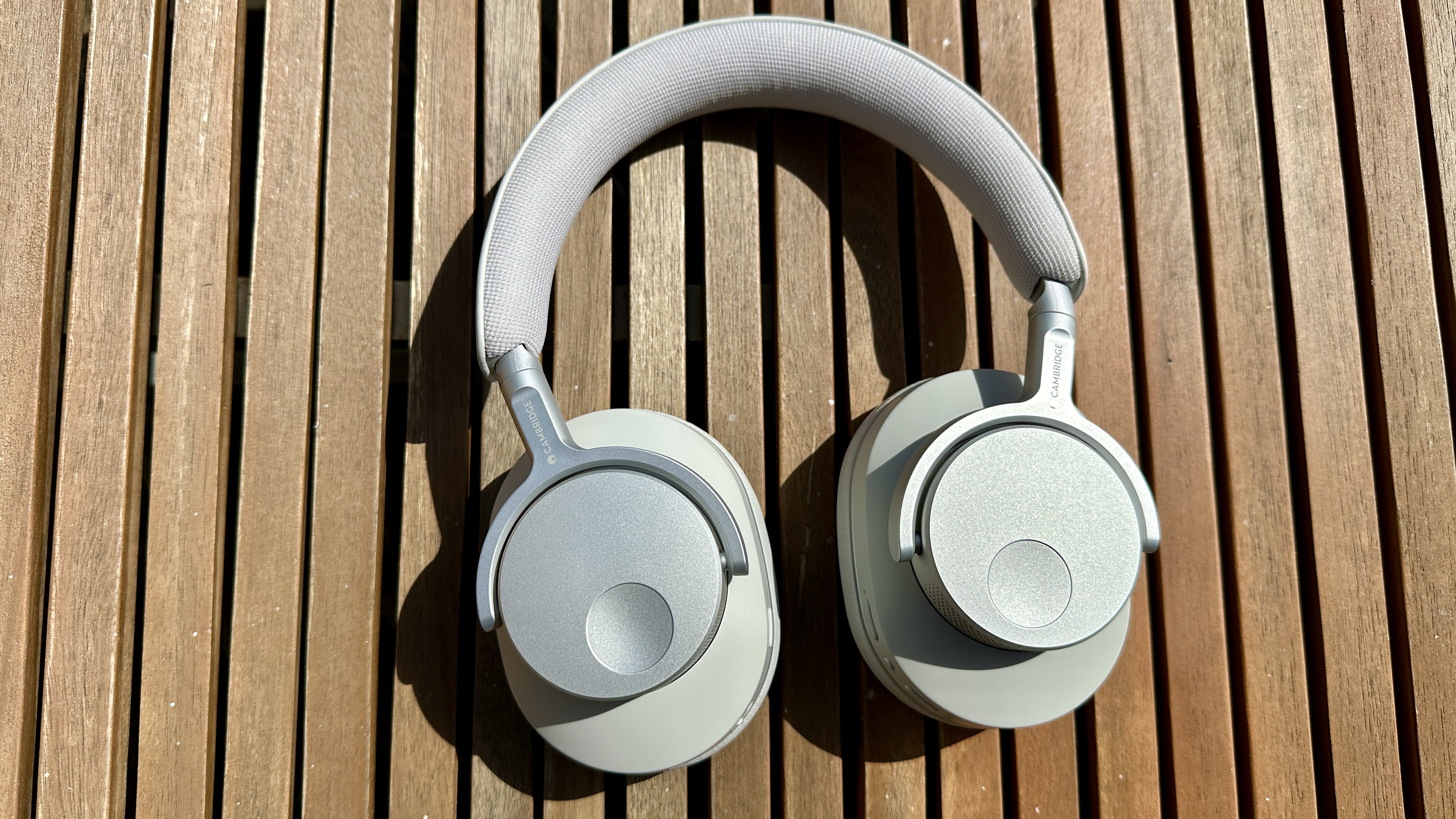
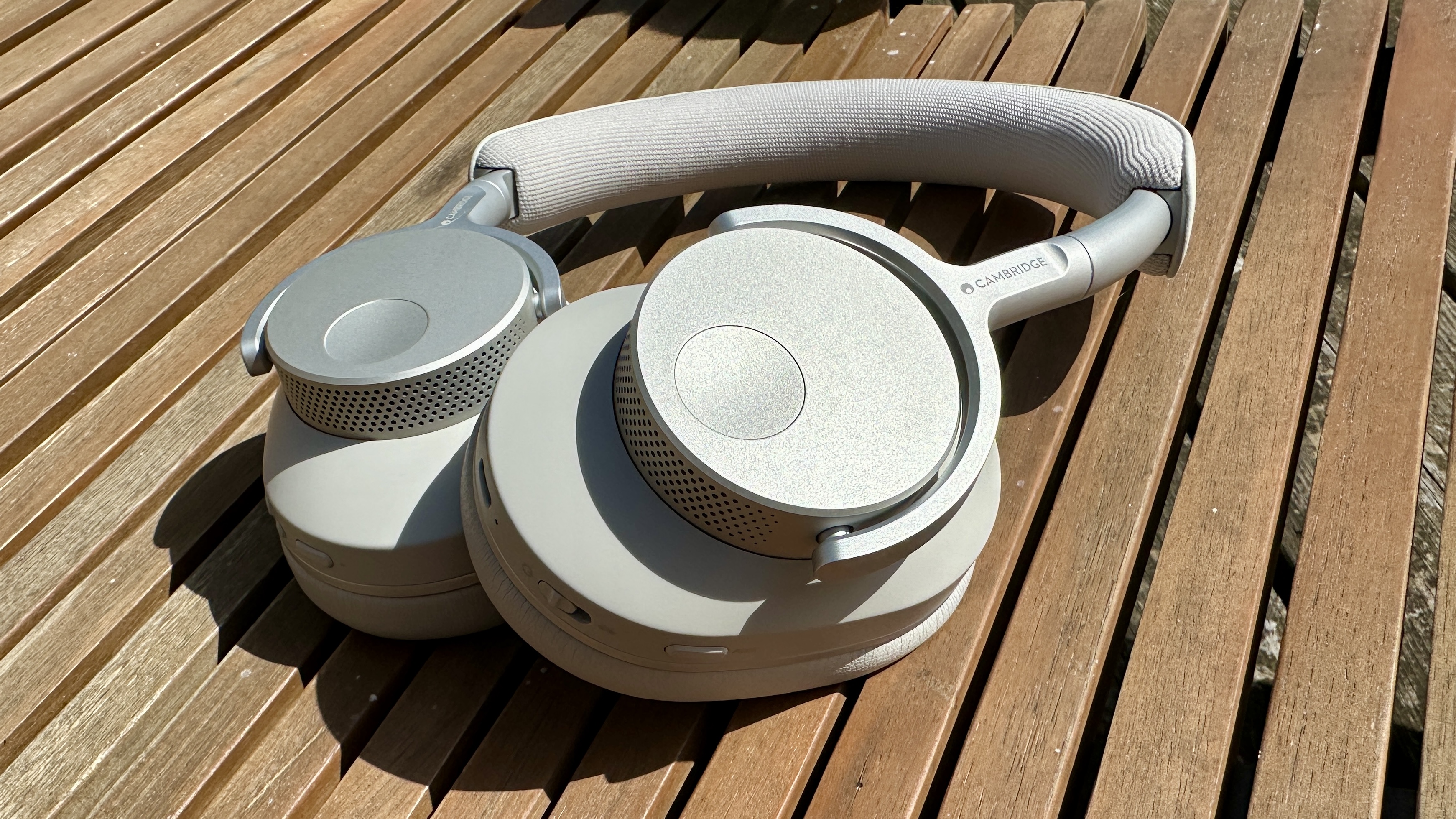
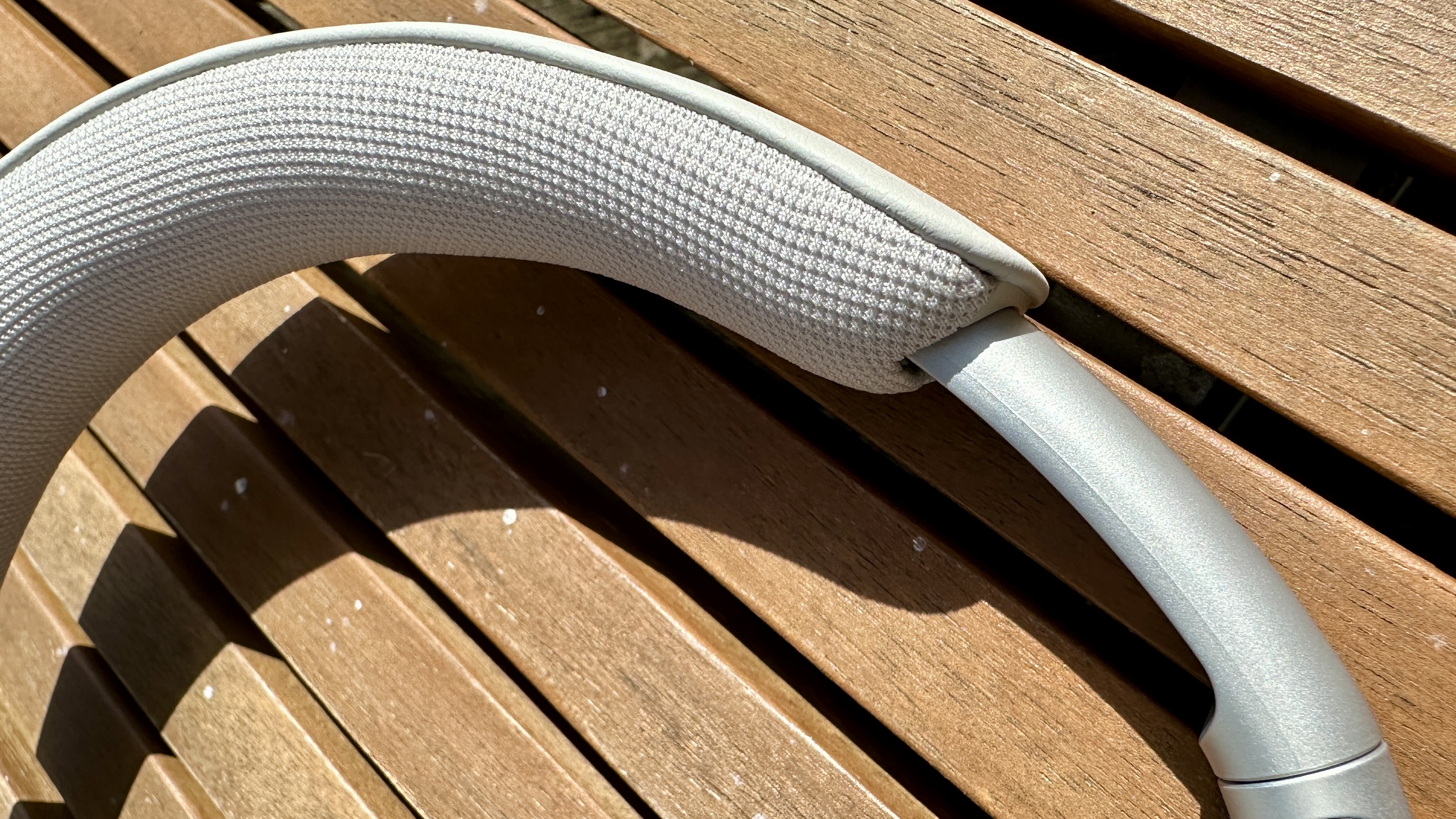
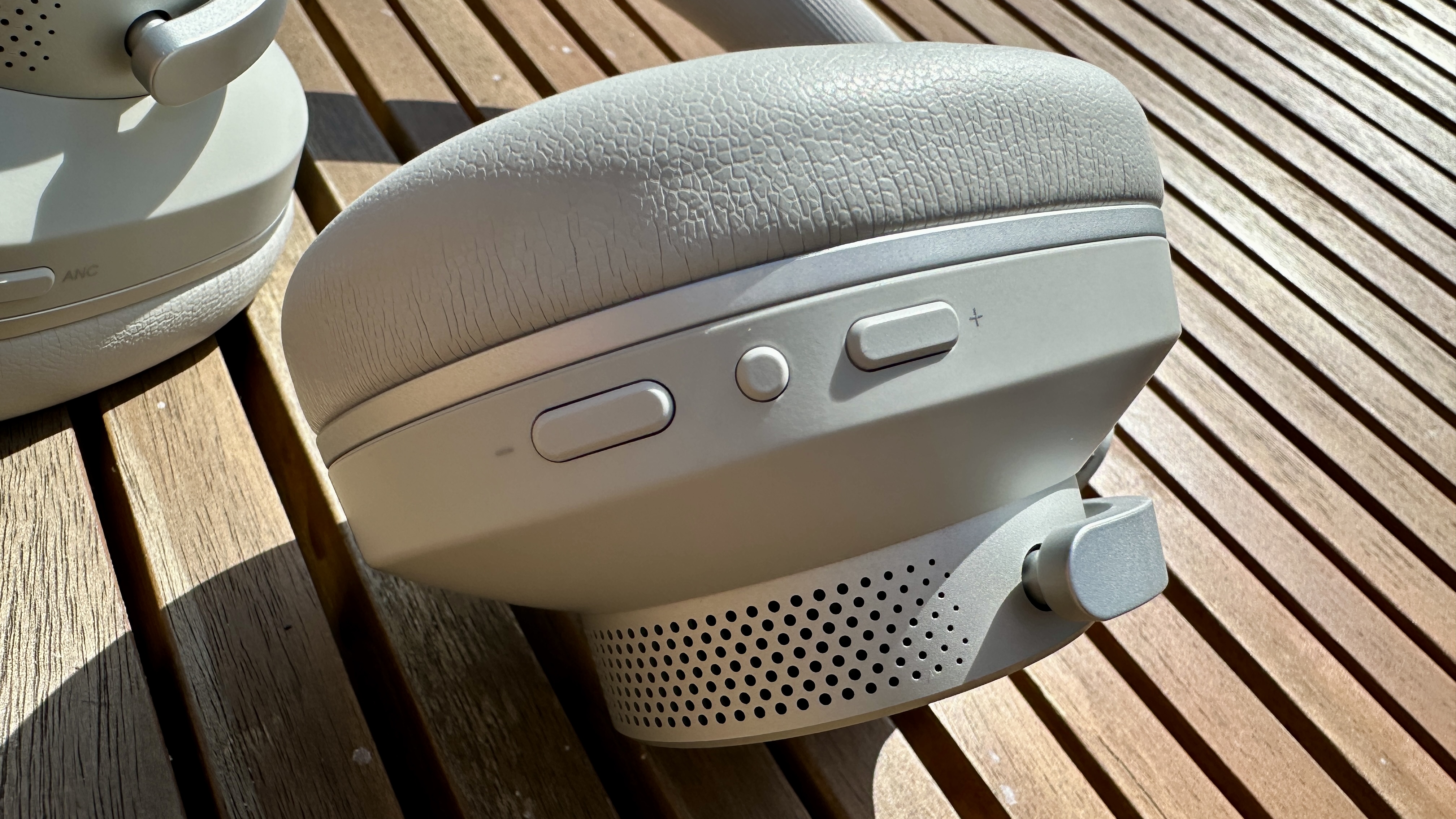
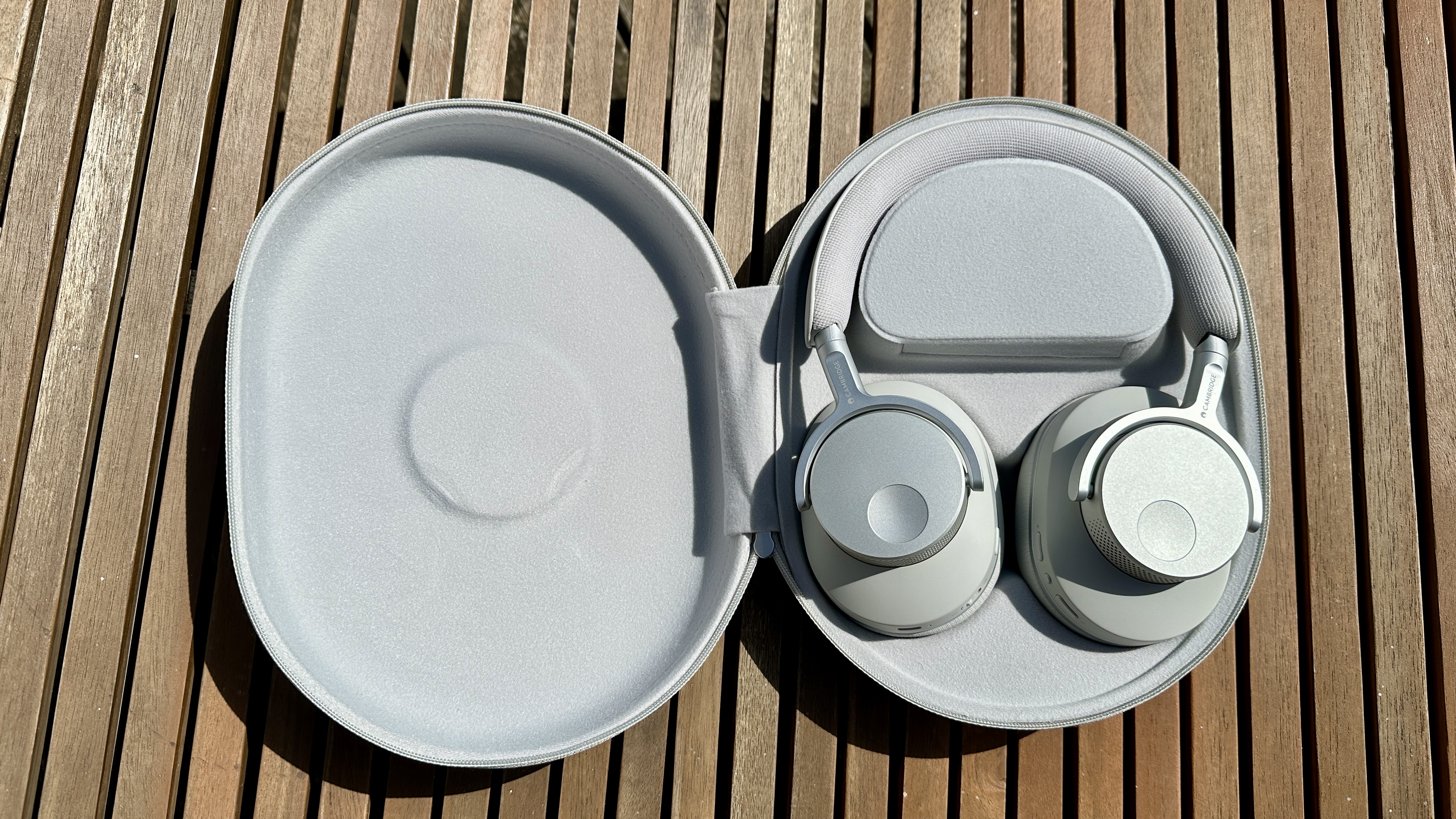
Specifications
Reasons to buy
Reasons to avoid
✅ You want long-lasting listening: With ANC off, you'll get 100 hours of battery. With it on, expect a still great 60.
✅ You like playing around with settings: We highly rated the app here for lots of customization, including EQ settings.
❌ You want excellent ANC: It's good here, but certainly not best-in-class by any means.
❌ You like a compact design: They're not big, but they don't fold up well for travelling like some rivals do.
The Cambridge Audio Melomania P100 headphones received a rare 5 out of 5 rating in our review. Therefore, it’s no surprise they’re our new pick in this best wireless headphones guide if you’re looking for a high-spec, high-end choice with a premium price tag to match.
Design-wise, there’s nothing to shout about here. But the fit is comfortable, and that’s what matters. The earpads are detachable and made from memory foam and vegan leather. The same vegan leather is found on the outside, and then there’s a padded headband. There are also physical buttons here, which we know some love and some hate. The benefits of this style are that they’re very straightforward to use, and you don’t have to worry about too much sensitivity.
The Cambridge Audio Melomania P100 will make the most of 16bit/44.1kHz FLAC files from streaming services like Qobuz or Tidal. But, as we wrote in our review, “they don’t judge”. Give these headphones any music, and they’ll make it sound exceptional. Expect “an energetic and thoroughly engaging listen” thanks to their lively, detailed and confident presentation across the range. And, if the sound isn’t quite to your liking, you also have the option of tweaking the seven-band equaliser within the app, which also has several presets.
Battery life is the biggest feature to shout about here. You’ll get a total of 100 hours, which is unheard of. That does drop to 60 hours with ANC on, which rival headphones the Sennheiser Momentum 4 Wireless can also reach, but the Cambridge Audio cans still feel like a step up – which is why they replaced the Sennheisers in this guide. These headphones take our high-spec position in this guide, and that’s because there are just so many features worth shouting about, including multipoint connectivity, Bluetooth 5.3 and both aptX Adaptive and aptX Lossless codec compatibility. So this means you can listen to lossy 24bit/96kHz streaming and lossless 16bit/44.1kHz resolution available – you’ll just need the right source player and streaming service. There’s also Class AB amplification, tech used to power 40mm full-range dynamic drivers, and six mics to handle ANC and ensure call quality is crisp and clear. ANC here is great. In our review, we wrote: “It will do a job on external distractions of all types, and without leaving a counter-signal or shift in tonality in its wake.” But we also said it’s not the best ANC we’ve ever tested – Bose is still the brand to beat in that regard.
With such excellent specs, they’re not the cheapest option in this list by any means, but they’re well-priced when you consider just how extensively they’re specified. Which means if you’re looking for a pair of wireless headphones that really do tick all of the boxes, providing high-end sound, a high-end fit, and high-end features, you’ve got it.
Read our full Cambridge Audio Melomania P100 review
Cambridge Audio Melomania P100 score card
Attributes | Score |
|---|---|
Sound | 4.5/5 |
Features | 5/5 |
Design and comfort | 4/5 |
The best cheap noise-cancelling wireless headphones
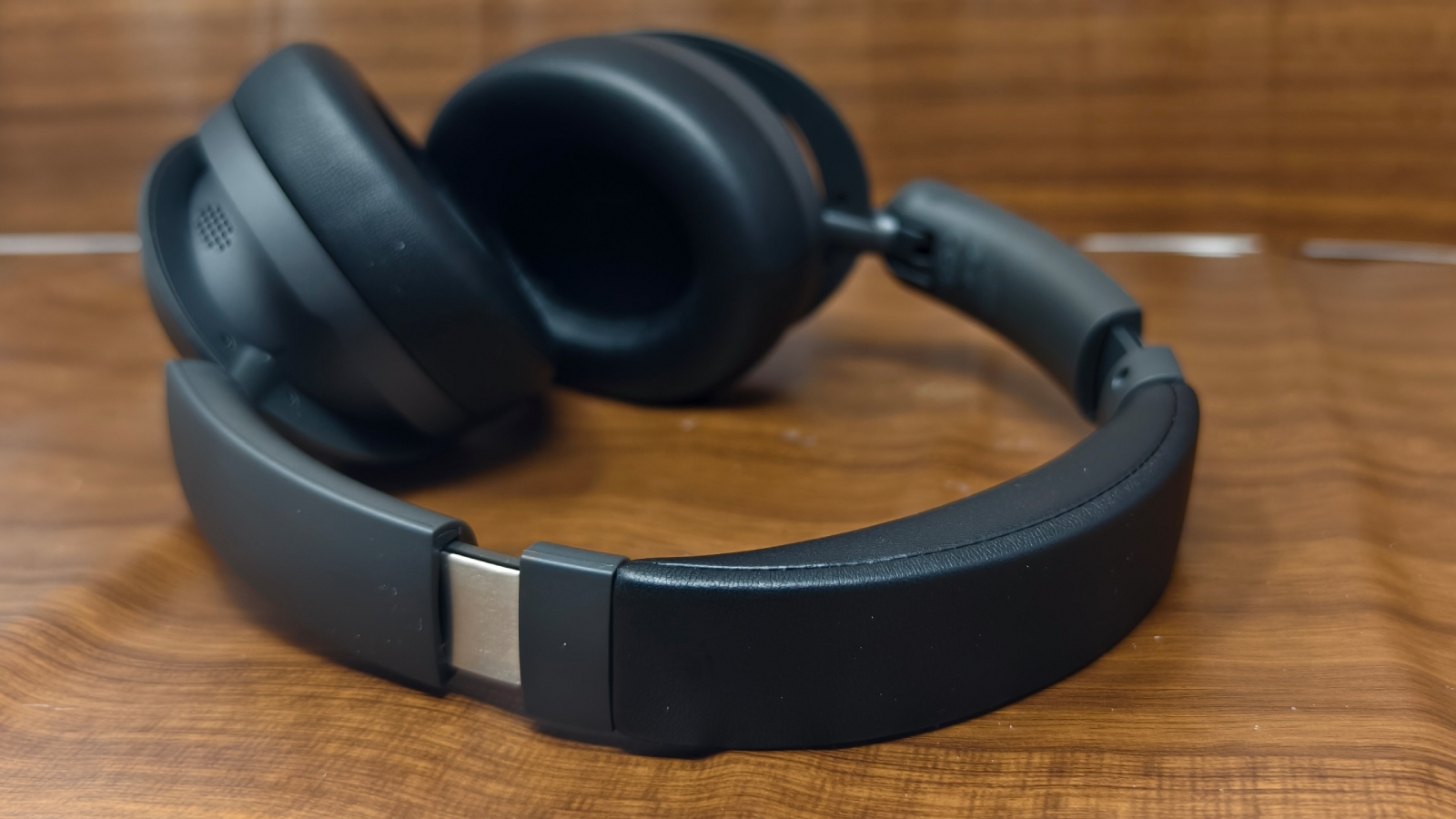
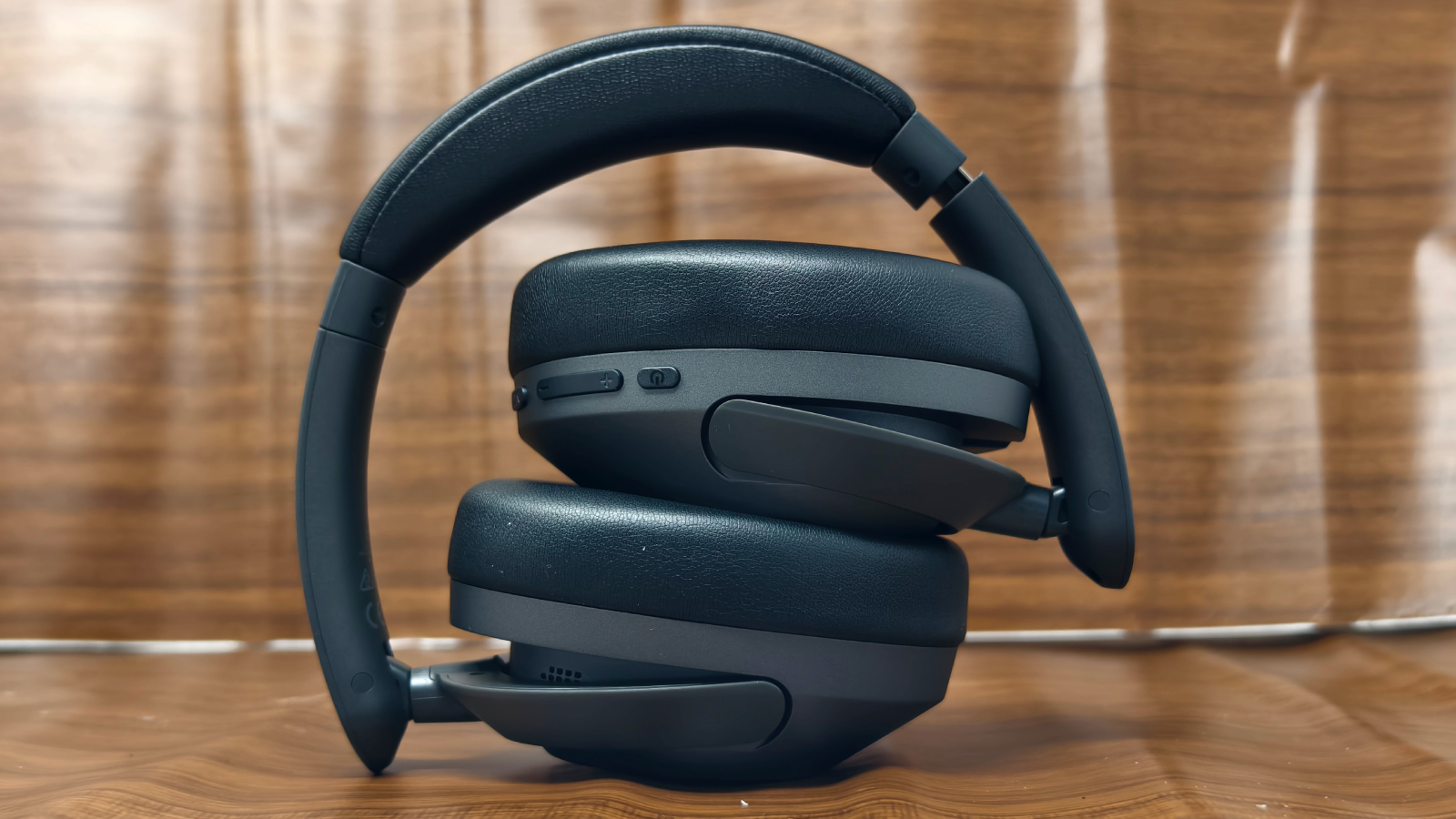
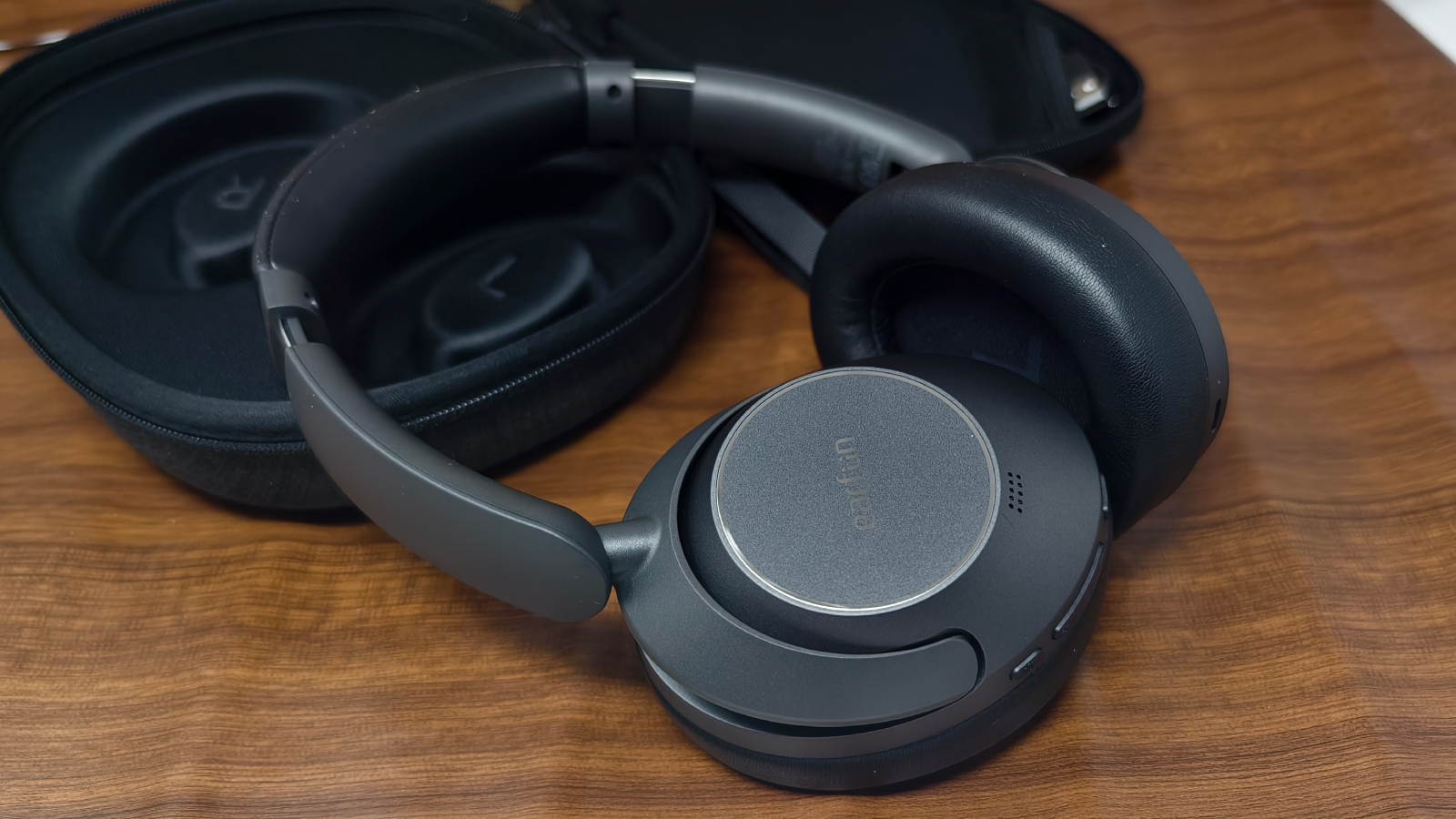
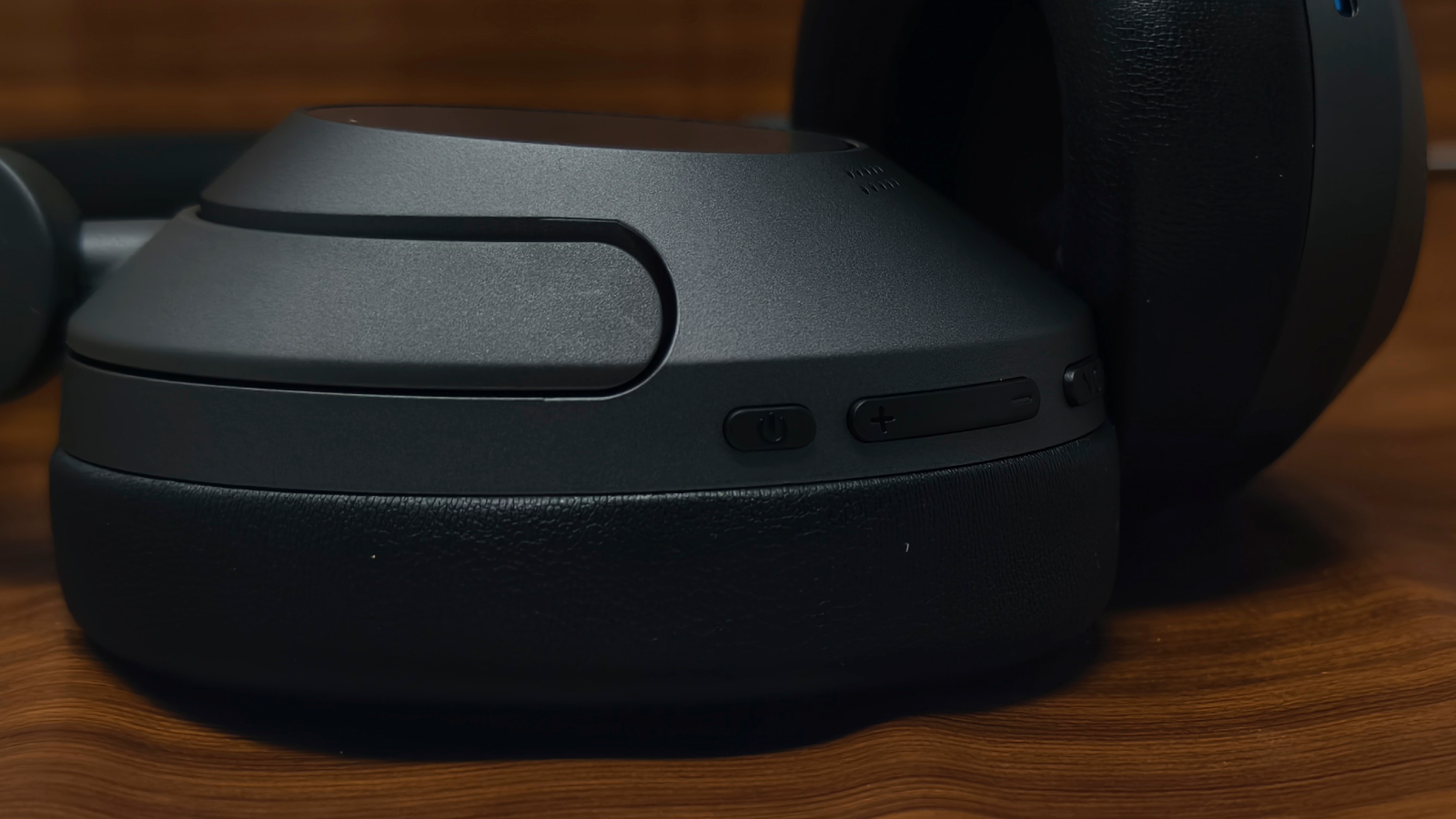
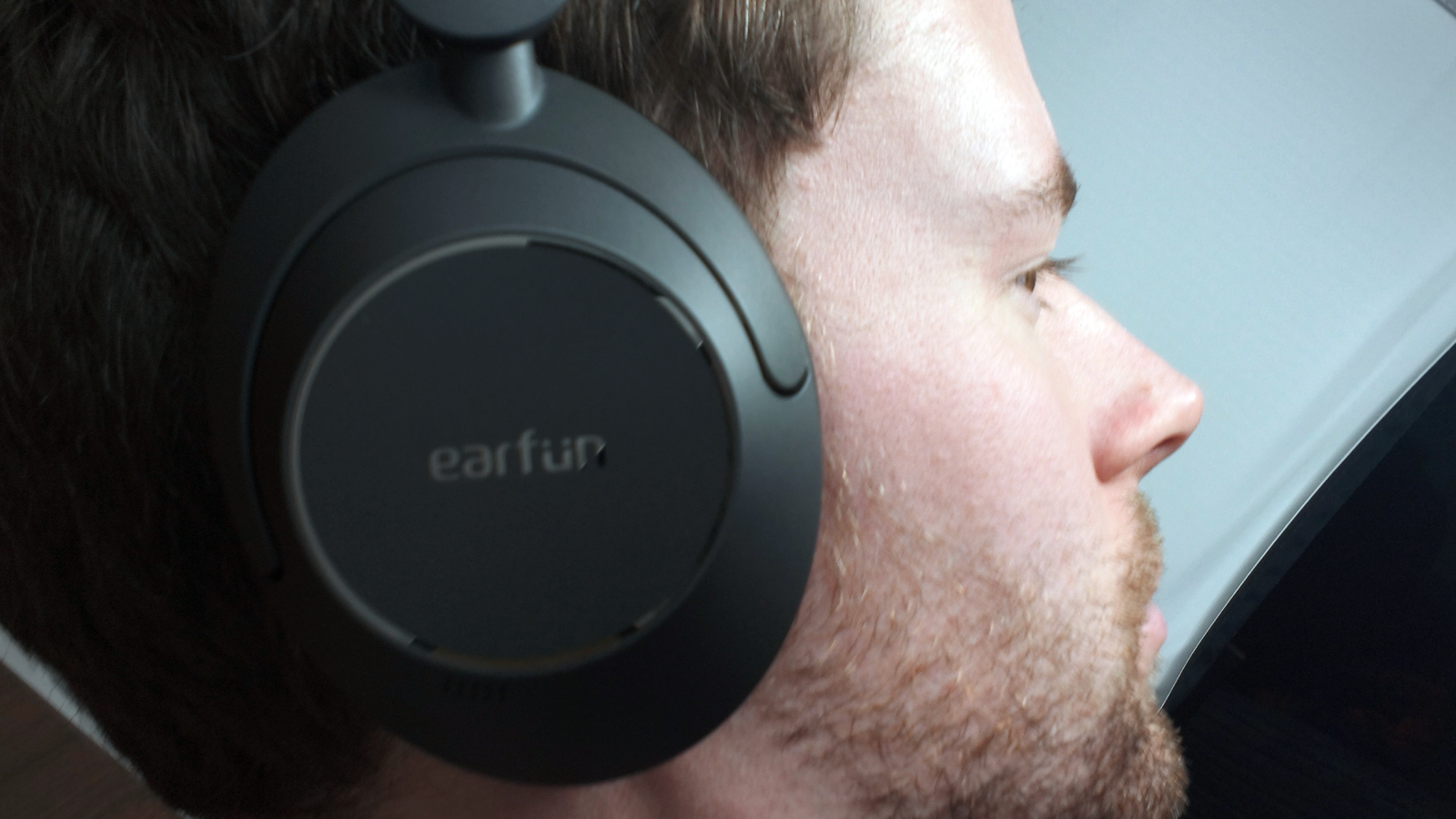
Specifications
Reasons to buy
Reasons to avoid
✅ You want big features for a low price: Five different noise cancellation modes and up to 80 hours of battery life, for a bargain price.
✅ You want to listen for longer: We just mentioned the 80 hours of battery life with ANC off, but you get 55 hours with it on – beating most headphones today.
❌ You like getting caught in the rain: There's no IP rating here, so we can't promise they'll stand up to getting super-wet.
❌ You like statement headphones: The design is pretty standard, and comes only in black. There's no fashion edge to these.
Among the flow of affordable, high-specced headphones available now, the Earfun Wave Pro stand out as our favorite, by being above average across the board, yet priced incredibly well. They look good, they sound good, they feel good, they last forever, and they block noise well.
In our review, we raved about the 80 hours of battery life with active noise cancellation turned off, and 55 hours with it on. Using the connected app, you can access some other great features, including five different ANC modes, a gaming mode to reduce latency, and customization of the on-device controls. All that, plus Bluetooth multi-point makes for a great package.
Not that it would matter much if they didn't sound good – but they do. Bass is robust, treble is clear, and while the mids are a little more lost, the overall balance is still impressive for such affordable cans. Obviously, you're not getting audiophile-level stuff here, but you'll need to spend a load more to improve it much.
They're also made well, with none of the creaking when you move that some budget headphones give you – and the controls are easy to find and use. It's just a shame they only come in a slightly dull black color. They look good, just not exciting for those who like a bit of personality in their headphones.
Read our full Earfun Wave Pro review
Earfun Wave Pro score card
Attributes | Score |
|---|---|
Sound | 4/5 |
Features | 4/5 |
Design and comfort | 4/5 |
The best mid-priced wireless headphones
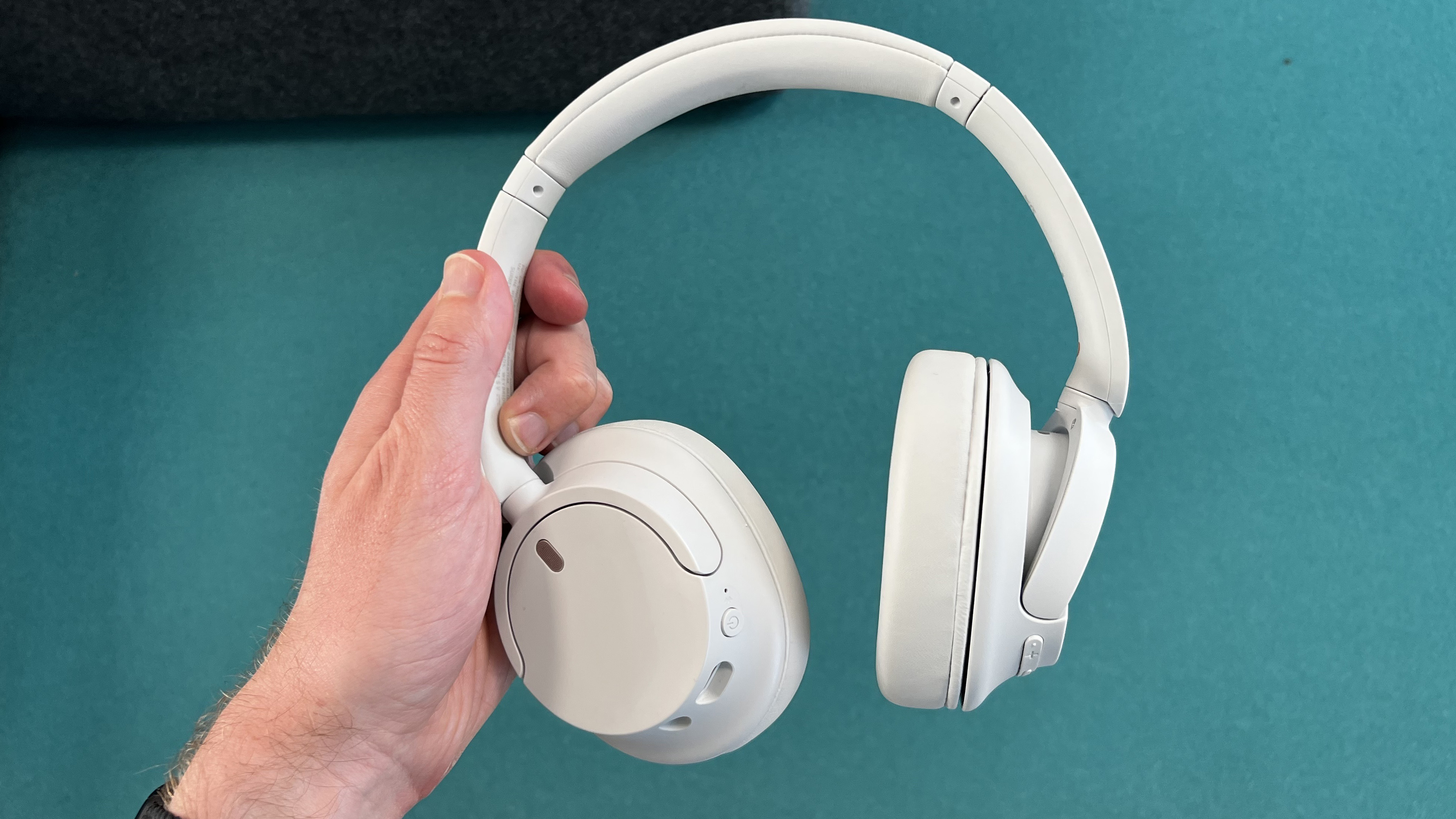

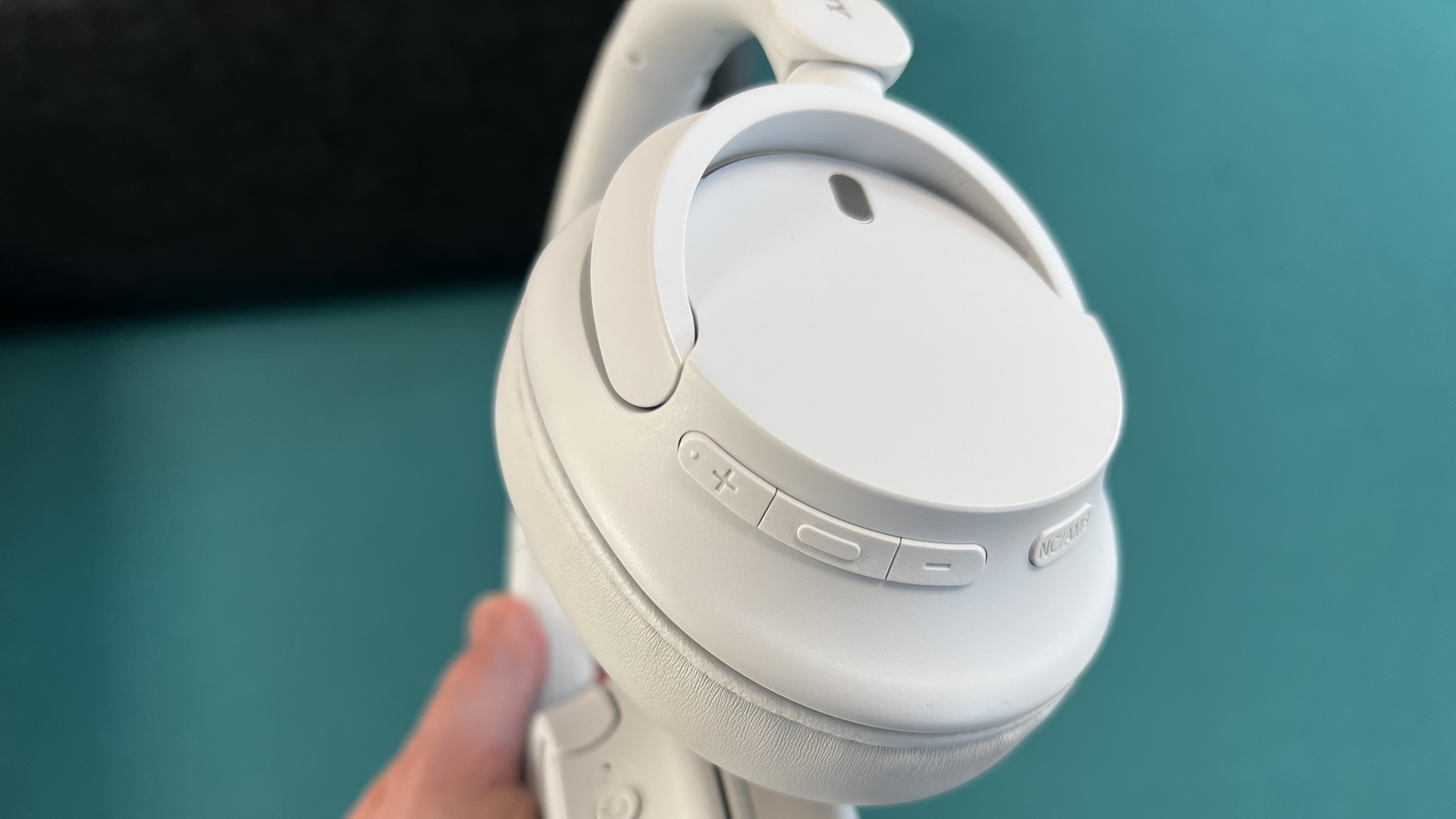
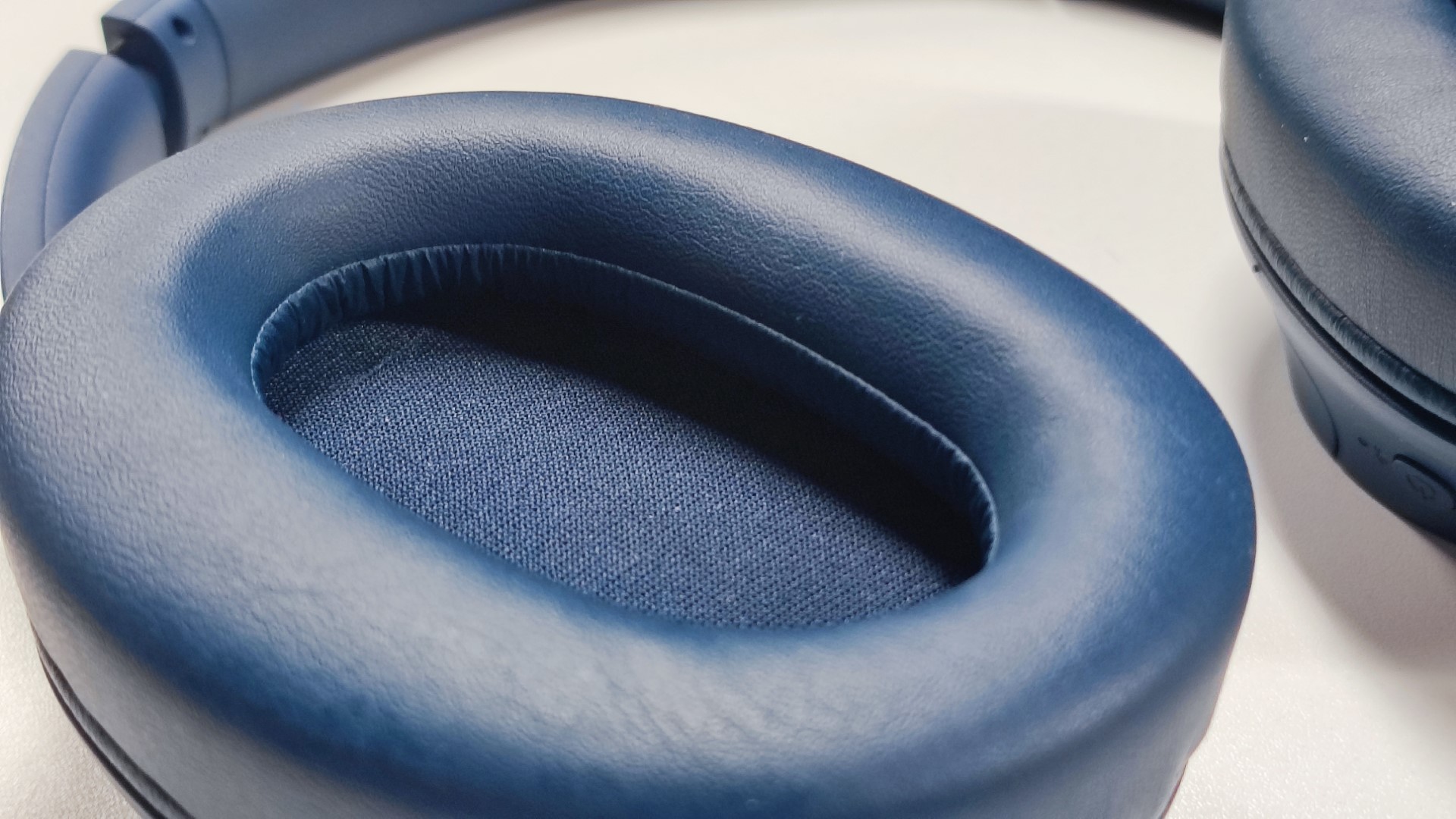
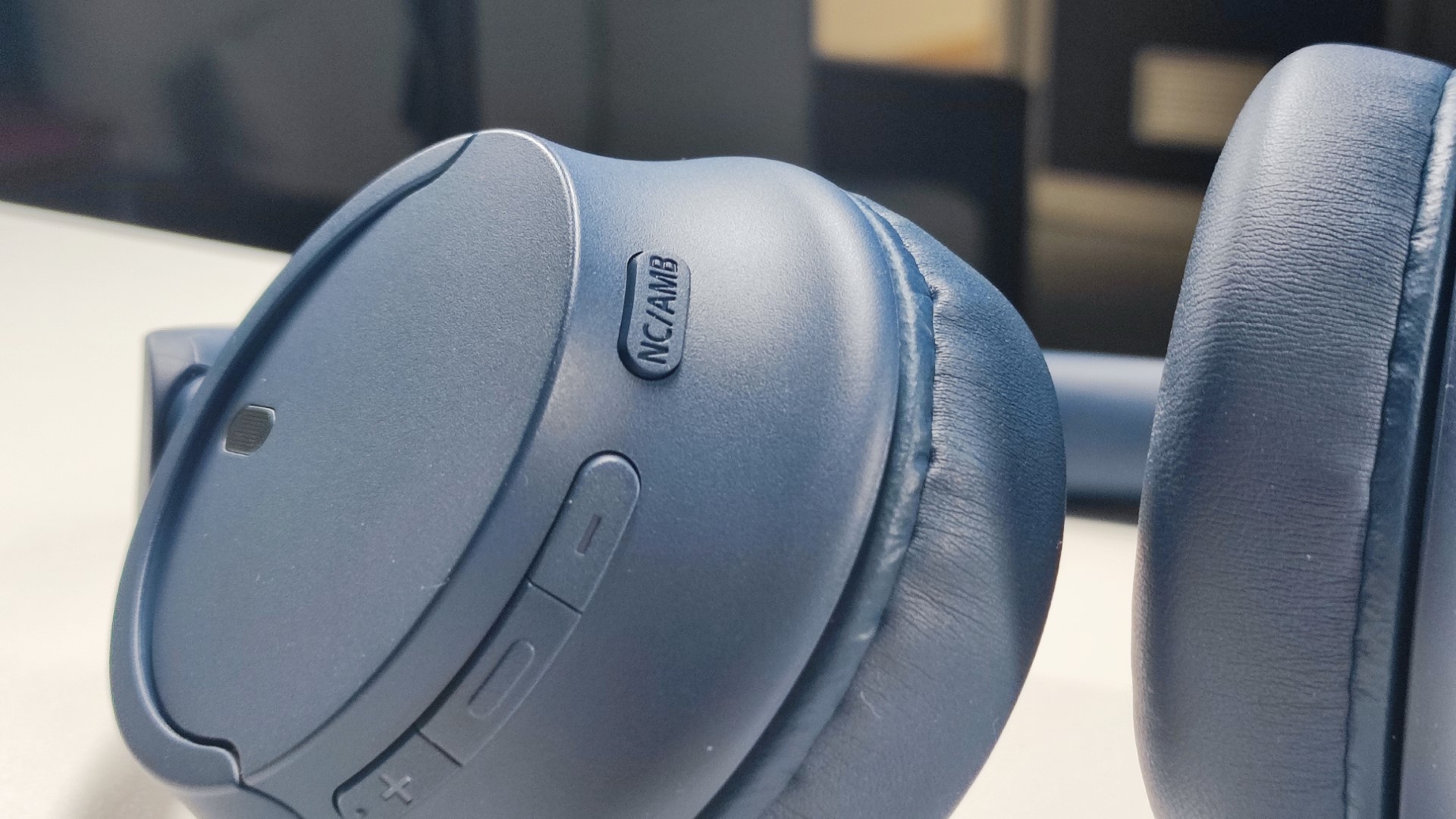
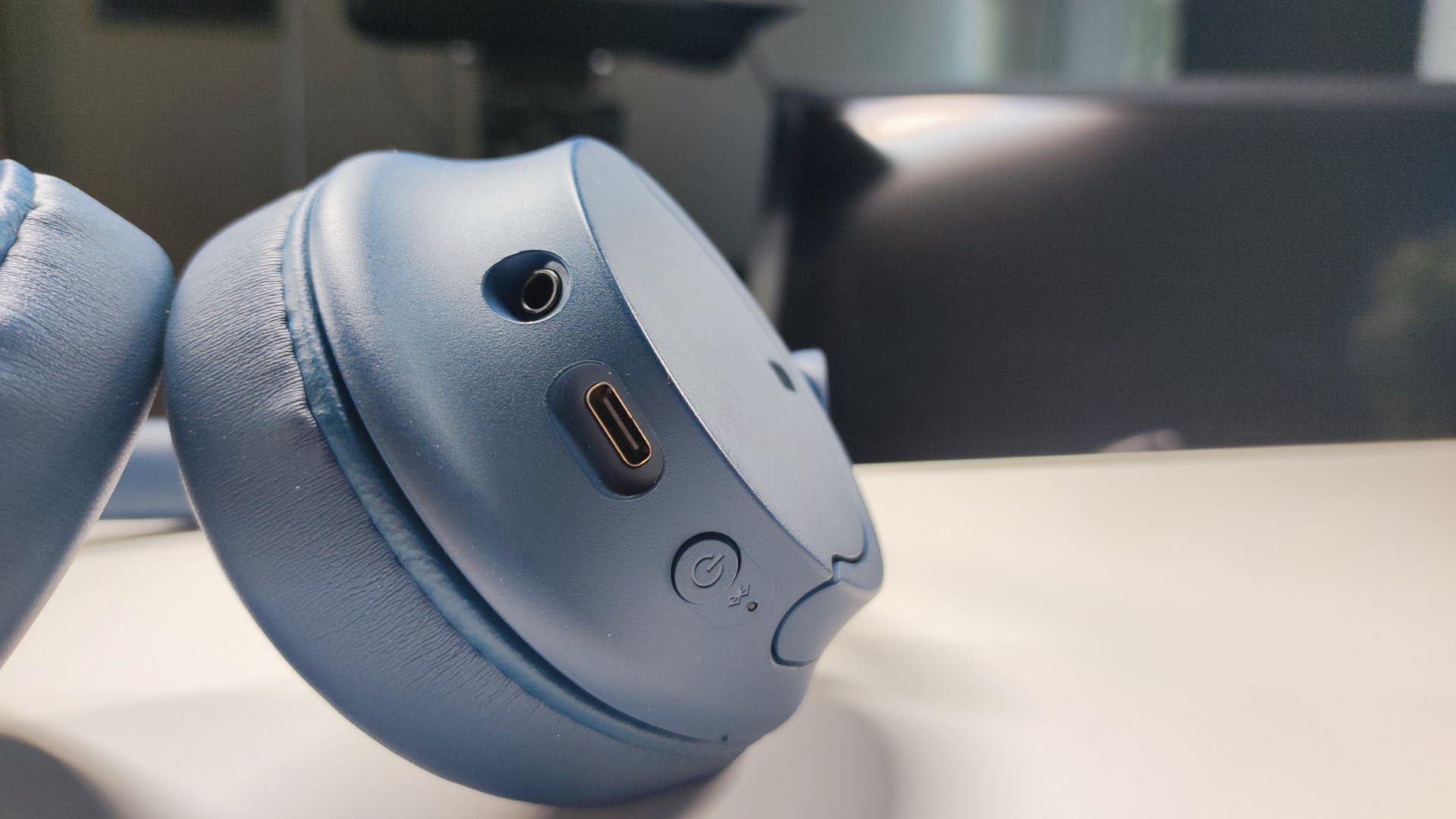
Specifications
Reasons to buy
Reasons to avoid
✅ You want affordable ANC: The ANC here can be beaten but for the price it's very good and very good value.
✅ You want long listening sessions: 35 hours with ANC on is solid and should last you days before a recharge.
❌ You need ANC to block out everything: The noise-cancelling here is good, but higher-end headphones can silence more environmental sounds.
❌ You want excellent sound: If audio quality is a top priority, wired headphones will do it better.
The Sony WH-CH720N are a straight-down-the-middle hit. They aim to offer you impressive sound, useful extra features including adaptive noise cancellation, and a comfortable and light fit – and they succeed.
The sound is extremely well-balanced, which is what we expect from Sony (though our review unit came set to a bass-heavy EQ setting out of the box, which we quickly corrected) and has an agile touch with detail. In our review, we said "Bass is warm but level-headed, mid-range is robust and individual instruments stand out within it well, and treble has plenty of clarity to make the little details pop. An extra step of precision is definitely what you get here that most other affordable headphones won't deliver." The only limitation from the price is that it's clearly a less expansive soundstage than higher-priced headphones, but that's fair.
The noise cancellation again is a very clear step down from the Sony WH-1000XM4, but it does its job of toning down outside sounds so you don't have to crank the volume all the way up to hear anything. For other features, you've got Sony's DSEE upscaling to make lower-quality streaming tracks sound better, and 360 Reality Audio support for spatial audio. There's no higher-res LDAC wireless tech, but they do come with a wired 3.5mm cable.
The very light build is comfortable to wear, so you can really get into how enjoyable they are to listen to – though we might request a little more headband padding in the next version. They don't excel in any particular area, but they do great in all areas, and that makes them ideal for most people.
Read our full Sony WH-CH720N review
Sony WH-CH720N score card
Attributes | Score |
|---|---|
Sound | 4/5 |
Features | 4.5/5 |
Design and comfort | 4/5 |
The best wireless headphones for active noise cancellation
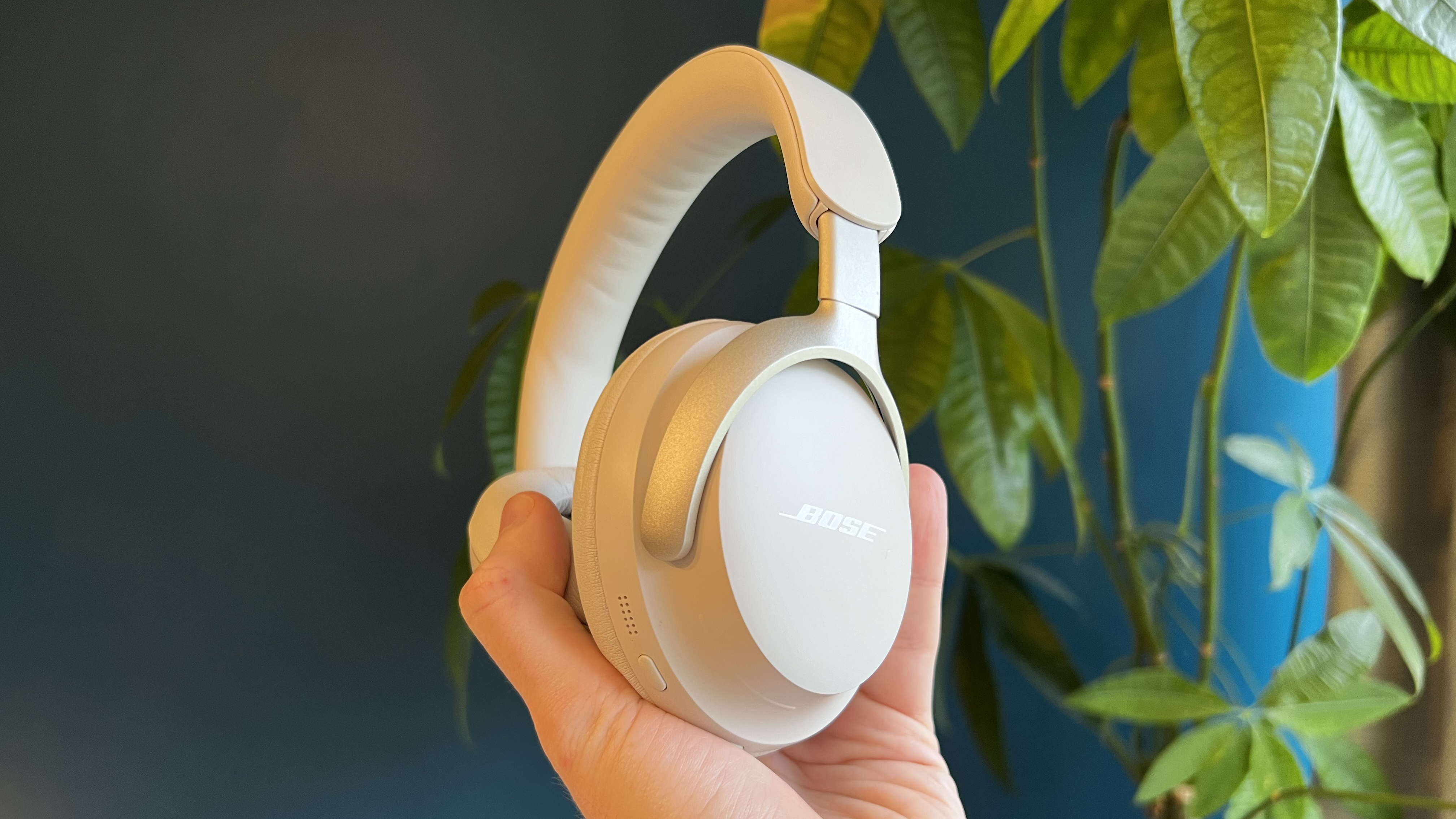
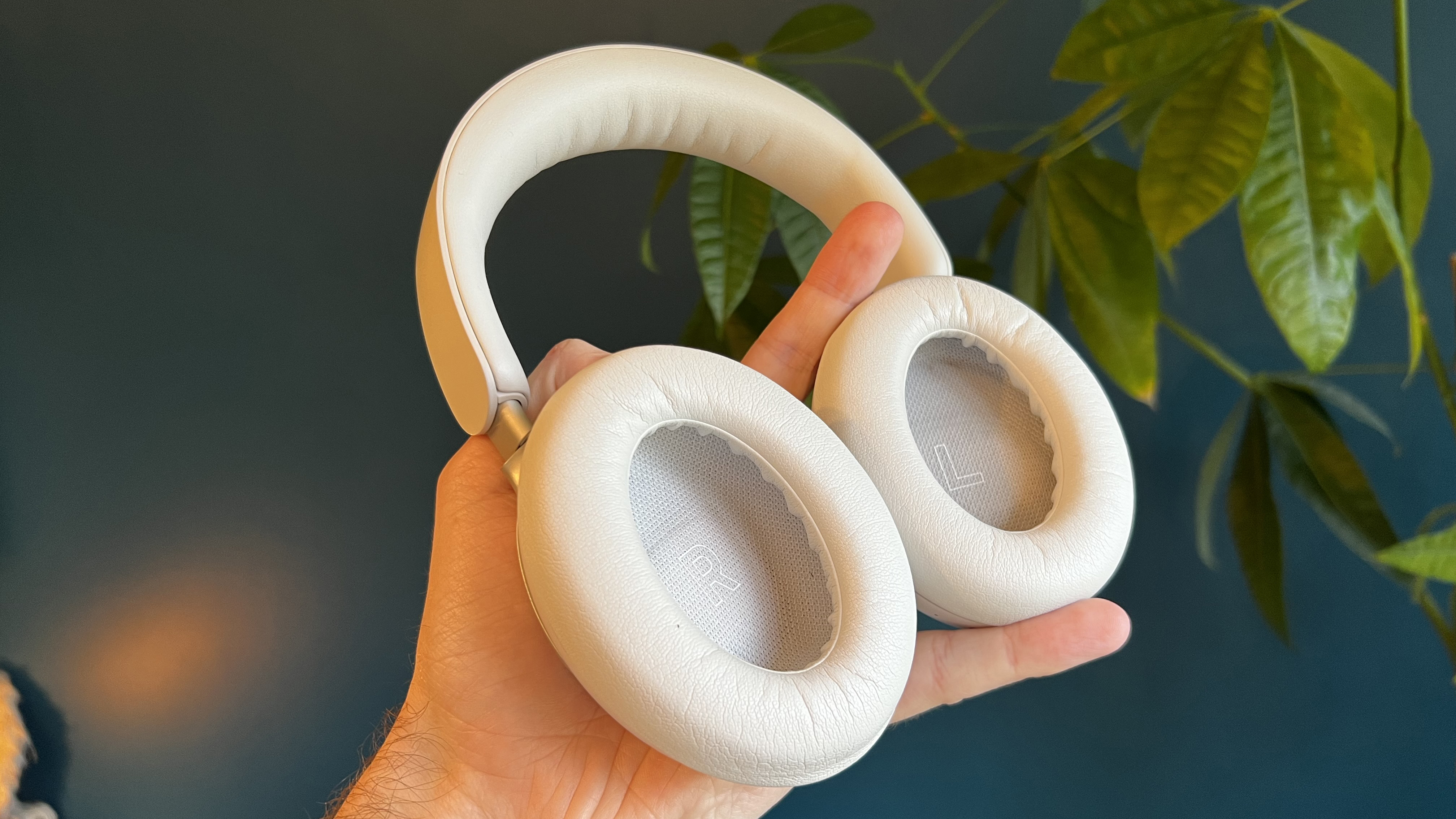
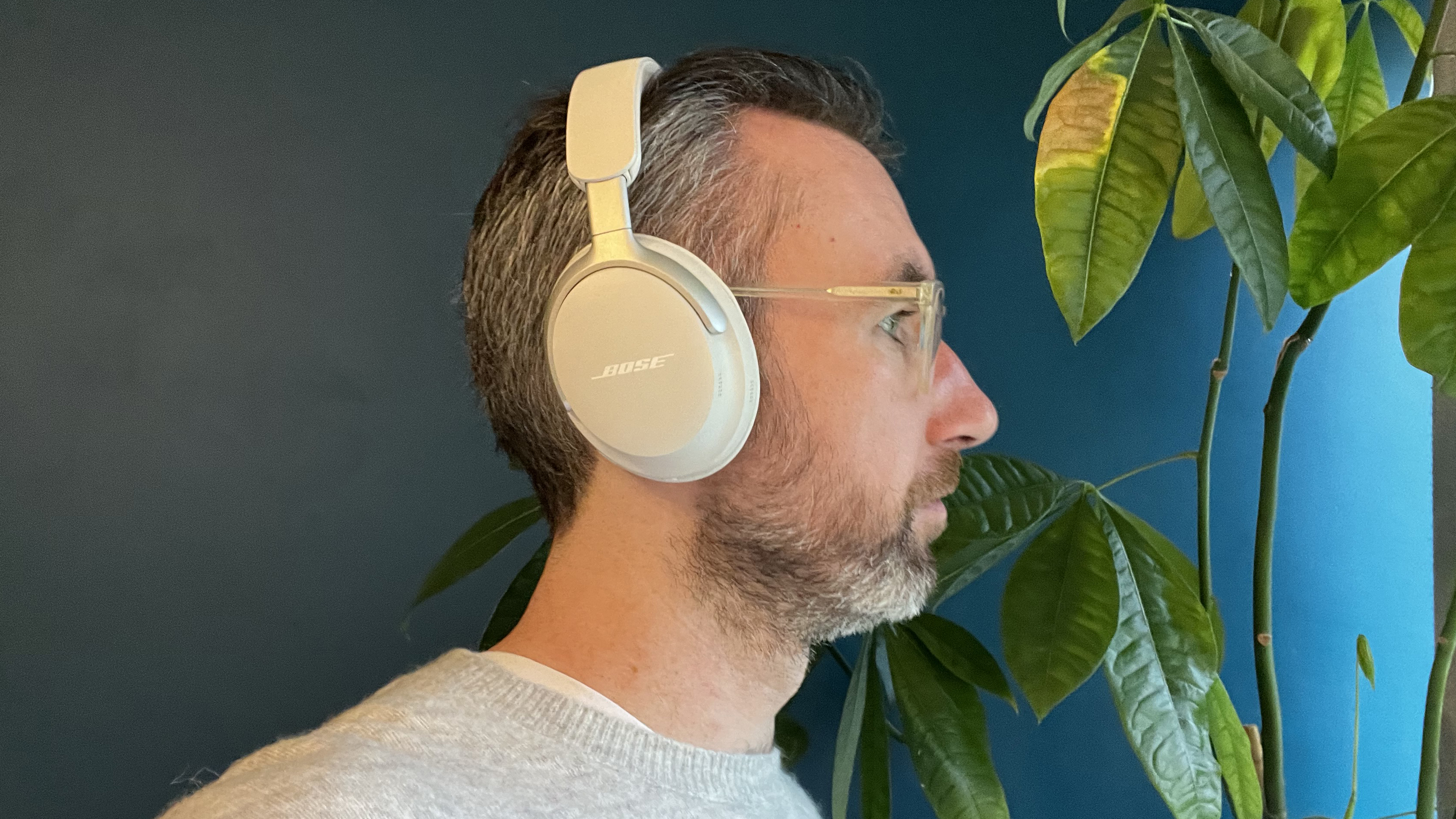
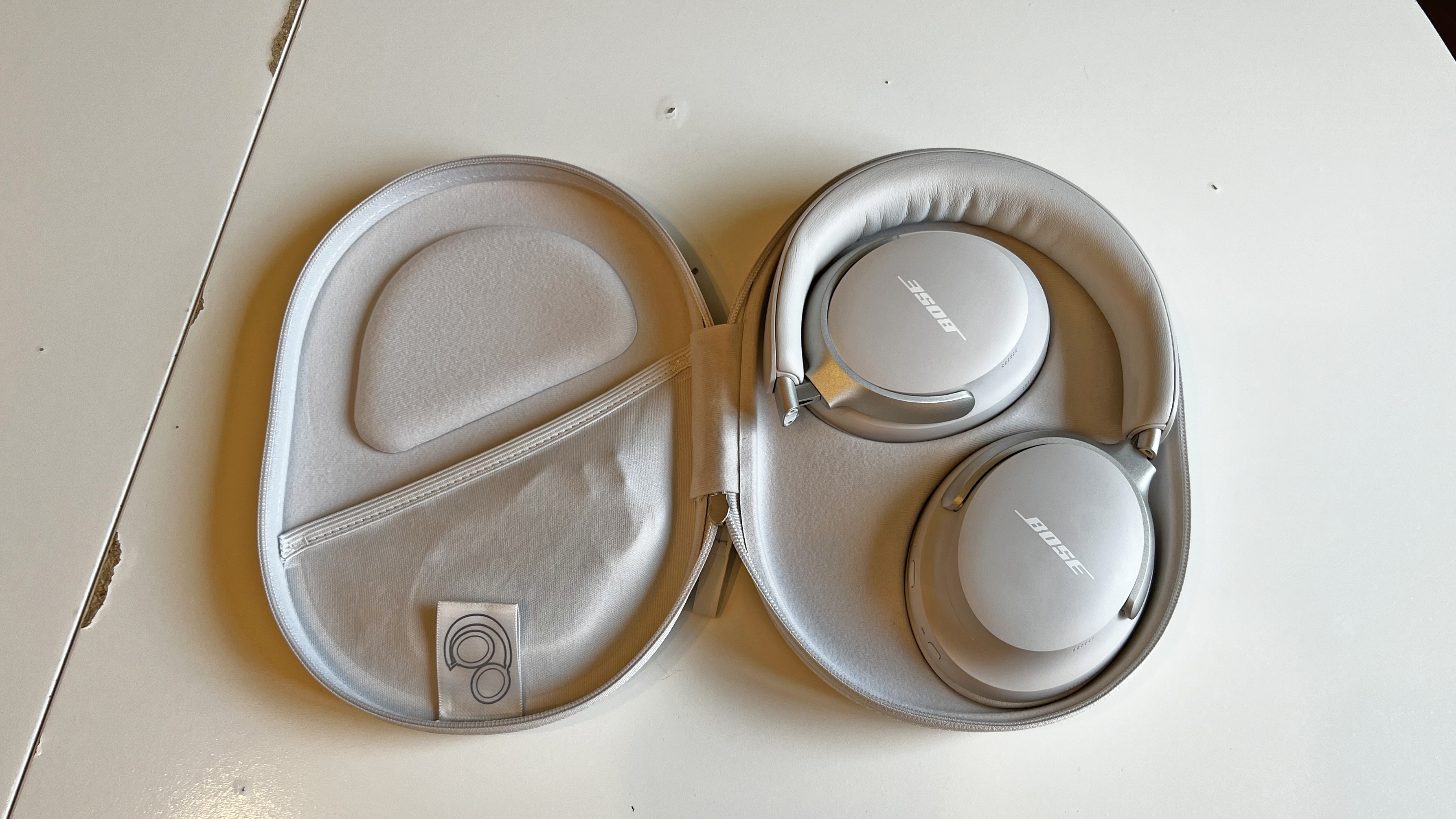
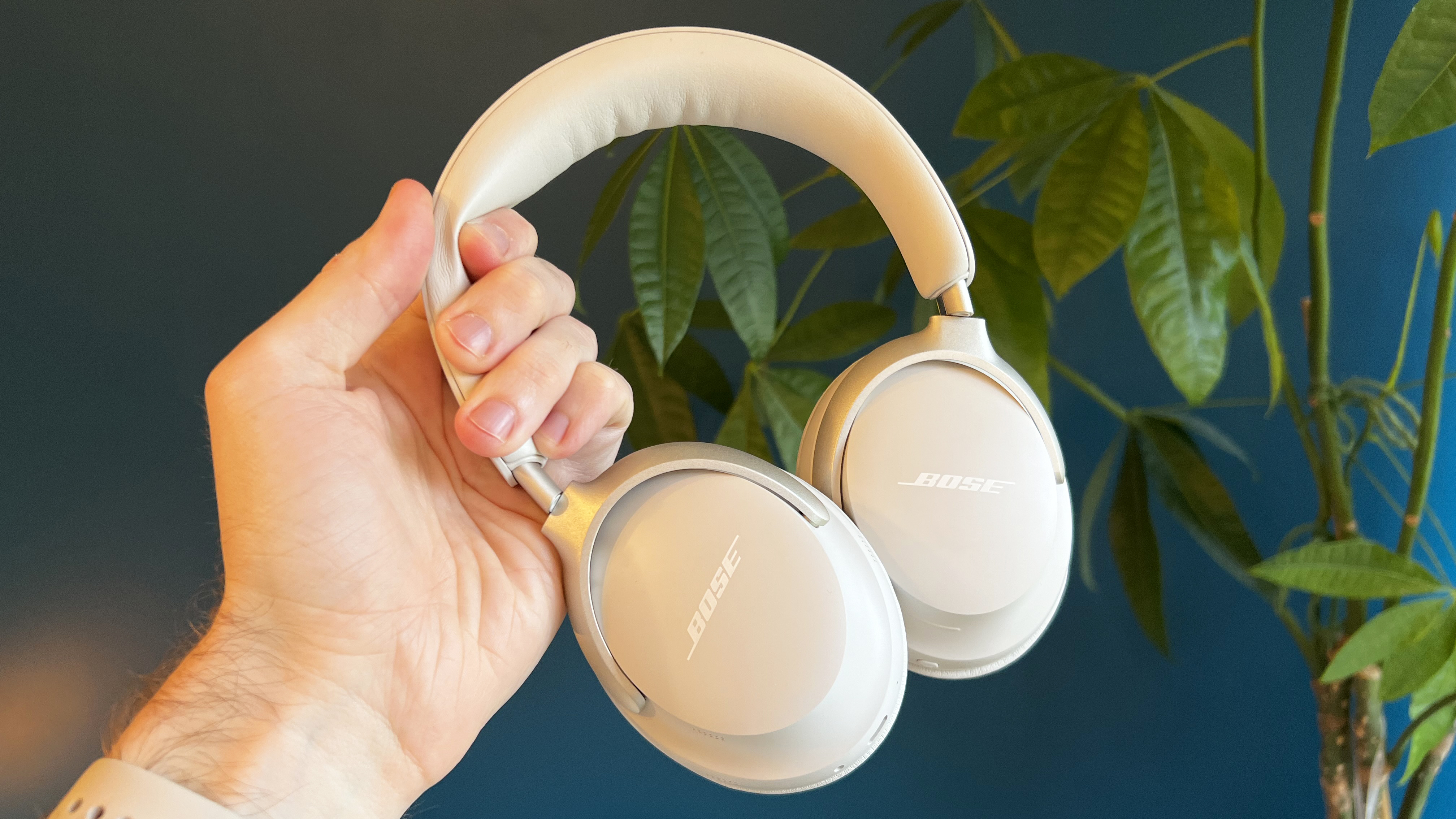
Specifications
Reasons to buy
Reasons to avoid
✅ You want excellent ANC: Among the best noise-cancelling headphones we've tested, and you can customize it in many ways.
✅ You care about comfort: Ideal for travel, they're comfortable light and fold up for ultimate portability.
❌ You'd like to try Hi-Res Audio: You won't find it here, use them wired for better quality but only Snapdragon Sound or 3.5mm cable.
❌ You want the best battery life: It's not bad at 24 hours, but rivals can give you nearly triple that amount these days.
The Bose QuietComfort Ultra Headphones are easily the best headphones from the audio pioneer yet – they sound incredible, they've got useful app-powered features, they have a premium and comfortable design, and their noise cancellation is the best we've ever heard. They cost more than most of the headphones here, but they are so, so worth it.
Let's be clear about the active noise cancellation: it's absolutely a clear level above the competition, turning cities silent in a way we've never heard before (so to speak). It makes it basically impossible to hear anything going on your own house even, or the office, or the bus. We found it did have some trouble with extremely loud noises causing it to glitch a little, but that was so rare (during a plane take-off, only for a few seconds, and when next to the engine of a bus struggling up a hill) that we don't really mind.
The sound quality is also the best we've ever heard from Bose, delivering a truly thrilling level of energy and dynamic range. It's so detailed, so poised, so lively, and so layered, from its (really very deep) bass to its clear and well-honed treble. And that's all with the noise cancellation turned on, so not even the 'purest' sound they can do. With Snapdragon Sound for high-res and a wired connection (though no USB-C audio, sadly), they can do higher-quality audio too, wired or wireless.
The Bose app enables you to make custom noise cancellation modes (dialling it from 1-10) to switch between, which is easy and really useful in our experience. You can also tweak the EQ, but you won't need to.
These are an obvious audio improvement on anything that costs less than them, and even sound a little better than the AirPods Max, which cost more – though the spatial audio on the Bose it's only 'okay' (it's nice with movies, we turned it off with music), while the spatial audio on AirPods Max with Dolby Atmos on Apple devices is 'wow'.
The only straight-up disappointment is the battery life. At 24 hours, they're lower than anything else here – lower than the 30 hours of the Sony headphones, and much lower than the 60 hours of the Sennheiser Momentum 4 Wireless. But with sound this good, we forgive them. Just remember to turn on their auto-off feature.
To save some money on Bose products, check out our Bose discount codes.
Read our full Bose QuietComfort Ultra Headphones review
Bose QuietComfort Ultra Headphones score card
Attributes | Score |
|---|---|
Sound | 4.5/5 |
Features | 4/5 |
Design and comfort | 5/5 |
The best wireless headphones for sound
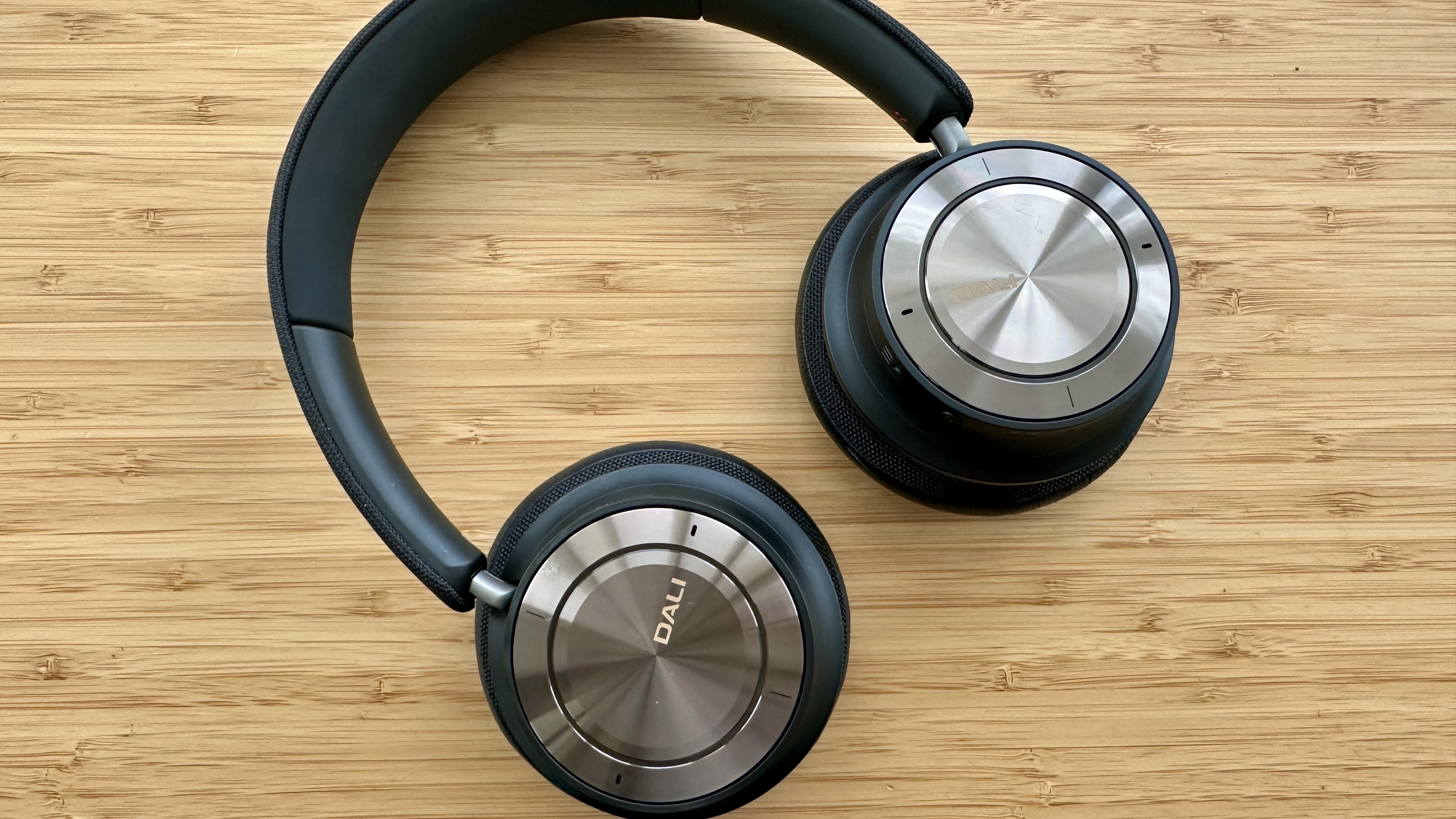
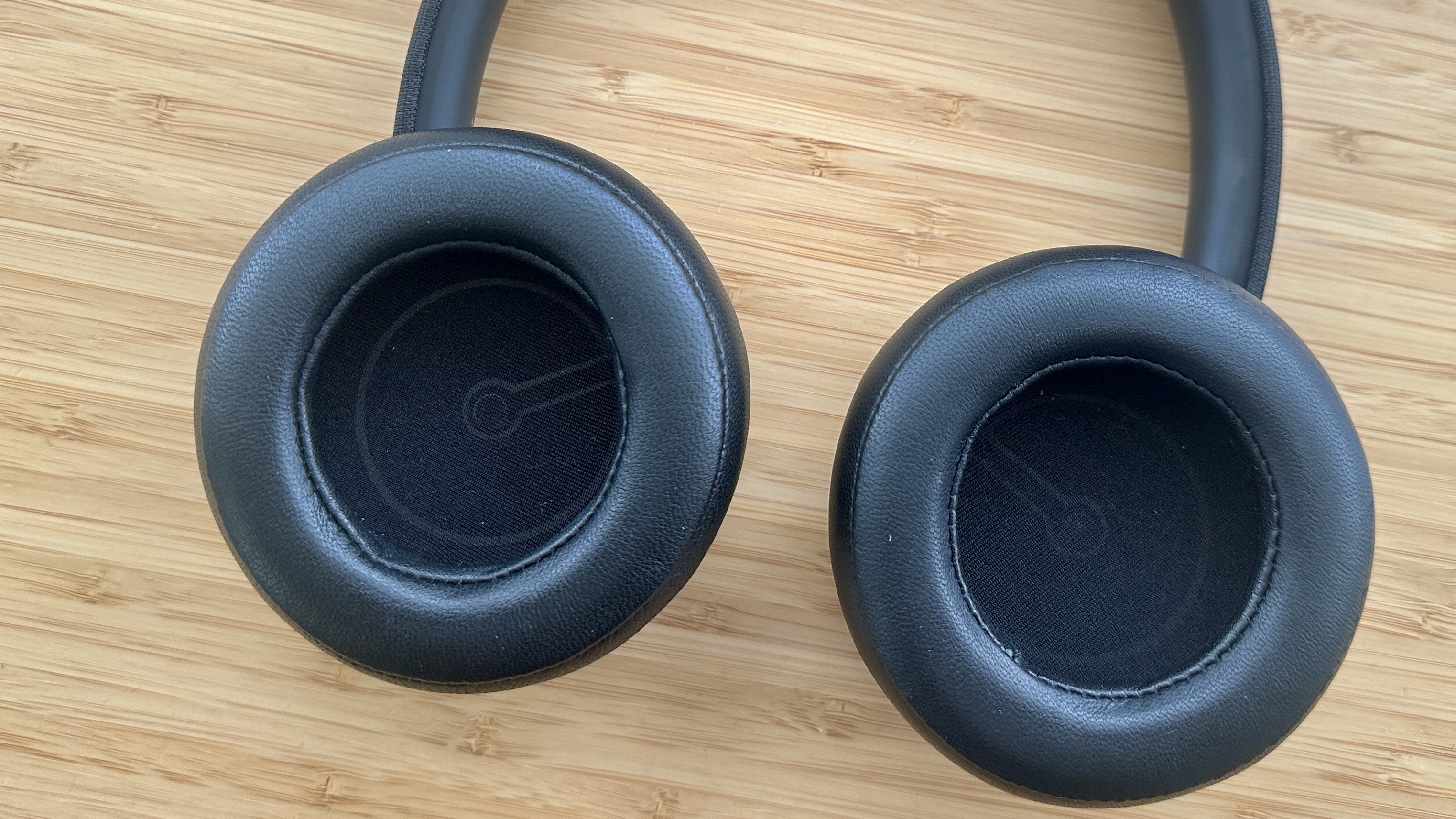
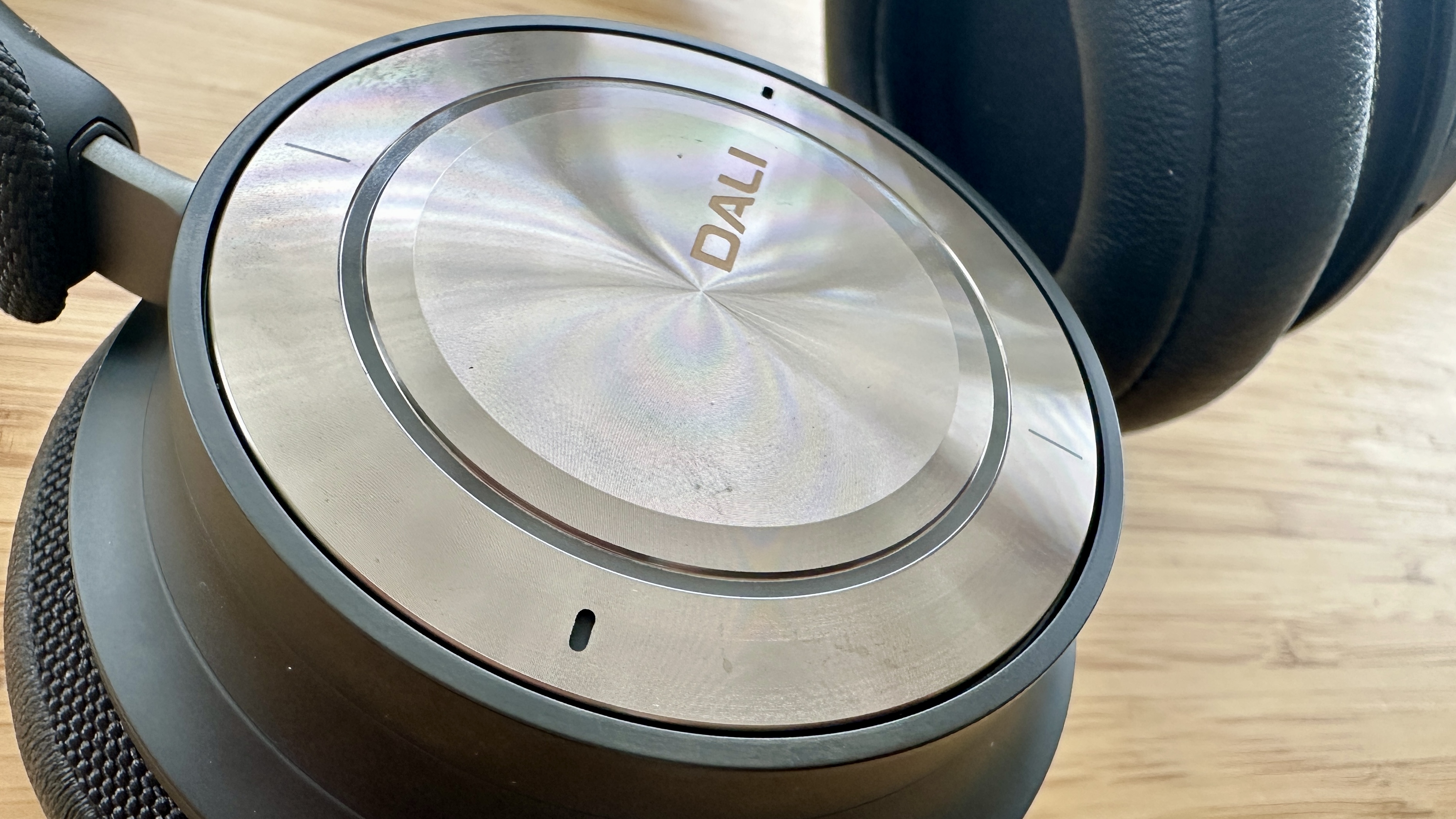
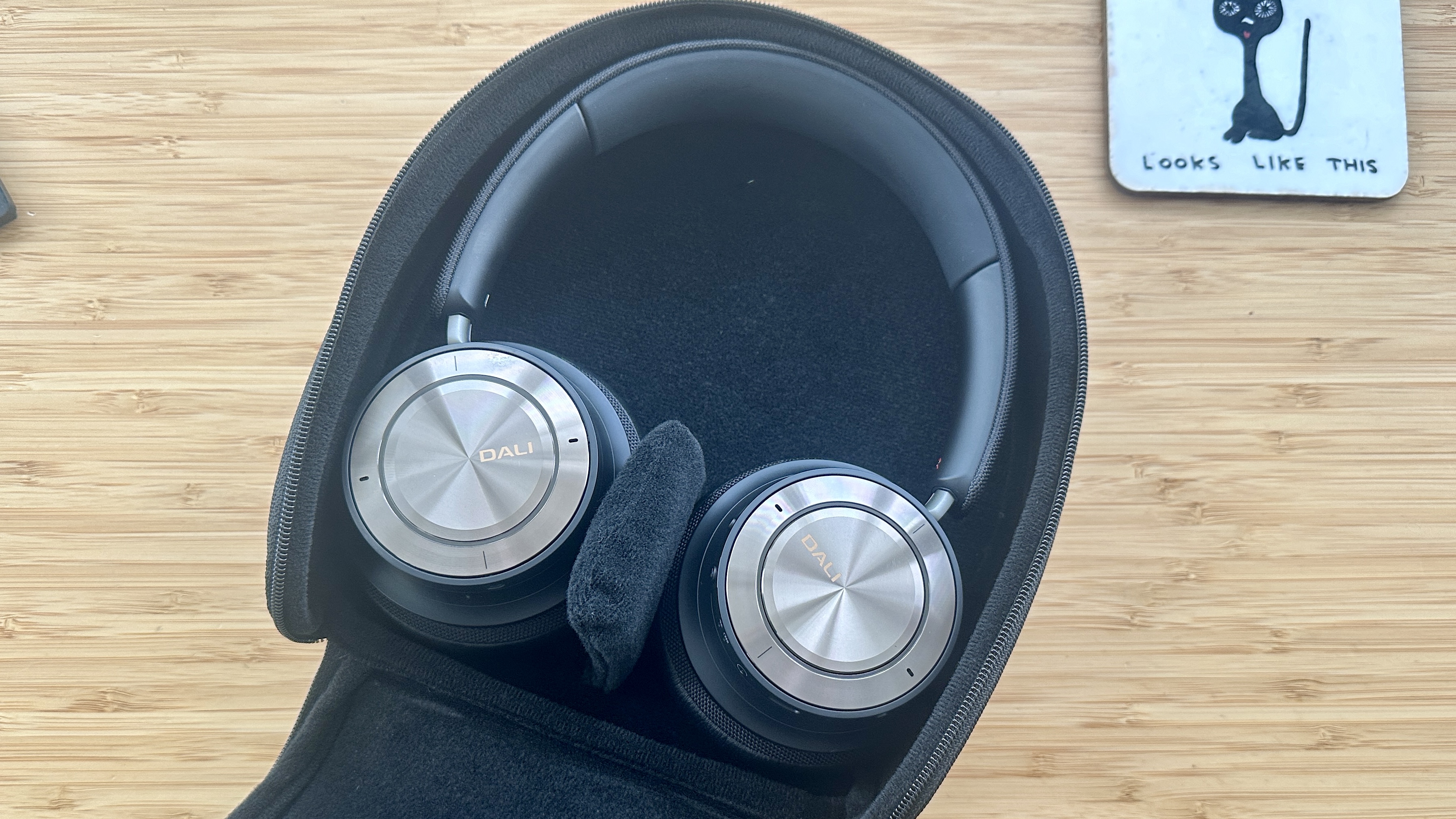
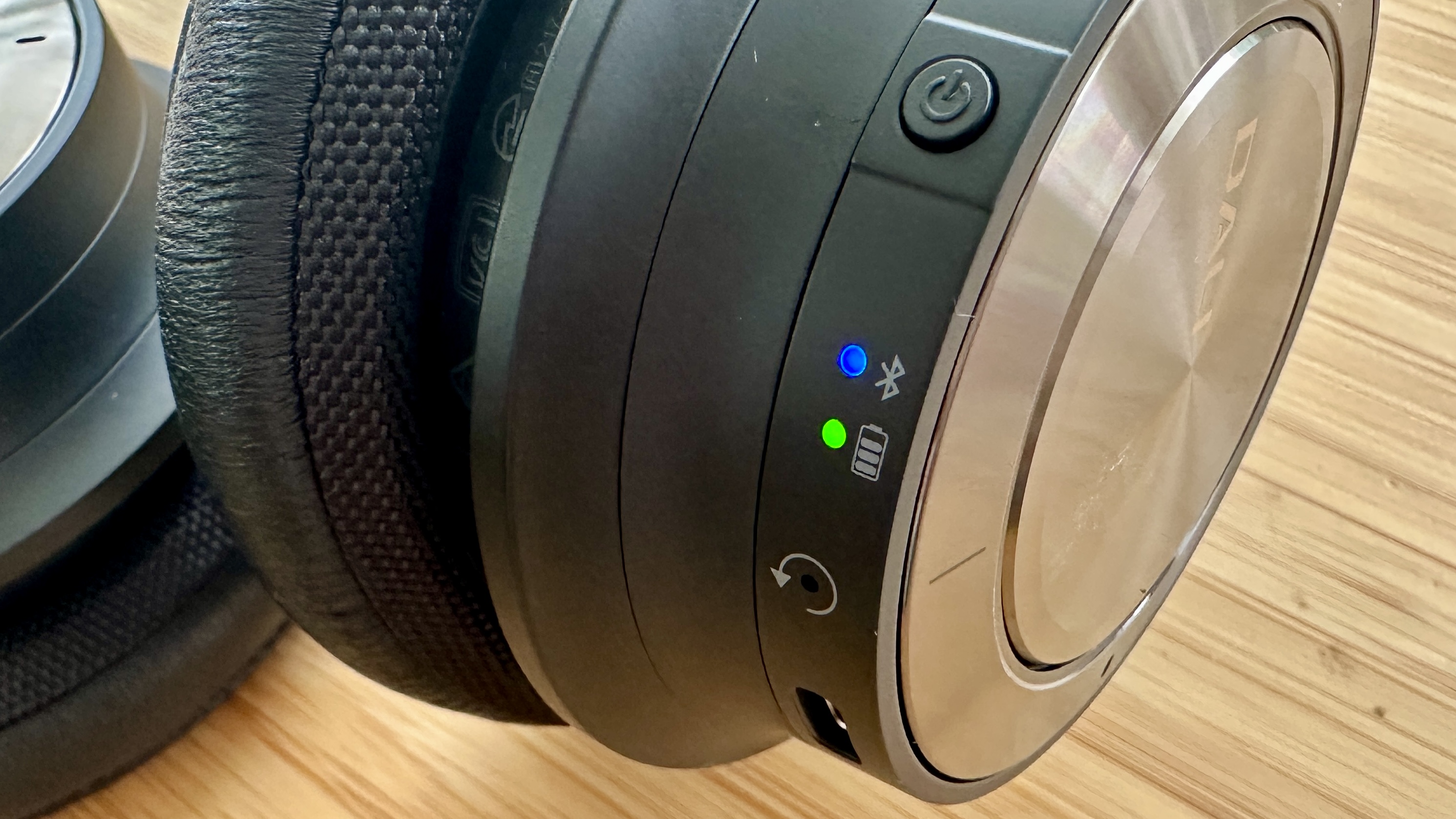
Specifications
Reasons to buy
Reasons to avoid
✅ You like high-end headphones: The Dali IO-8 are of an outstanding build, design and quality.
✅ You forget to charge your headphones: If you often let them run flat, they work as passive headphones too.
❌ You're a vegan: We're not sure why leather was necessary, but if you're vegan or avoid it, look elsewhere.
❌ You like to tweak the sound: There are only two EQ settings, if you like customizations you'll be disappointed.
If you’re an audiophile and top sound is your number one priority, we recommend the Dali IO-8 headphones. During testing, we couldn’t find anything to criticize about the audio on offer from these high-end headphones – which is really saying something. We described the sound as “detailed and expansive”, allowing you to hear your music in new ways. This detail didn’t affect the bigger picture, you can expect a large and persuasive soundstage that we wrote in our review shines with “positive, dynamic presentation” and “great low-end expression and agility.” In short, the Dali IO-8 headphones sound phenomenal. This excellent audio is helped by ANC that may not be best-in-class – a title still held by Bose – but it’s still very good, creating an immersive listening experience that highlights the sonic performance of these over-ears even more.
As you might expect from an audiophile-grade pair of headphones, they’re also built exceptionally well and look good too. Well, at least in a fairly understated way that whispers premium through and through. The earcups are perfectly circular and there’s a comfortable memory foam lining the interior. You can adjust the cups and headband too, which is good news for those who like to tweak their headphones to get the best fit. Unfortunately, there is a big red flag in terms of design here (at least if you’re vegan) and that’s the fact they’re made from leather. We know some people still think leather = luxury, but it’s a shame there isn’t another option.
There are some notable features missing here, including a control app. There are also only two EQ settings. Then again, we don’t know why anyone would need to tweak the sound here. The Dali IO-8 have 35 hours of battery life onboard. However, you can use them as passive, wired headphones if you forget to charge them. They’re not cheap, but if you want quality sound, a comfortable design and essential features, they’re great value and the audio they deliver is hard to beat.
Read our full Dali IO-8 review
Dali IO-8 score card
Attributes | Score |
|---|---|
Sound | 5/5 |
Features | 4/5 |
Design and comfort | 4.5/5 |
The best high-end Sony wireless headphones
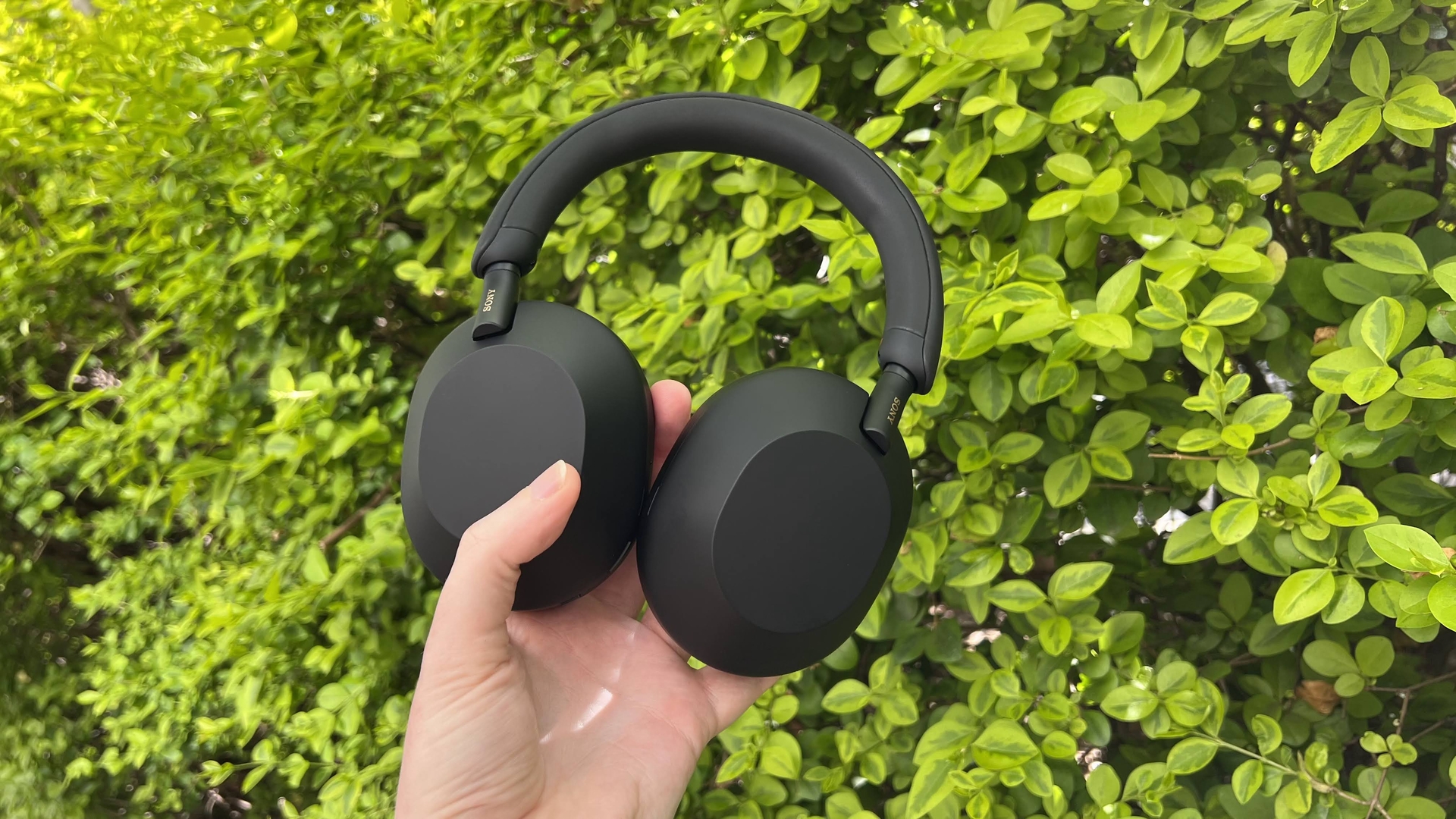
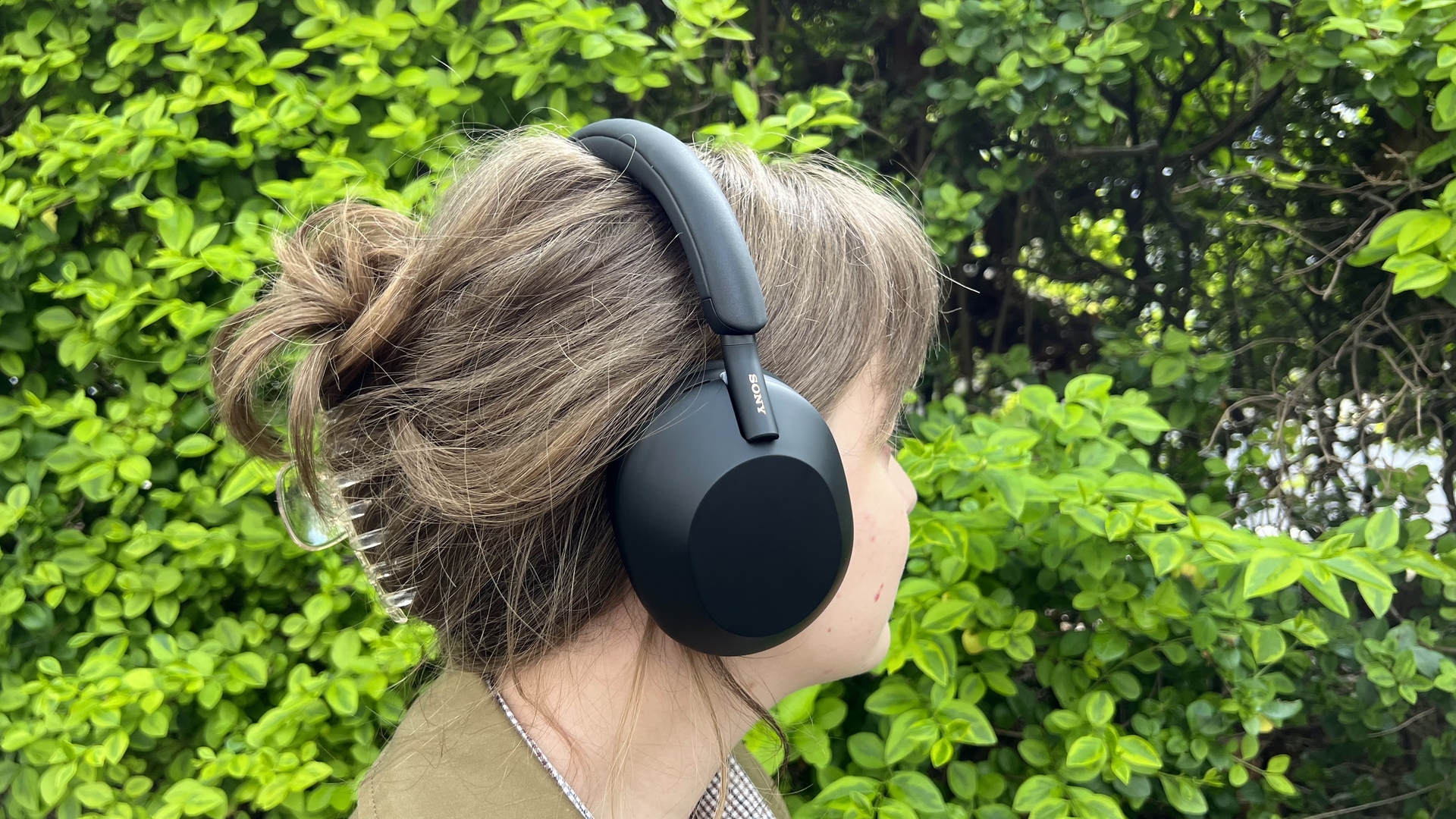

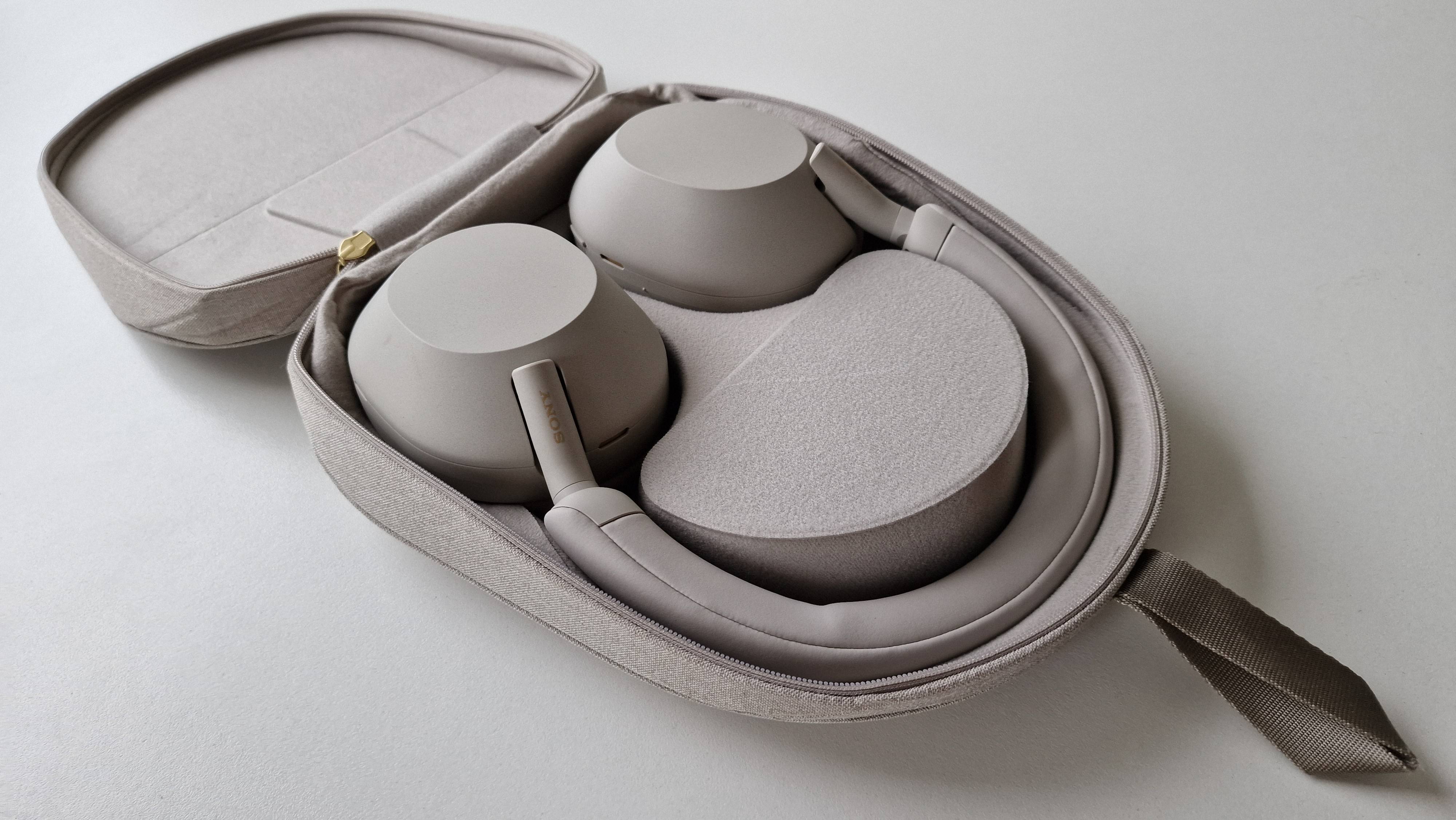
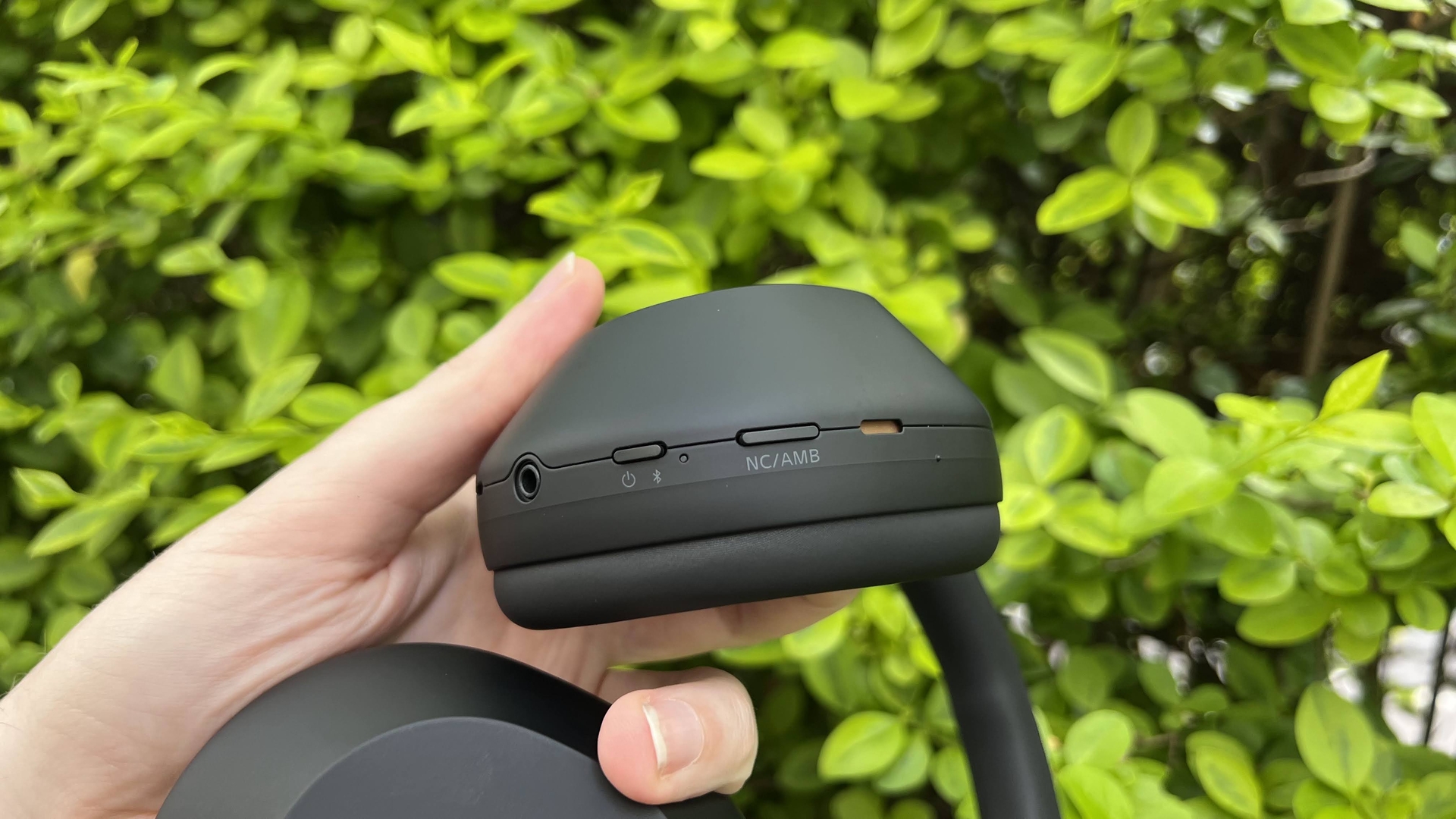
Specifications
Reasons to buy
Reasons to avoid
✅ You want excellent ANC: The noise-cancelling here is definitely class-leading. Only really beaten by the Bose.
✅ You want high-end features: You'll find lots of AI features here, like auto pausing, adaptive ANC and more.
❌ You already have the WH-1000XM4 headphones: An upgrade isn't worth it if you already have the XM4s.
❌ Portability is a priority: They're not exactly big, but they don't fold up as easily for travel like other options in this list.
The Sony WH-1000XM5 headphones are among the best wireless headphones we've ever tested – but their high price means we think there are better-value options in some cases.
Their predecessors, the Sony WH-1000XM4 headphones, are at the top of our list because we think the specs and the price will suit anyone looking for a high-end pair of headphones. But the XM5s do offer a more lightweight wireless design, new drivers for improved sound, a whole array of microphones for better call quality and super-fast charging. There's also beefier processing for the noise cancellation, which was already superb. It's beaten by the Bose QuietComfort Ultra Headphones, but basically nothing else beats these.
The Sony WH-1000XM5 headphones give you exactly what they promise and then some thanks to their exceptional noise cancellation and cutting-edge codec support, which delivers even higher quality audio in compatible apps.
The drivers in these models are smaller than before at 30mm, but the soundstage remains spacious and gives all elements of a mix room to breathe and shine. We were happy to find that there’s very little sound leakage, too, even when you’re listening to loud music. We sat next to a colleague in the office with the volume at full, and they didn't hear anything – that's an improvement over the previous model.
The issue is really just the price – they cost a lot more than the WH-1000XM4, but the differences are not totally night and day. You also get better features and sound quality from the Sennheiser Momentum 4 Wireless at the same price (the Sony are better for ANC). It's also a shame they no longer have a folding design for travelling, though that's not a dealbreaker for most. We love these a lot, we just think other headphones squeak out more value.
Read our full Sony WH-1000XM5 review
Sony WH-1000XM5 score card
Attributes | Score |
|---|---|
Sound | 5/5 |
Features | 4/5 |
Design and comfort | 4/5 |
The best wireless headphones for movies
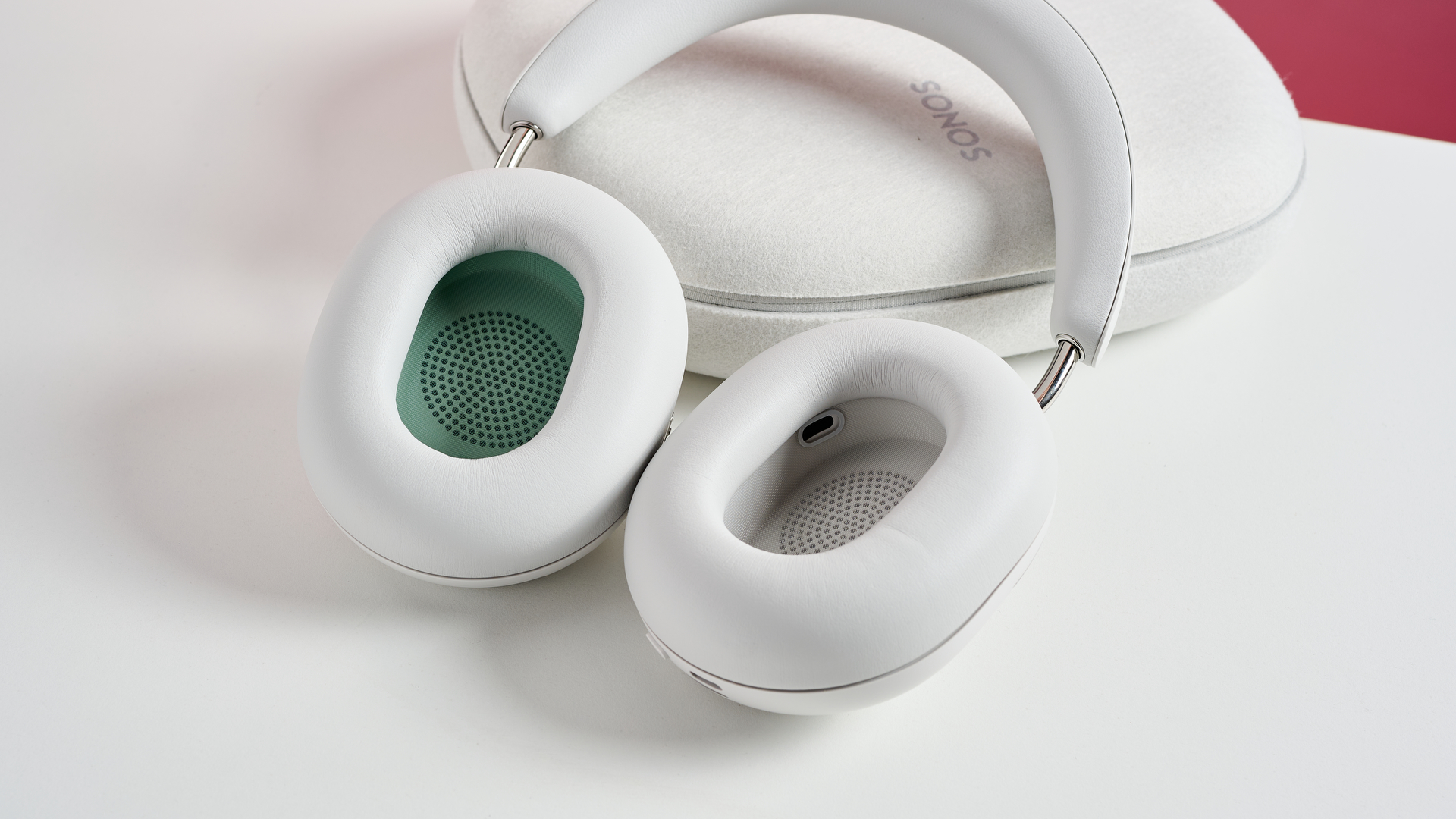
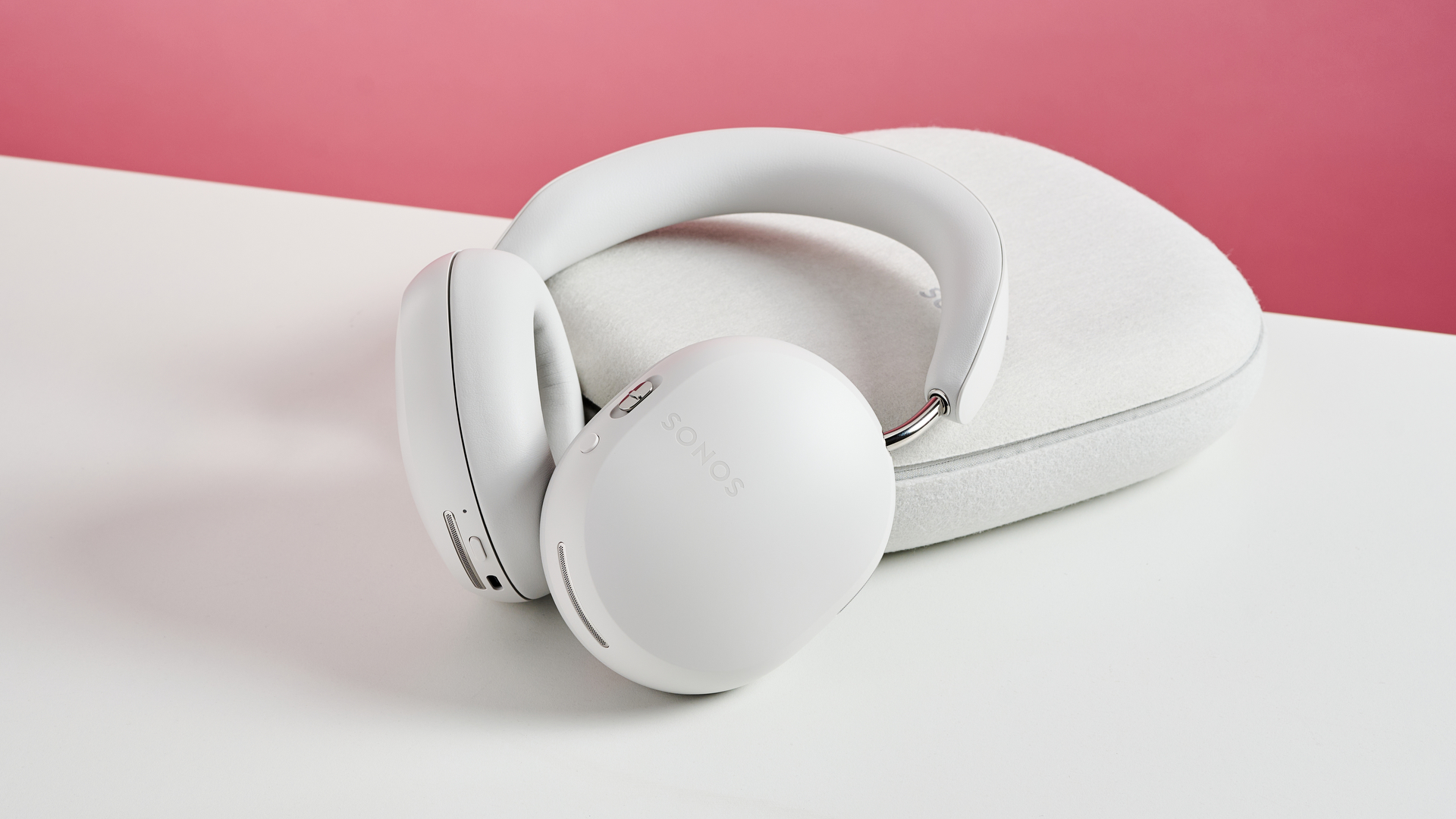

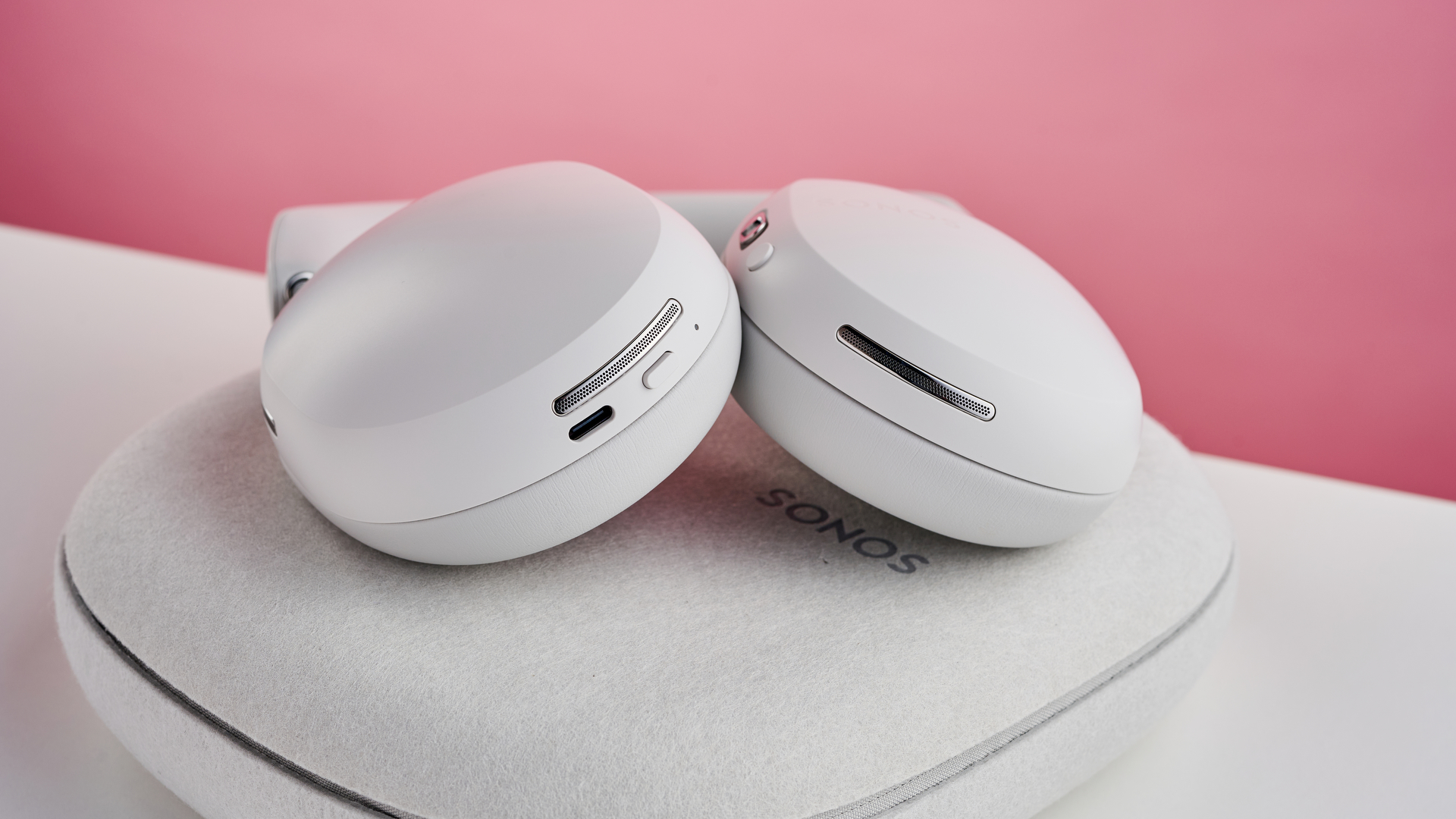
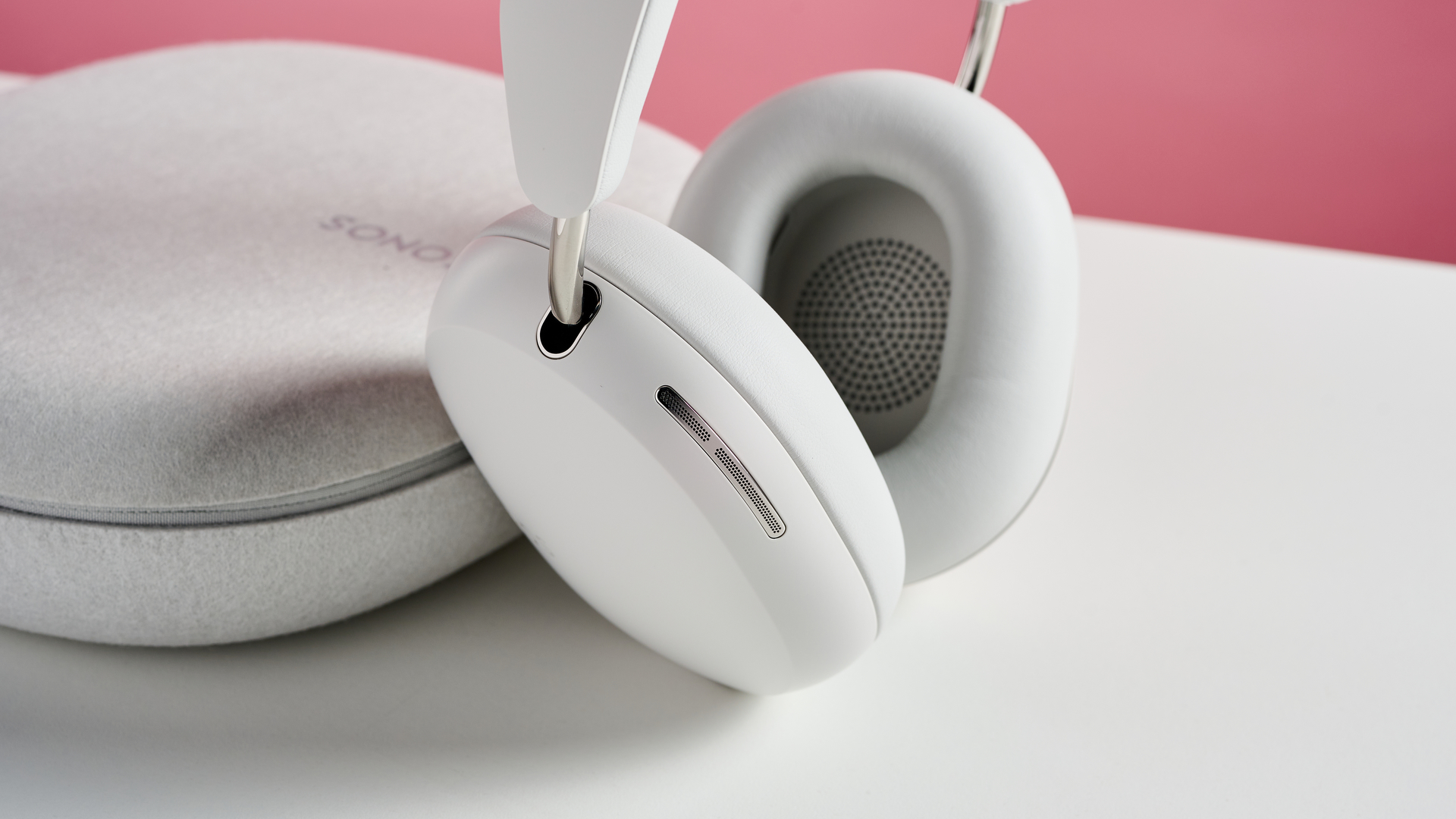
Specifications
Reasons to buy
Reasons to avoid
✅ You watch Dolby Atmos movies: These are the best in the list for movie lovers with powerful, cinematic sound.
✅ You like a minimal design: They look and feel premium, just like Sonos' other products.
❌ You want them for music: They're our top pick for movies for a reason, music reproduction can be beaten.
❌ You wear glasses: Our reviewers struggled to find a comfortable fit when they were also wearing specs.
The long-awaited Sonos Ace over-ear headphones are our top pick for movies. But, to be honest, we weren't huge fans of the sound overall during our testing. We found that the Sonos Ace are behind rivals in certain respects, especially when it comes to expansive, expressive music reproduction.
However, for powerful and cinematic sound and listening in spatial audio from your Sonos soundbar, they're unbeatable. They're part of our new favorite home cinema setup – especially if you're a movie lover but don't want to wake the house up every time you put on a film. The features on offer here are also impressive, especially if High-Res Audio is a priority for you, including aptX Adaptive, Snapdragon Sound and USB-C lossless options.
Design-wise, Sonos speakers always look slick, minimal and high-end and the brand's first foray into headphones is no exception. In our review, we wrote that these wireless headphones have a classy, premium design and look "simple, elegant and thoughtful". They were comfortable to wear for the most part with a plush headband and earcups. However, it's worth pointing out that some glasses-wearing testers struggled for long-term comfort.
So although the Sonos Ace headphones are incredibly impressive, only consider them if you don't wear glasses and plan on pairing them with a Sonos soundbar. They're not the best-sounding headphones in this guide, but they're the best headphones for movie lovers, hands-down.
Read our full Sonos Ace review
Sonos Ace score card
Attributes | Score |
|---|---|
Sound | 4/5 |
Features | 4/5 |
Design and comfort | 3.5/5 |
The best planar magnetic wireless headphones
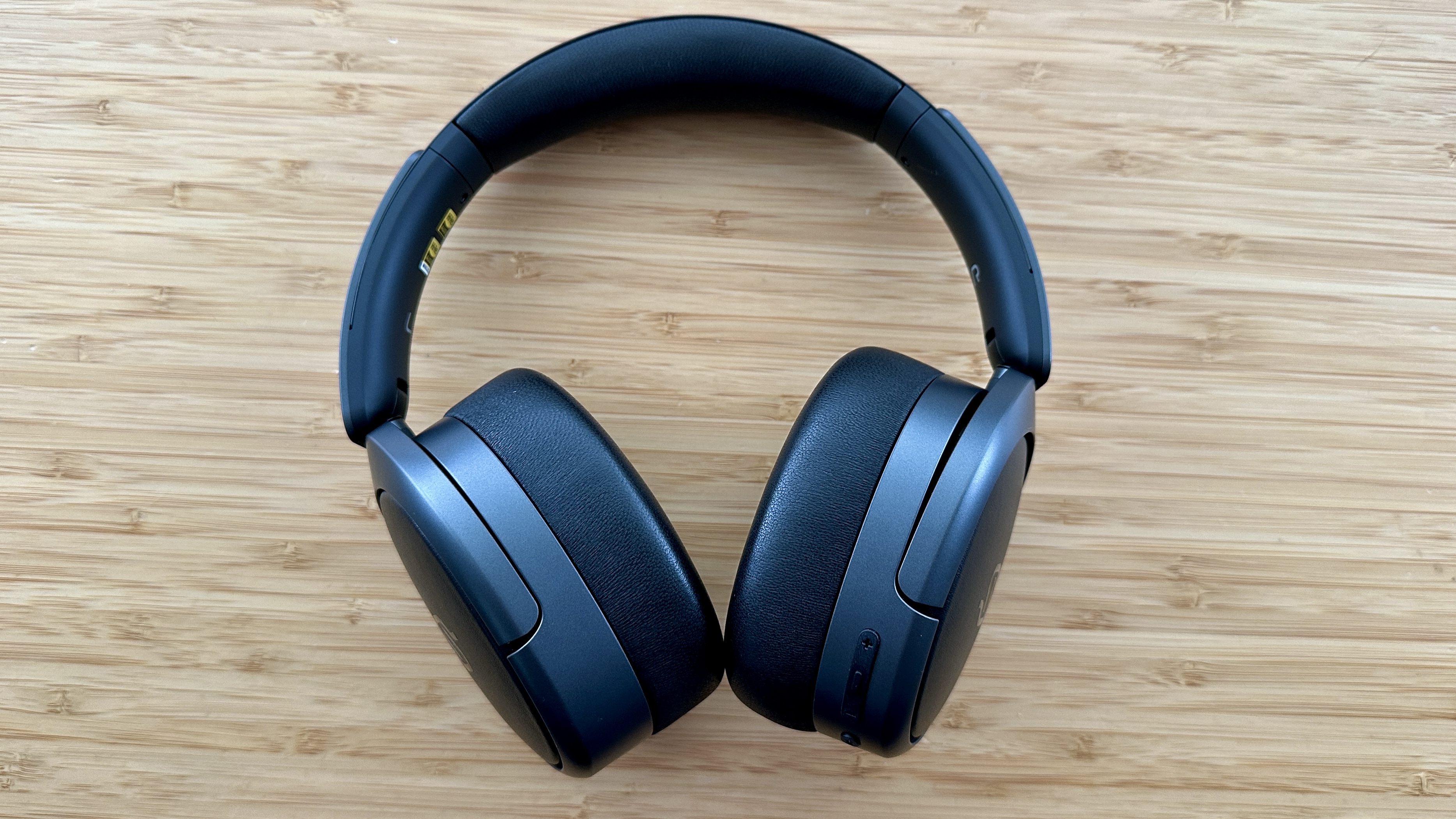
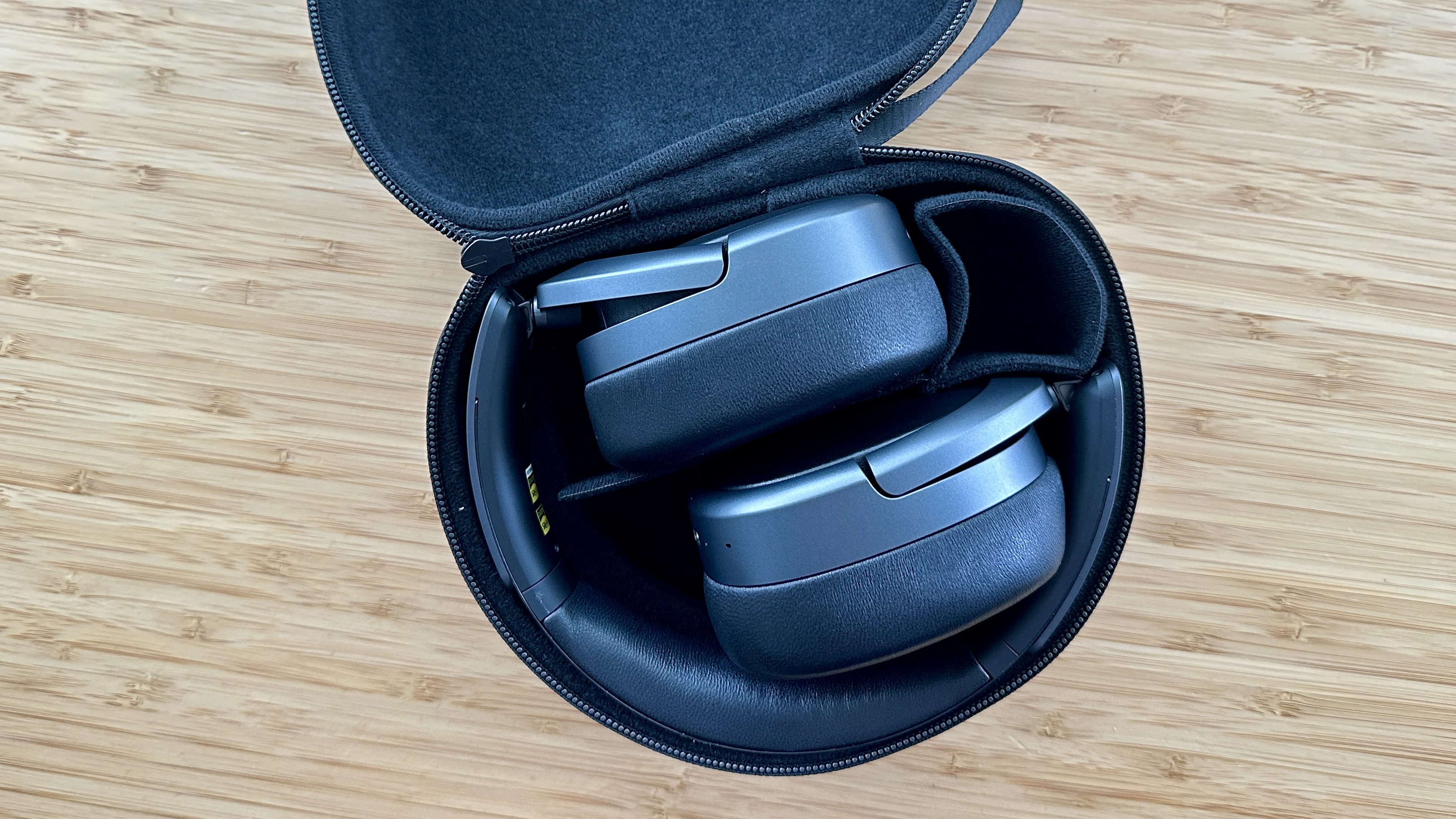
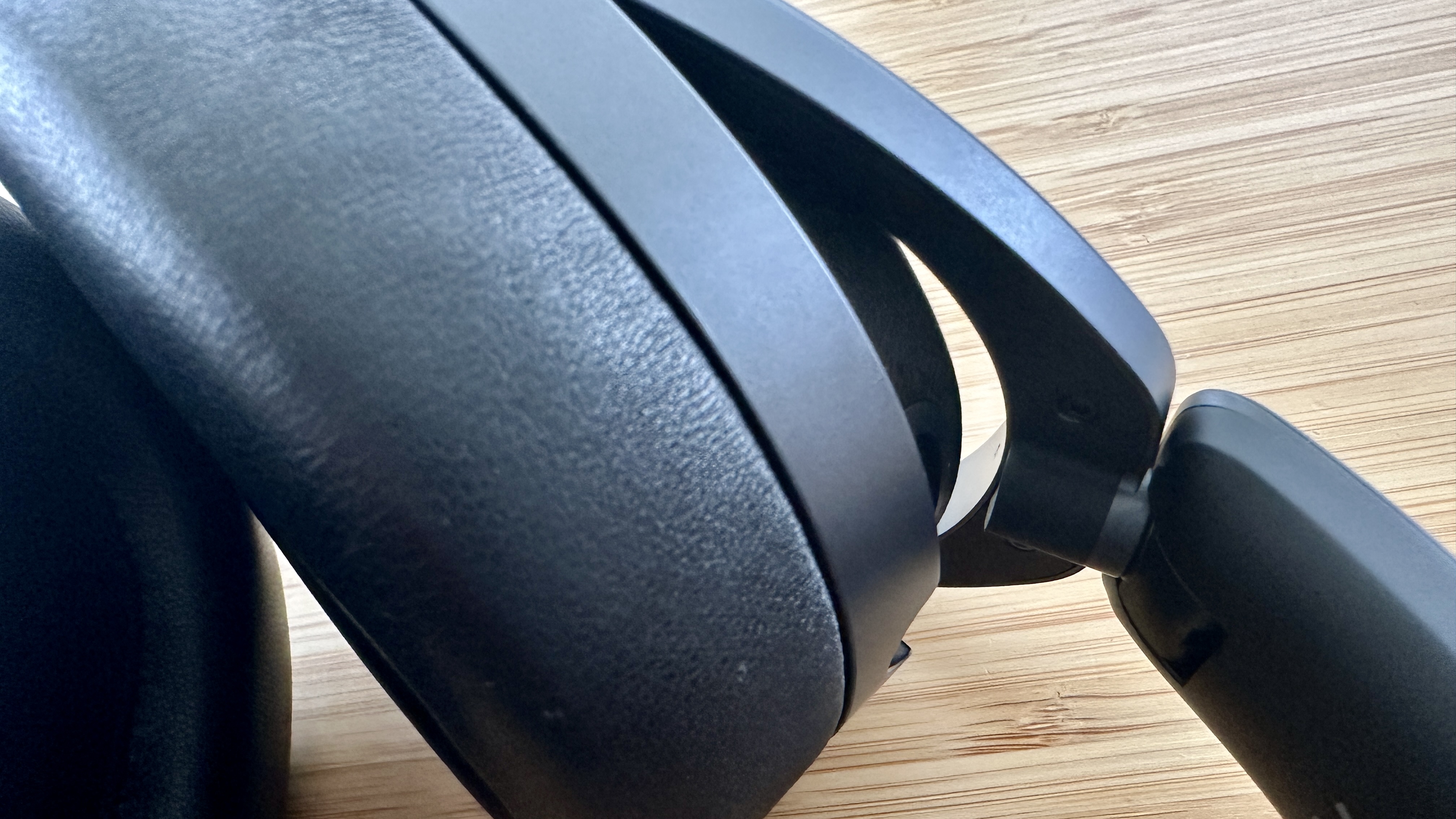
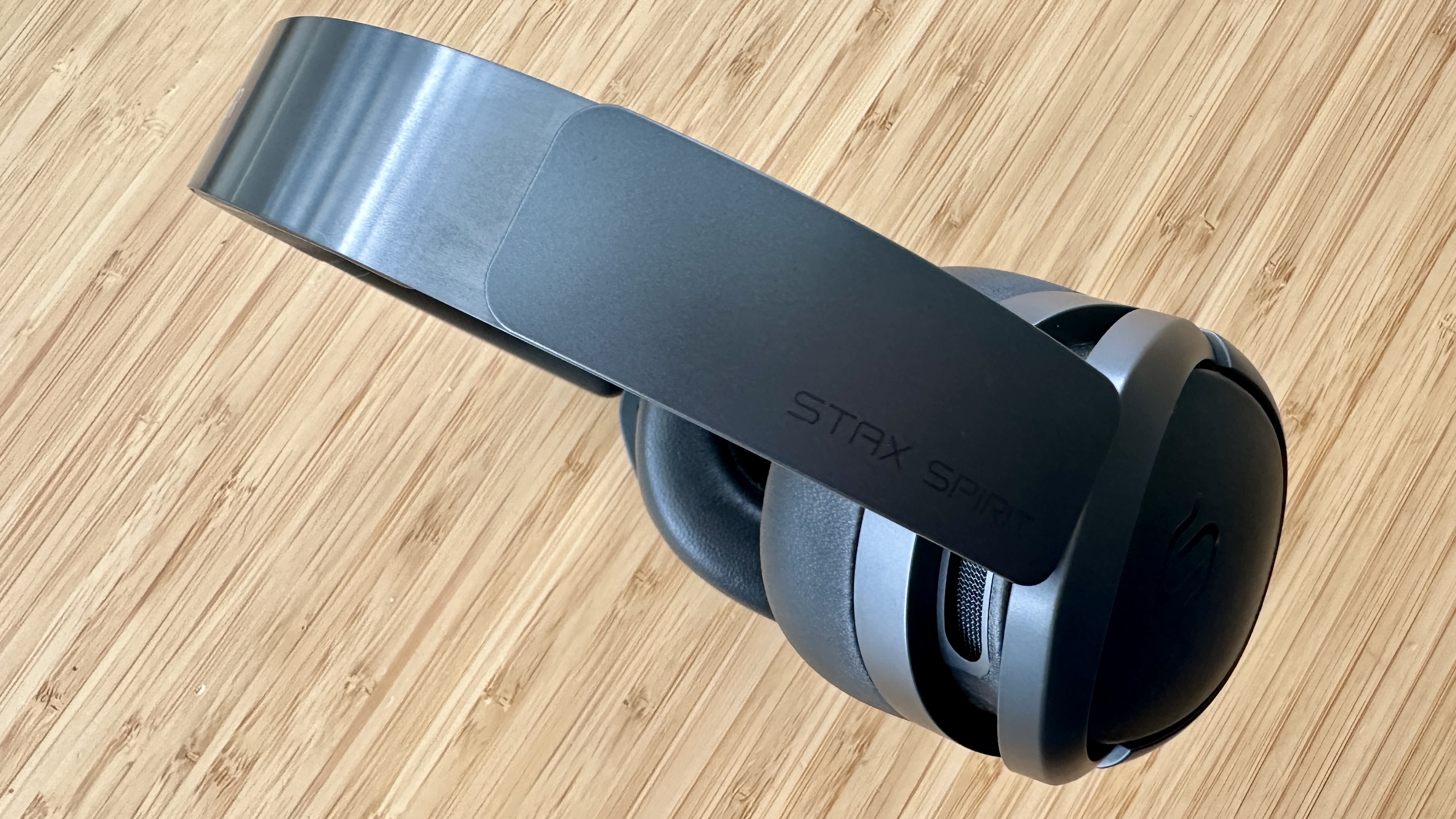
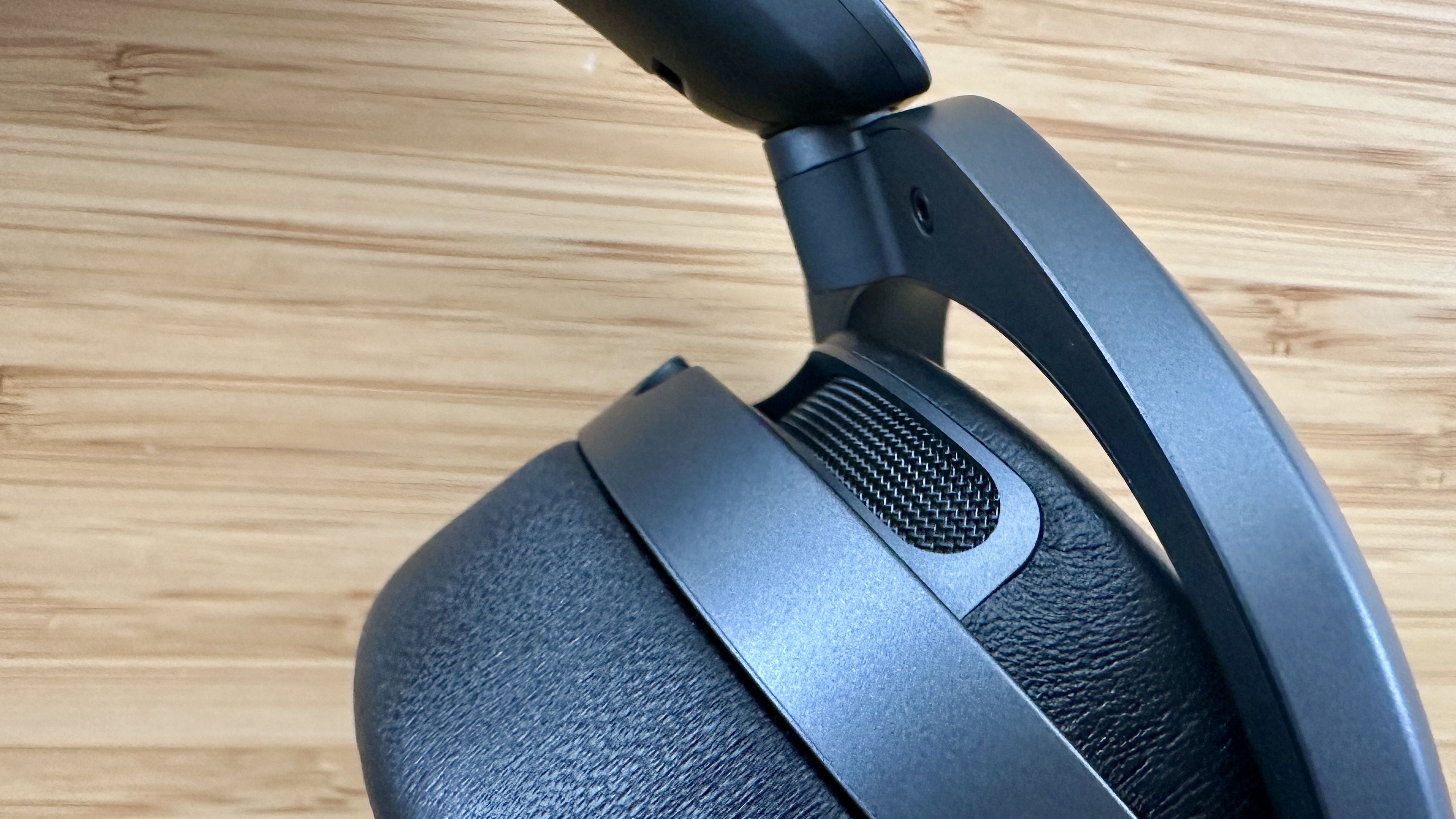
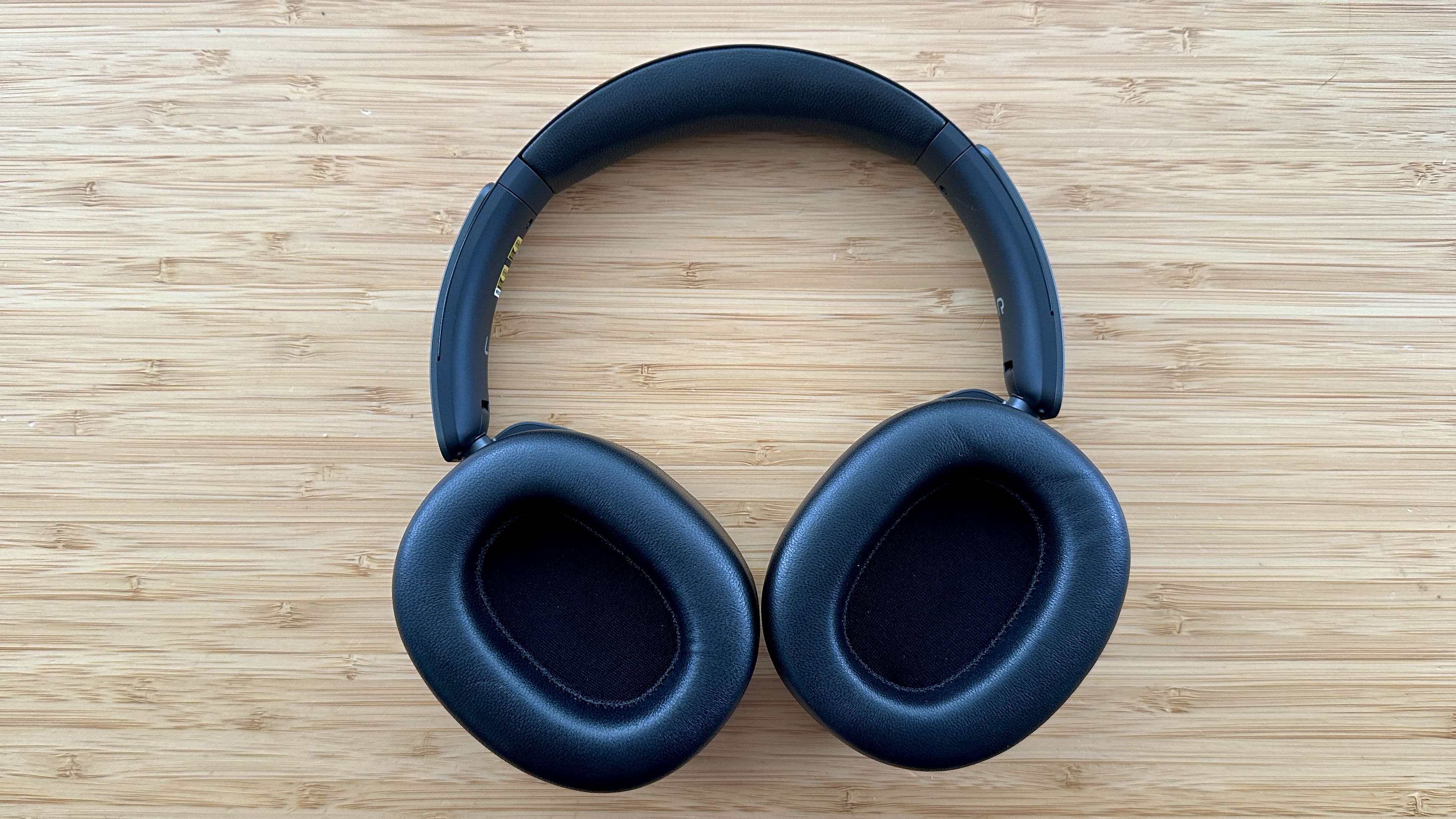
Specifications
Reasons to buy
Reasons to avoid
✅ You want excellent sonic performance: They extract details from tracks you may never have experienced before.
✅ You want great wireless spec: You've got Bluetooth 5.4 with aptX Lossless, aptX voice, LHDC and LDAC here.
❌ You're vegan: Animal hide is used on the exterior of these headphones, which is a shame for animal lovers.
❌ You need ANC: You'll find a lot to love here, but unfortunately not noise-cancelling.
The Edifier Stax Spirit S5 are a comfortable and impressively specified pair of wireless over-ear headphones, and our top choice if you're looking for a planar magnetic option. Which means they're designed to deliver a sound that's clear, detailed and with less distortion.
During our testing, they certainly delivered in the sound stakes. In our review, we wrote that the Edifier Stax Spirit S5 are ideal for those who want to hear the complete sonic picture: "The S5 are capable of extracting tiny, previously unknown details in recordings you’ve heard plenty of times before." But they're not just about fantastic detail retrieval, they sound phenomenal whatever you're listening to, delivering a sound we described as "positive, entertaining and informative."
Features-wise, you'll find Bluetooth 5.4 with LDAC and aptX Lossless codec compatibility here, as well as aptX Voice for telephony. One notable omission, however, is active noise-cancellation. This is bound to put some people off, as is the fact there's animal hide on the exterior of these headphones. It's worth mentioning there is decent passive noise isolation thanks to the snug fit of these headphones, but if you're used to ANC they'll fall short.
The design of the Edifier Stax Spirit S5 headphones is small and reasonably light at 347g – especially compared to other bigger, heavier planar magnetic designs. This contributes to them being very comfortable to wear, especially for long periods of time. You can also adjust the headband to get an even better fit. And they're hinged, so will happily fold up into a carry case.
Read our full Edifier Stax Spirit S5 review
Edifier Stax Spirit S5 score card
Attributes | Score |
|---|---|
Sound | 4.5/5 |
Features | 4/5 |
Design and comfort | 4.5/5 |
The best wireless headphones for design
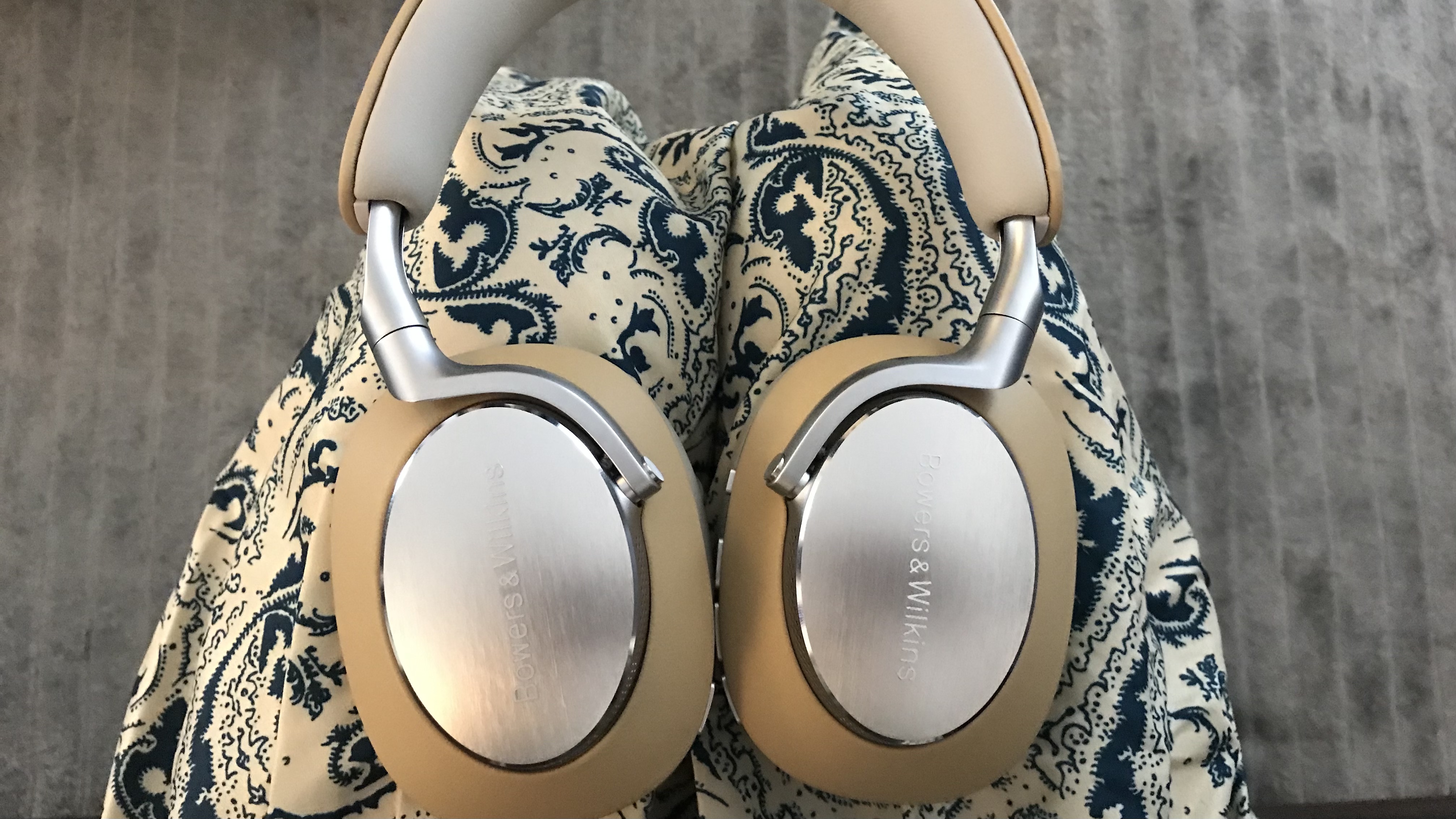
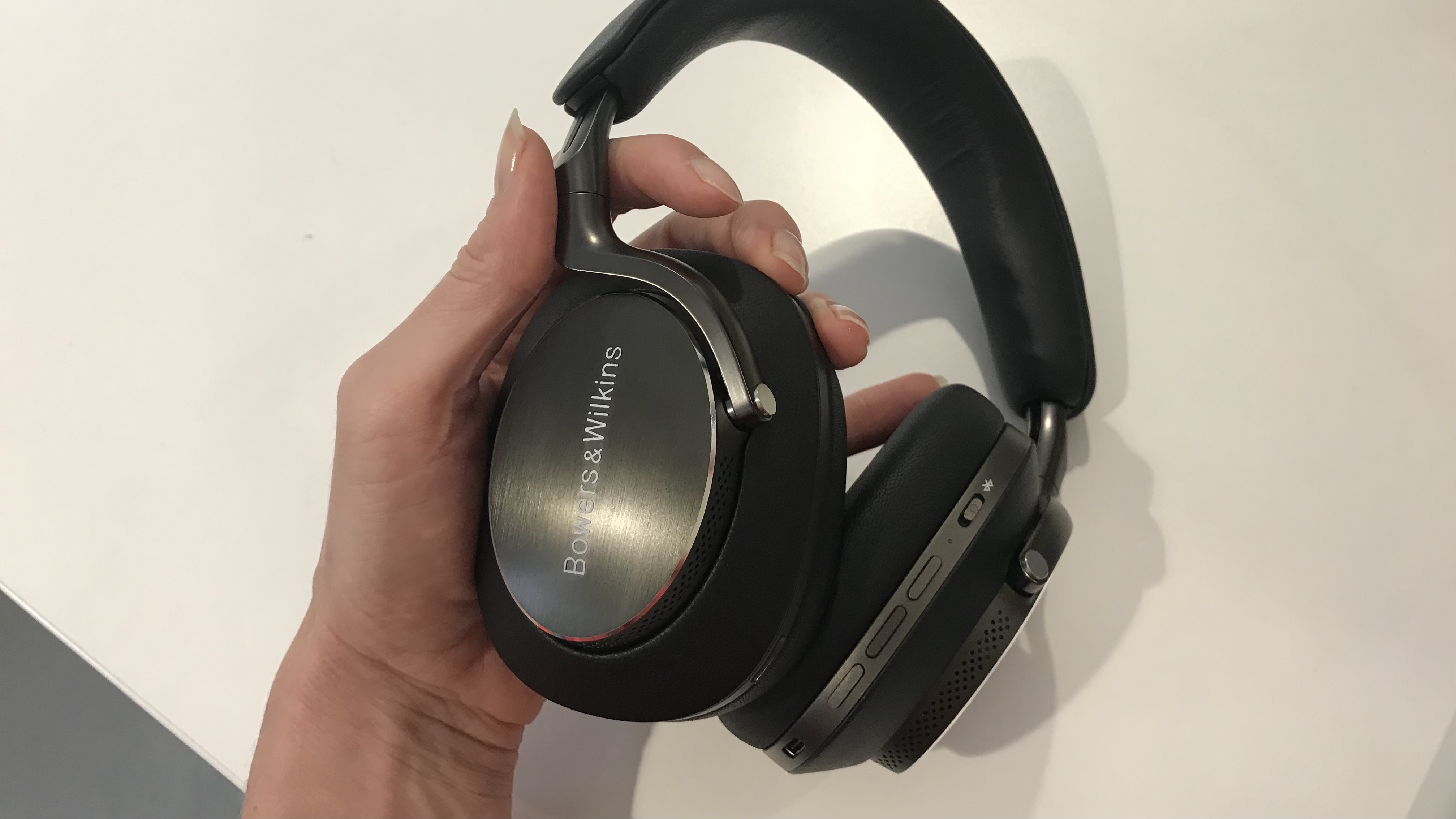
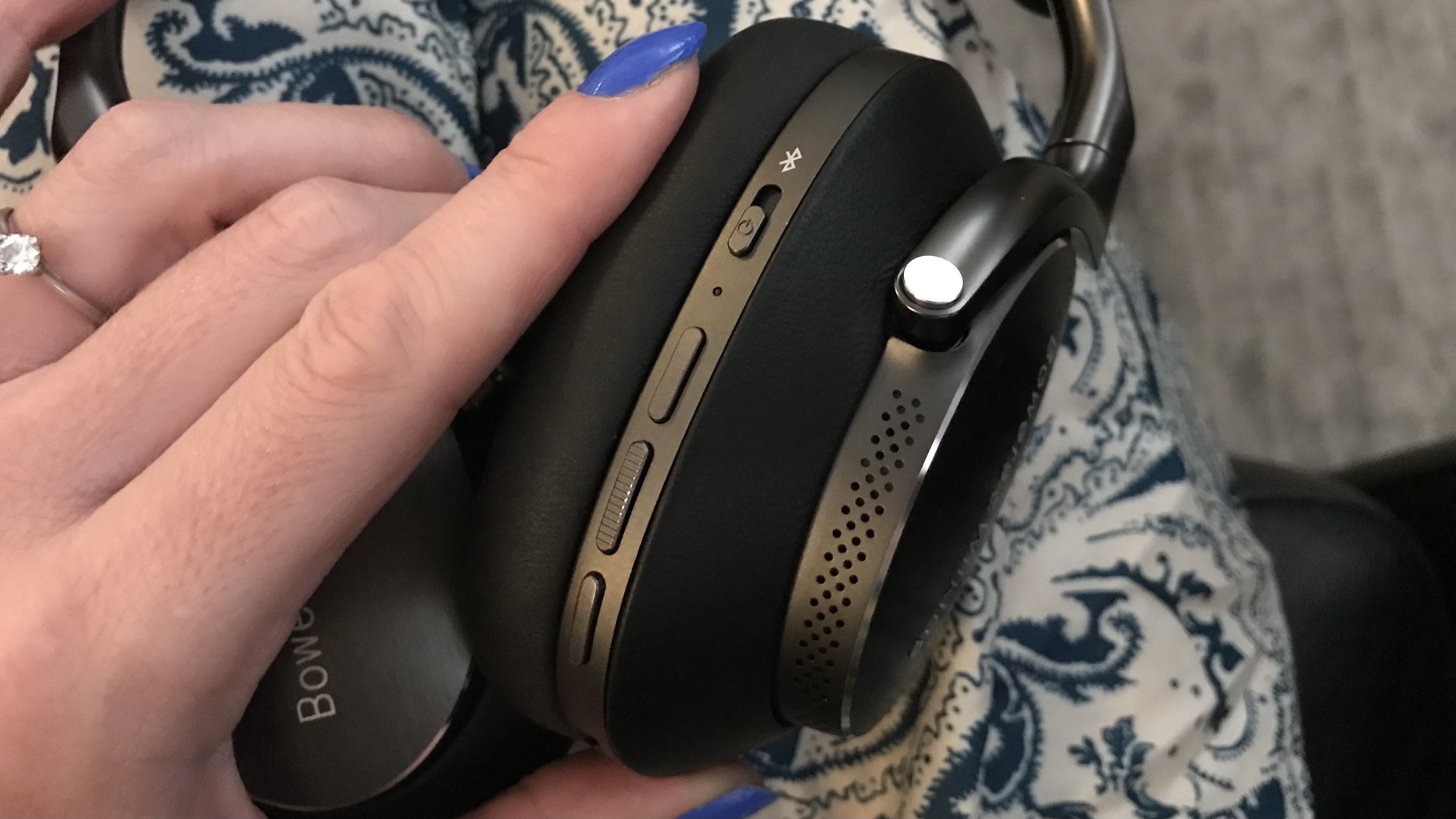
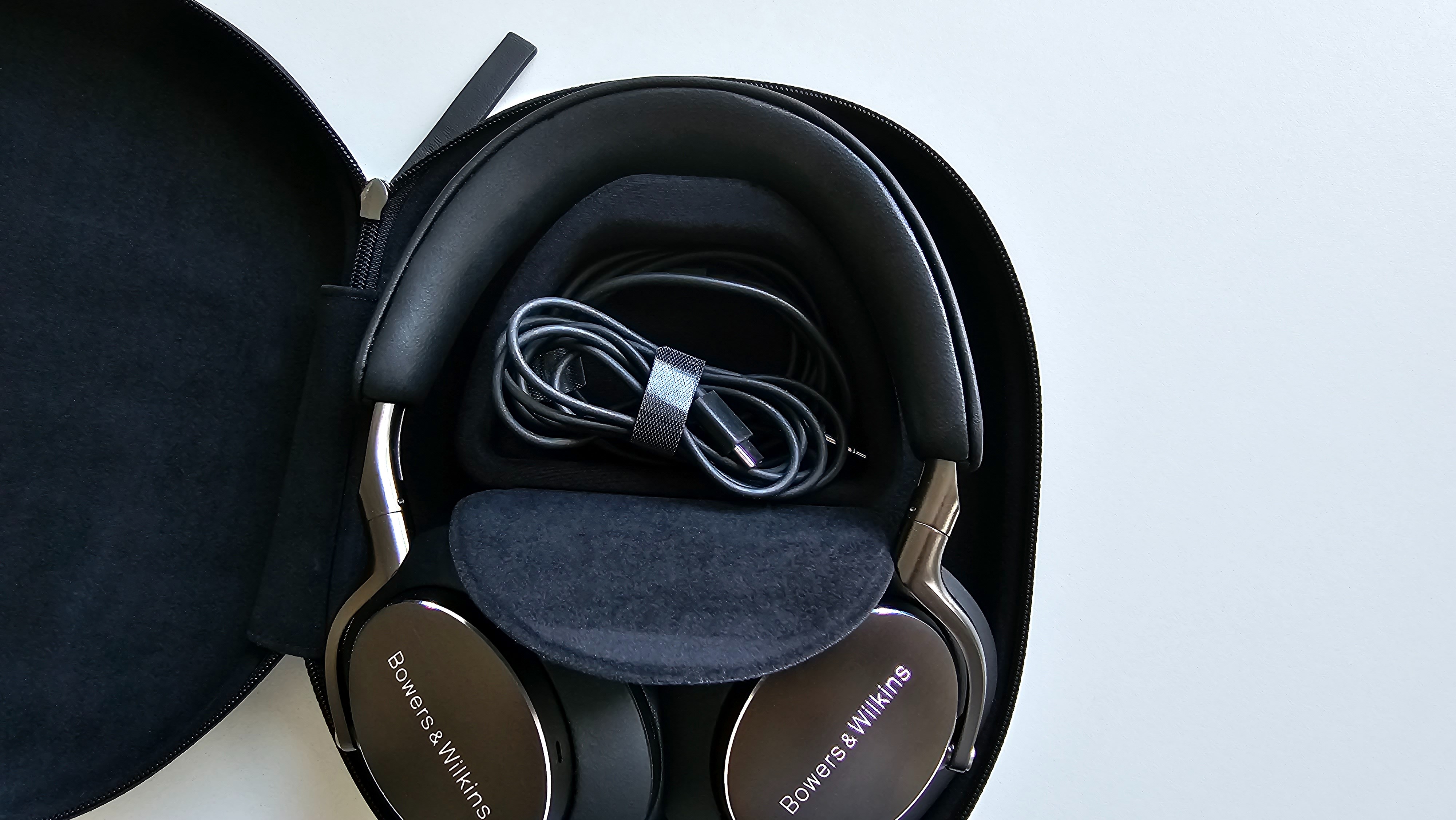
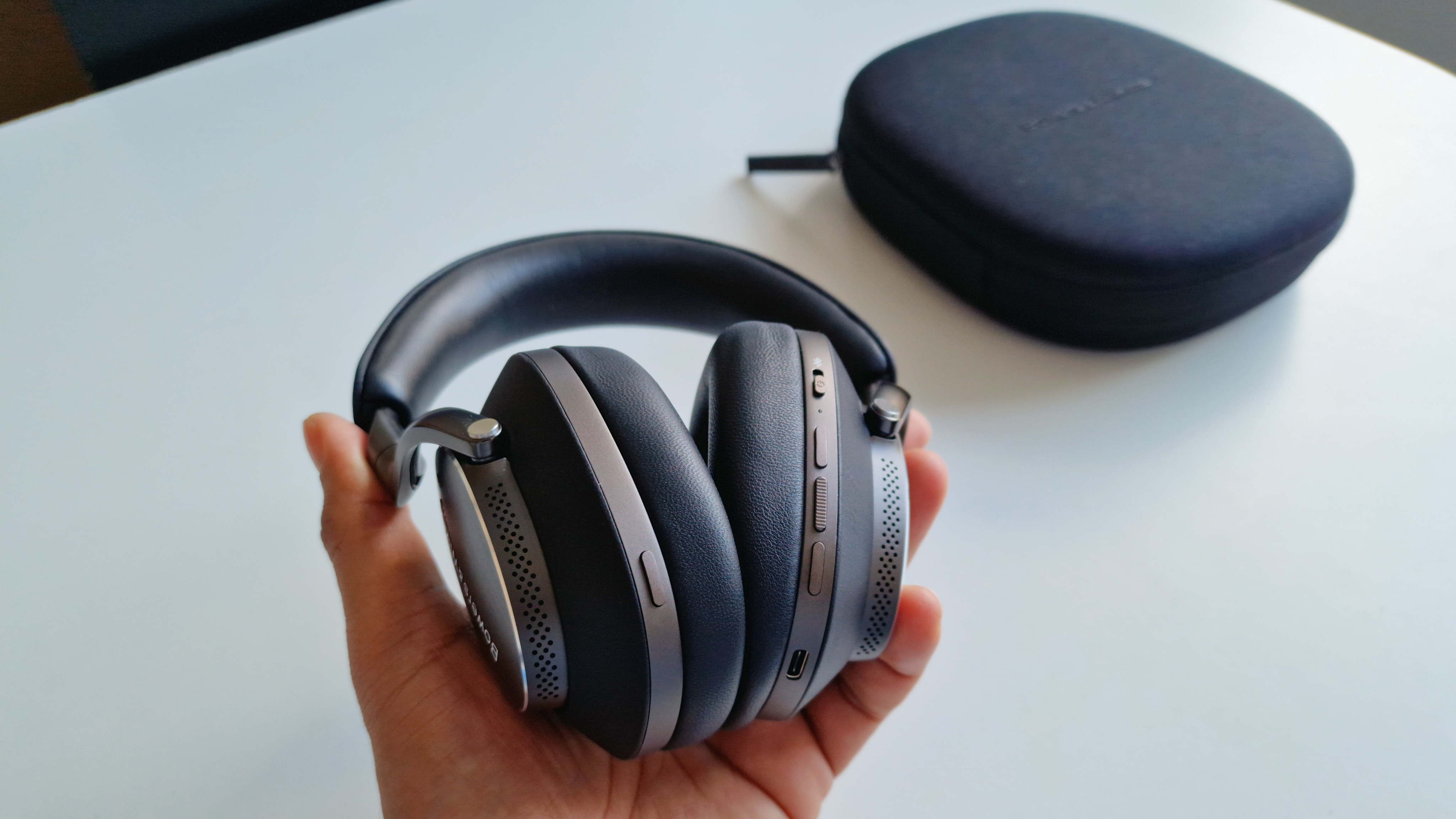
Specifications
Reasons to buy
Reasons to avoid
✅ Looks are important to you: These are a stunning pair of headphones with a very classy build and finish.
✅ You want excellent sound: Expect exceptional detail, clarity and energy. A very enjoyable listen.
❌ You want the best battery: 30 hours isn't bad, but it can definitely be beaten by rivals in this guide.
❌ You want ultimate portability: They might look good, but they don't fold up easily for travel, like competitors.
If you're looking for a luxe pair of headphones that make a statement but still sound fantastic, then we recommend the Bowers & Wilkins PX8, which we called "exceptional" in our review. In fact, something magical happened when we tested them, we wrote: "To put these headphones on is to experience a pride of ownership rarely felt, even at this level."
Not only is the build fantastic, but the sound is absolutely jaw-dropping for detail, clarity, energy and agility. When compared to the Sennheiser Momentum 4 Wireless above, we found the energy, depth and immersion of the PX8 to put them in a different league. Sonically, they're incredible.
Of course, that's not a totally fair comparison given they're around double the price of the Momentum 4. At $699 / £599 / AU$1150 they're eye-wateringly expensive – even more so than the already expensive Apple AirPods Max. In our review we explained why some of the choices here resulted in such a high price tag: "a new carbon cone 40mm drive unit replaces the bio-cellulose driver in the more affordable Bowers & Wilkins PX7 S2 and the die-cast aluminum arms, diamond-cut bright metal detailing and Nappa leather trim elevates the build to high-end territory." So if you want luxury-feeling tech that sounds out of this world, this is it.
Read our full Bowers & Wilkins PX8 review
Bowers & Wilkins PX8 score card
Attributes | Score |
|---|---|
Sound | 5/5 |
Features | 4/5 |
Design and comfort | 5/5 |
The best wireless headphones for Apple fans
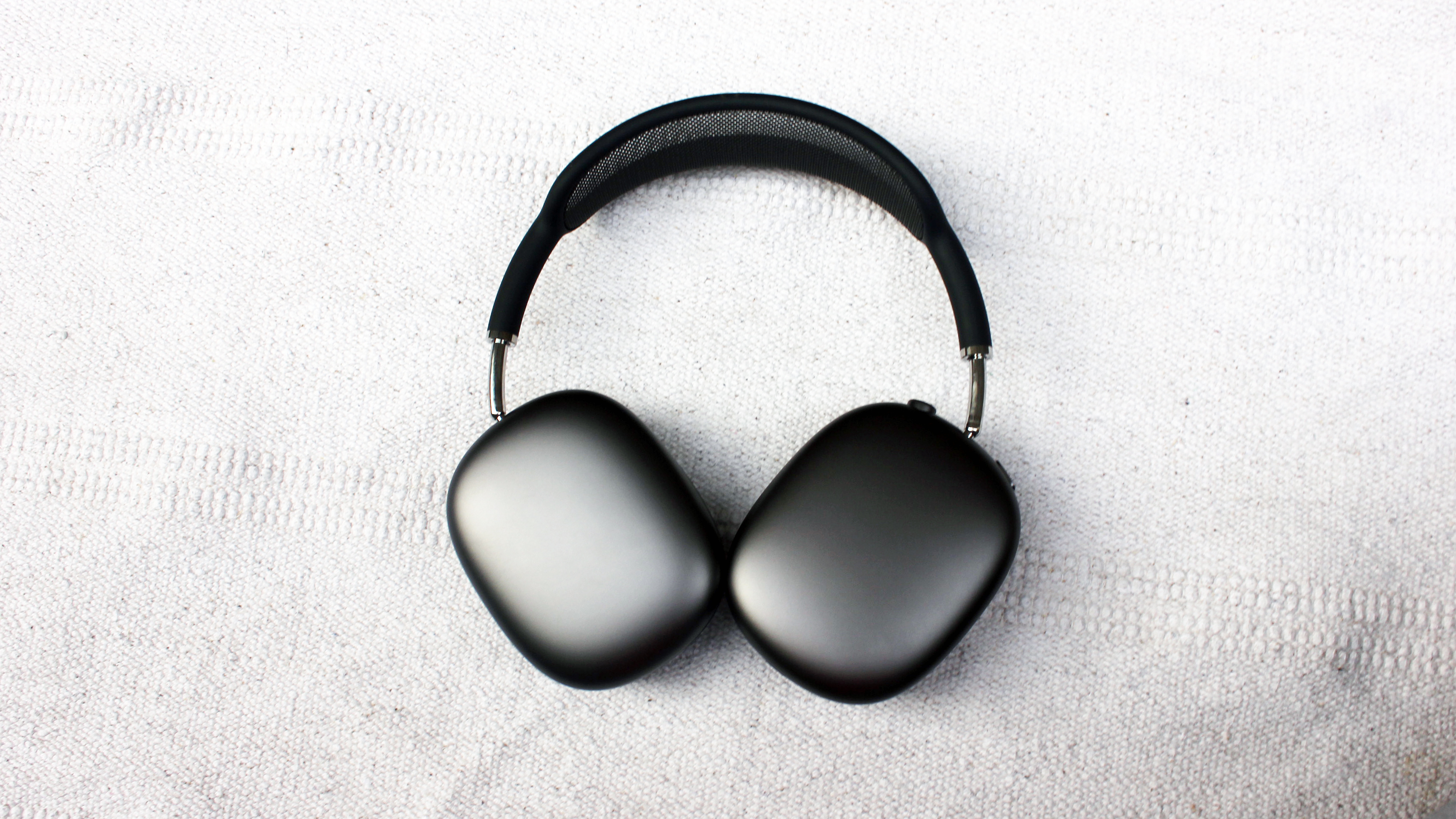
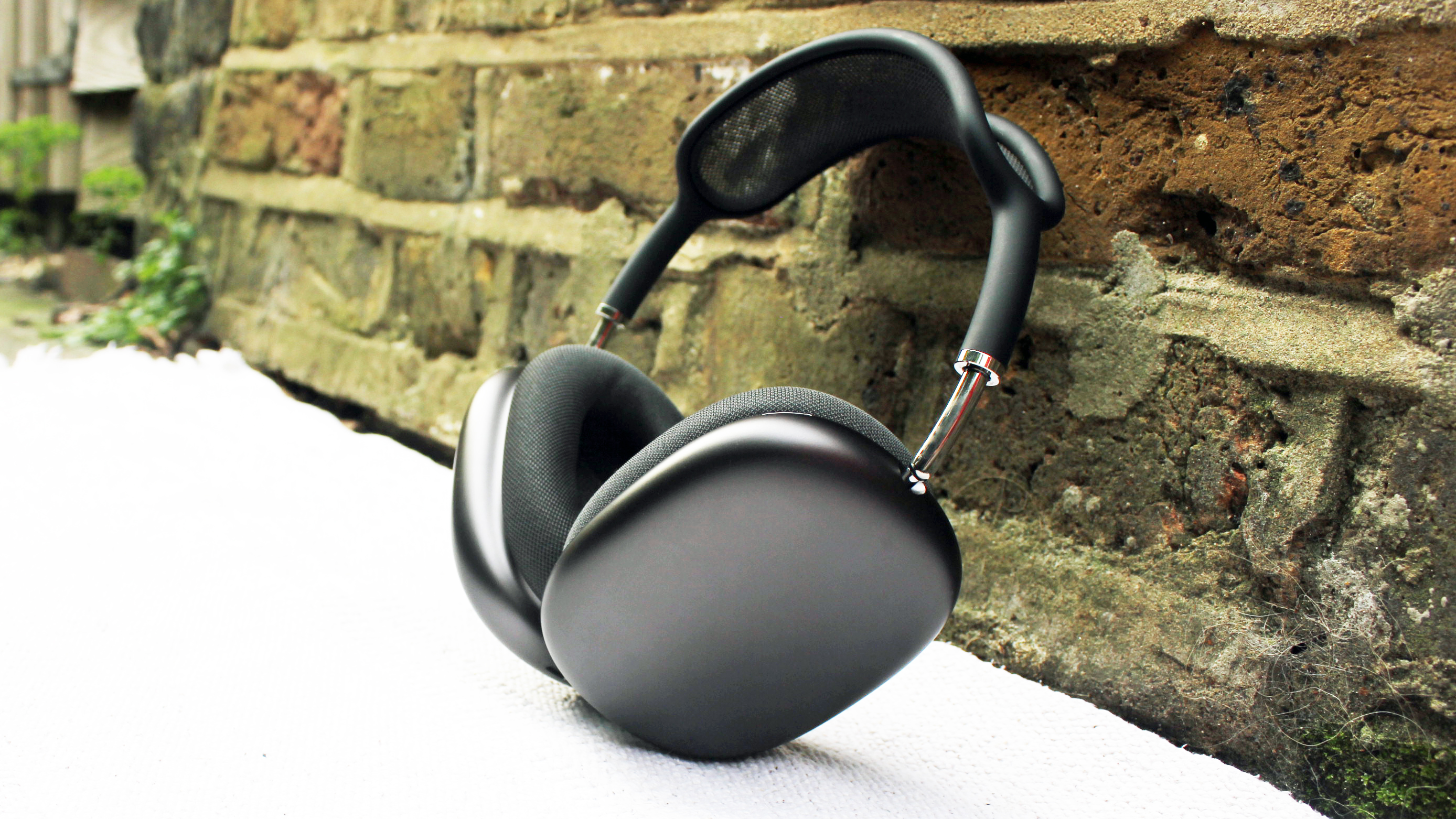
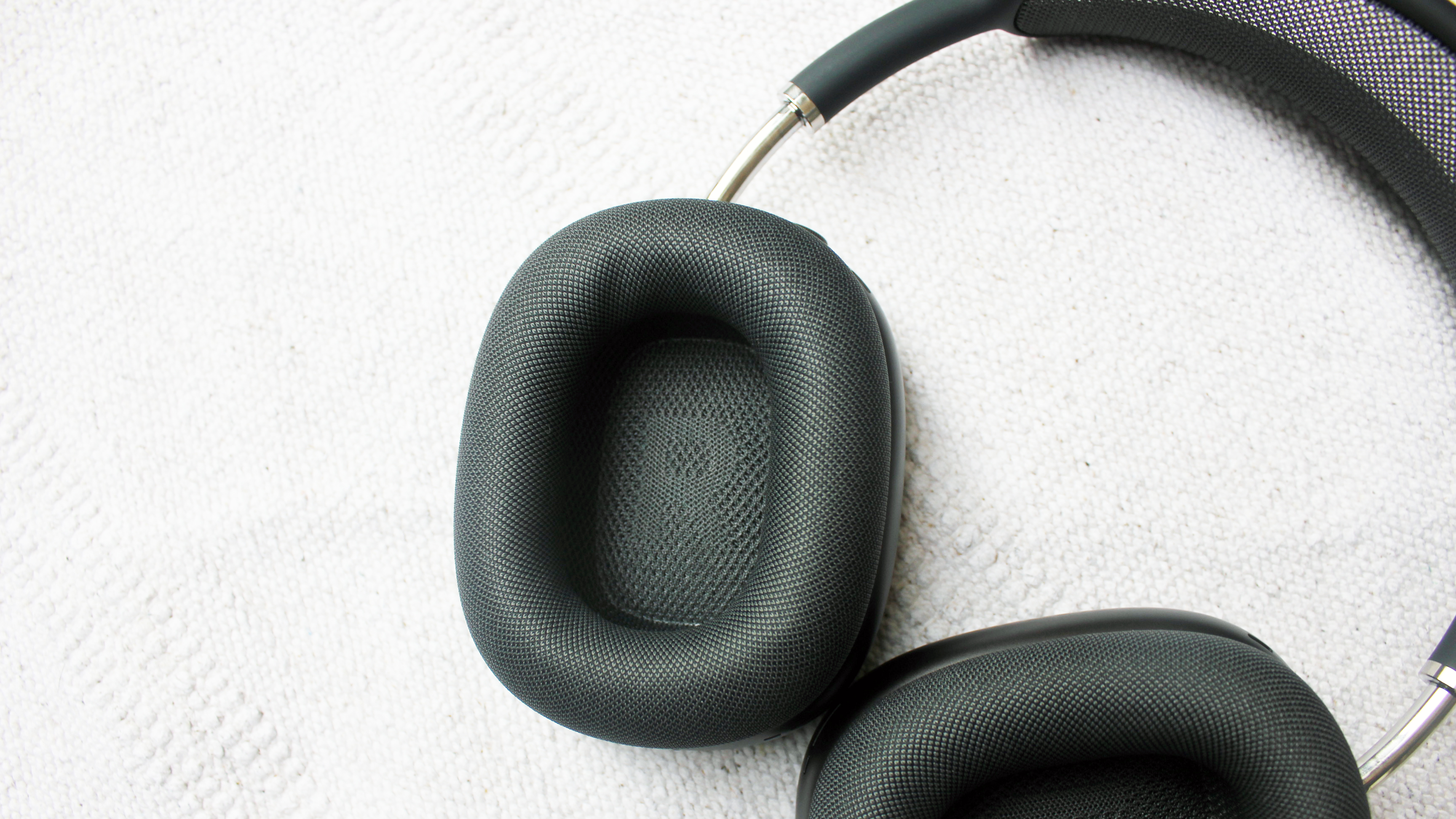
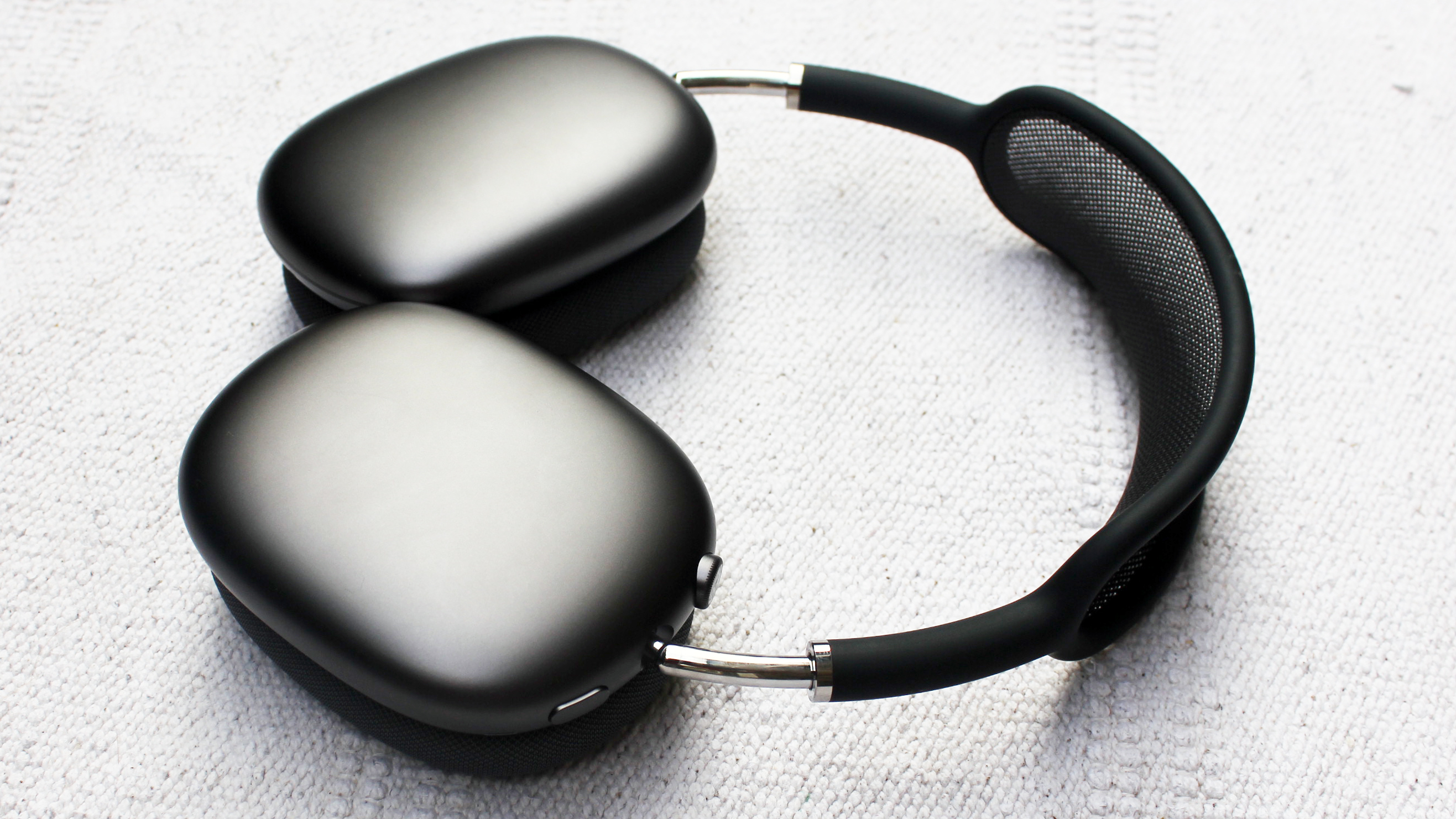
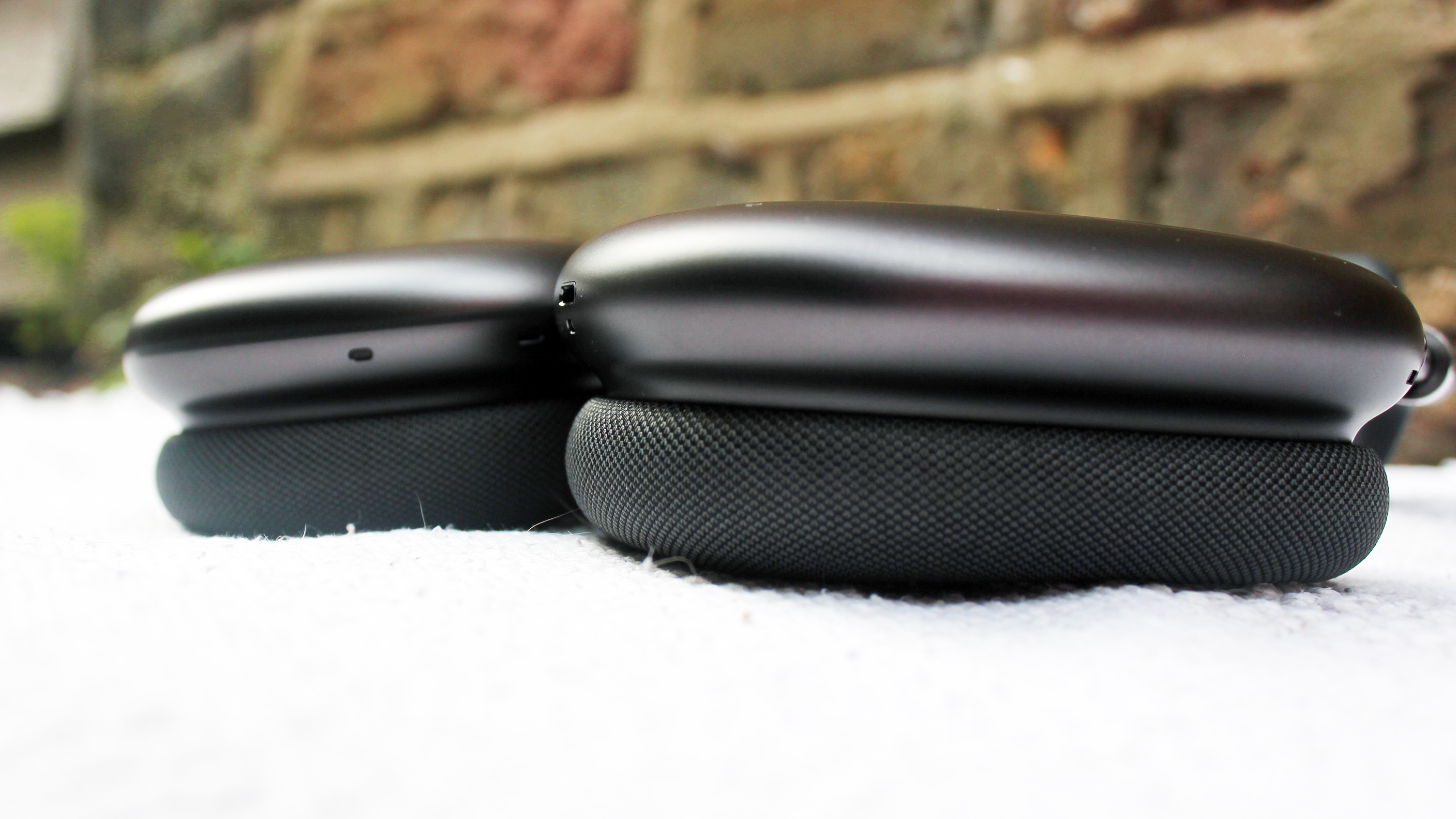
Specifications
Reasons to buy
Reasons to avoid
✅ You want excellent audio and ANC: Expect unbelievable audio performance and noise-cancelling.
✅ You love Apple: You're paying more because you get Apple build and design, as well as additional iOS features.
❌ You can't justify splashing out: If you can find them a little discounted, great. Otherwise, they're expensive.
❌ Rubbish carrying case: The case is completely useless and looks ridiculous too.
There's a lot to love about the Apple AirPods Max. The things we rated highest during our use of them includes extremely detailed and well-balanced sound, very impressive active noise cancellation, and an iconic look that's become one of the most knocked-off on the market (but you can always tell the originals).
However, while their exceptional audio performance, fantastic spatial audio for movies, and strong ANC continue to impress us to this day, their high price and their lack of support for Hi-Res Audio codecs or a standard 3.5mm jack are definitely an issue at this point, especially for hardcore audiophiles. They're also pretty heavy, and use a good clamping force to spread that weight around your head. This works fairly well, but isn't to everyone's taste – especially those with smaller heads and glasses, in our experience giving them to a few people.
These headphones are squarely targeted at people already bought into the Apple ecosystem, as they're packed with smart features for iOS users (including that astounding Dolby Atmos spatial audio, plus "Find My" support if you misplace them) and come in an unmistakably Apple design. And, bear in mind, they still sound fantastic.
For Android users, however, the AirPods Max don't have the same features as on iOS, so we can't justify the high price of these headphones if you won't be connecting them to Apple hardware. The Bose QuietComfort Ultra Headphones are what you want instead. And may be what a lot of Apple users want too, considering their lower price than the AirPods Max.
However if you use Apple products daily, are happy to spend generously on a new pair of Bluetooth headphones with all kinds of extra tricks to use with that Apple gear, and you don't mind lacking hi-res audio, AirPods Max are a very nice package.
Read our full Apple AirPods Max review
Apple AirPods Max score card
Attributes | Score |
|---|---|
Sound | 5/5 |
Features | 4/5 |
Design and comfort | 4/5 |
More wireless headphones to consider
Anker Soundcore Space One Pro: These are a good pair of headphones that felt a bit chunky. Other options in this guide also boast much better buttons and work better overall. Read our Anker Soundcore Space One Pro review here.
Beyerdynamic Aventho 300: A truly excellent pair of wireless headphones. So, why are they not in the guide? They're expensive. Especially compared to the competition. They're even pricier than the Sony WH-1000XM5, which is an issue. Still, they sound fantastic, do take a look at our Beyerdynamic Aventho 300 review for more detail.
Bose QuietComfort Headphones: The QuietComfort Ultra headphones from Bose might be our top pick for active noise cancellation, but their cheaper version are well worth considering: they're incredibly comfortable, easy-to-use, light and portable with very strong ANC. Of course, they don't have the modern upgrades of the Ultras, but they're still a solid pair of over-ears – especially if you find them discounted. Read our Bose QuietComfort Headphones review for more.
Creative Zen Hybrid SXFI: These headphones are a great choice for budgets under $100 with quality spatial audio. But we just weren't convinced in these over-ears as a proposition overall. Take a look at our Creative Zen Hybrid SXFI review for more.
Dyson OnTrac: Another pair of headphones we tested recently were the Dyson OnTrac, which may have good battery life and detailed sound but aren't great, delivering a compressed audio experience. Still, if you're interested in Dyson's dedication to audio tech as of late, check out our full Dyson OnTrac review.
Earfun Wave Pro: An affordable set of headphones with good ANC, solid sound, excellent battery life, and even hi-res wireless audio support that could be contenders for this guide, but sit in an awkward price between the Sony WH-CH520 and the Sony WH-CH720N. If they get discounted, they could become our new budget pick. Until then, read our Earfun Wave Pro review for more.
Edifier W820NB Plus: Speaking of affordable noise-cancelling headphones, we also reviewed the Edifier W820NB Plus. They're packed with features with a seriously impressive specs list – but the music quality isn't there, and for the same price as the Earfun Wave Pro, they're a clear step down. Read our Edifier W820NB Plus review to find out more.
OneOdio Focus A5: They're affordable, look nice and the battery life is great, but that's it. These headphones are a bit too bass-heavy for our liking and simply not well balanced, sonically speaking. Take a look at our full OneOdio Focus A5 review for more.
Panasonic RB-M600: There's a lot to love about these noise-cancelling Panasonic headphones: they're affordable, lightweight and have an impressive 65 hours of battery life. The reason they're not in this guide is they have some significant drawbacks too, including a design that won't suit everyone and a lack of any water resistance. Take a look at our Panasonic RB-M600 review for the specifics.
Sennheiser Accentum Plus: A great-performing pair of headphones, but they're the same price as the Sony WH-1000XM4 and they're still our number one pick. And the Sennheiser Momentum 4 Wireless are only a tad more expensive but with better features, so arguably better value. But the Accentum Plus are another option that could make it into this list if prices change. Definitely read our in-depth Sennheiser Accentum Plus review.
Sennheiser Momentum 4 Wireless: These are a similar story to the Accentum Plus, but their rivals are the Cambridge Audio P100. We rated both these headphones as being worthy of five stars, but the Cambridge Audio pair is newer, and has a lower MSRP. But you can often find the Sennheiser model discounted, and we still totally recommend them – you can read exactly why in our full Sennheiser Momentum 4 Wireless review.
Wireless headphones coming soon
Sony: The big news is that since the beginning of the year, the successors to both the Sony WH-1000XM5 (which didn't glean a dedicated spot in this guide) and the iconic Sony WH-1000XM4 (that definitely did – you can't miss them, they're right at the top of this guide) have been leaked. And not just once either…
They'll be called the Sony WH-1000XM6, more likely than not, and while they've been edging closer to launch (and even slated for an imminent release, along with a range of three colorways) we've yet to hear anything official from Sony.
That said, an FCC filing has detailed battery, a different construction, Bluetooth 5.3 (but no confirmation on LE Audio) and the WF-1000XM6 earbuds could even launch alongside it – with the new inexpensive Sony WF-C710N (and update on the highly popular WF-C700N earbuds) not far behind.
As we know more, so shall you.
Other reviews on the bench: Elsewhere, you should expect reviews from us soon for the Bang & Olufsen Beoplay 100, the Earfun Wave Life, Happy Plugs Play Pro, the JBL Tour One M3 (yes, the ones with the touch-screen audio transmitter) and OneOdio Studio Max DJ headphones – but that really is just for starters!
We are constantly updating this guide with new products. Our aim is simple: to make sure you buy the best set of headphones for you, whatever your budget.
Meet the team
Our expert team of reviewers have years of audio tech experience and testing. They've covered all of the latest and best headphones over the past 10 years and more, which means they're clued up on everything there is to know about the industry.

Becky became TechRadar's Audio Editor in 2024, but joined the team in 2022 as Senior Staff Writer. She focuses on all things audio and hi-fi. Before TechRadar, she spent three years at What Hi-Fi? testing, reviewing and generally enjoying everything from wallet-friendly wireless earbuds to huge, multi-product high-end sound systems.

Matt Bolton is TechRadar's Managing Editor for Entertainment and has more than a decade of experience as a technology journalist. Before joining TechRadar he managed TV and audio content for T3.com, and before that he was the Editor of T3 magazine. He's contributed to many tech titles, including Creative Bloq, PC Gamer, Digital Camera World, Edge, Official PlayStation Magazine, PC Plus, MacFormat and many more.

Becca Caddy is a freelance technology journalist and author and she's been writing about consumer tech for more than 12 years with a focus on wearables, headphones and smart home devices. Her work has appeared in The Guardian, Wired, New Scientist, MIT Tech Review, Inverse, National Geographic, Lifehacker, Metro, Stylist, Grazia. Her first book, Screen Time, was published in 2021.

Simon Lucas is a freelance technology journalist and consultant, with a particular emphasis on the audio/video aspects of home entertainment. He was previously editor of What Hi-Fi? magazine and whathifi.com. He has written for Wired, Metro, the Guardian, HiFi+ and GQ, and has acted as an audio consultant for some of the world's most high-profile consumer electronics brands.
How to choose the best wireless headphones
We've tested hundreds of wireless headphones over the years, trialling every feature imaginable in a range of environments. That means we've learnt the key factors that make a great pair of Bluetooth headphones.
First of all, the design really matters. Comfort is crucial when you're wearing wireless headphones: if they don't feel great for a long listening session that defeats the point of having them. So we'd recommend looking for generously padded ear cups for comfort, and strong headbands to help them survive everyday life. Another key decision here is whether you want over-ear or on-ear headphones. Over-ears are generally more immersive, and with on-ears you'll need to factor in the fact that they do leak a bit more audio – which might make you less popular on the bus or train.
It's important to focus on the features that really matter to you. Touch controls are handy, but will you actually use them or do you prefer to use a voice assistant? Do you really need active noise cancellation if you're not going to be listening on public transport? There's no point in paying for features you're not going to use very often.
Price matters too, of course. And while it's true that you get what you pay for and some of the world's best headphones are pretty pricey, that doesn't mean you have to spend hundreds of pounds to get a great audio experience. There are plenty of affordable options that punch way above their price tag, and the compromises tend to be small: slightly less premium materials, perhaps, or a bit more audio leakage when you're listening in public places.
If you're planning to buy headphones to match your existing audiophile kit, such as high-end network streamers or Hi-Res Audio players, look for headphones that use hi-res audio codecs such as Sony's LDAC or the Bluetooth aptX HD and aptX Adaptive codecs. Without them, your audio source won't be able to stream hi-res audio wirelessly at its best quality.
What it boils down to is that every one of us is different, so there's no such thing as one pair of headphones everybody should buy. It's about balancing the price and the features so that you get the best possible audio experience at the best possible price. Which is exactly what our guide here is designed to help you with.
The best wireless headphones: FAQs
Which brand is best for wireless headphones?
That's up to you. The best brand of wireless headphones is the brand that delivers the features and audio quality you want at the price you're willing to pay.
That said, there are some pretty safe bets out there. Apple's headphones are a good option for teaming with Apple hardware; Sony makes a range of excellent all-rounders; and as you'd expect from the firm that popularized noise cancelling headphones in the first place, Bose makes some of the best noise cancelling headphones and earbuds you can buy.
We'd recommend thinking more about how you'll use them than about the logo. Some offer much better battery life than others, some are more focused on sound and some are focused on convenient features.
How much should wireless headphones cost?
You don't necessarily have to spend a ton of money to get great wireless headphones. Paying top dollar usually guarantees a first-class experience, but there are some incredibly good alternatives that cost a lot less.
For example, the 1More Sonoflow Pro HQ51 in this list are affordable at around $89 / £99 / AU$130. If you step up to around $120 / £120, you can get a big jump in quality from the likes of the Final Audio UX3000. Then, stepping to around $200 / £200 means another clear jump in features and quality from the Sony WH-1000MX4. And then you get towards $300 / £300 for the Sennheiser Momentum 4 Wireless or Sony WH-1000XM5. Moving to $450 / £450 for the Bose QuietComfort Ultra Headphones again rewards you with an obvious improvement, though not much in the way of new features.
How we tested the best wireless headphones
Connectivity: We've tested all of the best wireless headphones on this list. The ones that made it into our guide had to tick a number of key boxes. First up, there's Bluetooth connectivity. Wireless is a given, but wireless quality is crucial too: we want our connections to be stable and reliable, not to cut out just as we get to the good bits.
Comfort: Wearability and style matter too. We tested over long periods to see how comfortable they were during longer listening sessions or commutes, and we also evaluated their style to see if they looked like you were a plugged-in music fan or one of the Cybermen from Dr Who.
Audio quality: The days when wireless headphones got a free pass on sound quality because they were more convenient are long gone. We expect every pair of Bluetooth headphones to deliver clear and powerful sound.
Features: Not all of the headphones in this list have more advanced features such as noise cancellation or AI assistant integration. But we tested those features on the ones that do in order to assess how well the features worked, how well integrated they were and how they compared to rivals.
Price: Last but not least, we considered the cost. We're well aware that premium headphones can be too expensive for some; we're also aware that for some music fans, there's no such thing as an acceptable corner to cut when it comes to audio quality. So we've considered both kinds of listener here, and as a result we believe that every pair of headphones in our guide will make you feel you've spent your money wisely to get the best possible audio experience for you.
Latest updates to the best wireless headphones guide
April 11, 2025
Refreshed the introduction and added a link to our best open earbuds guide. Switched the Sony WH-CH520 for the 1More Sonoflow Pro HQ51 as our 'best budget' pick based on our recent testing.
March 14, 2025
Rewrote the introduction to stress how long we've been testing (it's a long time!) and updated the 'also consider' section. Added a new 'Products coming soon' section, announcing leaked products from Sony and reviews we're currently working on.
February 17, 2025
Checked all products against our latest reviews. Updated our section of other products we've reviewed.
See more updates
January 17, 2025
Rewrote the introduction. Added score cards to the end of each entry so that readers can tell at a glance which recommendations are right for them. Added some new suggestions we've recently reviewed in the 'also consider' section. Refreshed all of the copy to make sure it's all up to date.
December 24, 2024
Updated the introduction, and added more models to our list of other headphones worthy of consideration that we've reviewed.
November 25, 2024
Swapped the 1More Sonoflow for the Earfun Wave Pro, based on our review. Added a Black Friday section to the intro.
October 25, 2024
Rewrote the introduction. Added galleries packed with images of headphones we've tested to give readers a better look at the devices. Added details about why readers should/shouldn't buy headphones and who they're best for at a glance. Put scorecards under each product to make it easier for readers to weigh up options. Included information about the review team responsible for testing the products.
October 11, 2024
Reordered our list based on our recent testing. Added the Dali IO-8 as our 'best for sound' pick.
September 11, 2024
Replaced the Edifier Stax Spirit S3 for the newer Edifier Stax Spirit S5 based on our testing and the improved design and sound. Added some new options in our 'also consider' section, including the lovely but expensive Final D7000 headphones and the Creative Zen Hybrid SXFI.
July 31, 2024
Replaced the Sennheiser Momentum 4 Wireless for the Cambridge Audio Melomania P100 based on our extensive testing and 5-star review.
July 22, 2024
Added the 1More Sonoflow as the best budget noise-cancelling headphones, to offer this feature at a cheaper price than the other options here.
June 24, 2024
Added the Sonos Ace as our 'best for movies' choice and clarified why. Updated the copy throughout and the 'Also consider' section.
May 30, 2024
Refreshed the intro to reflect the current choices for sound, updated the 'Also consider' section to include models recently tested.
April 11, 2024
Added an 'Also consider' section, where we cover headphones recently reviewed but not featured in this guide's top picks.
March 11, 2024
Added more information about the comfort of each pair of headphones, and added more clarity to our categorization.
February 9, 2024
Added Sony WH-CH720N as the best mid-priced wireless headphones, and Focal Bathys as the best for audiophile sound.
January 22, 2024
Added Bose QuietComfort Ultra Headphones into the list following their review, removed Bose Noise Cancelling Headphones 700, and moved Sony WH-1000XM5 down in the list now that a better noise-cancelling option has been added.
January 2, 2024
Checked all models against currently reviews, and updated for 2024.
November 21, 2023
Added information about Black Friday deals on our headphones choices.
September 21, 2023
Added quick menu for easy navigation and made the list simpler, so you can find something that suits your needs more easily.
Get daily insight, inspiration and deals in your inbox
Sign up for breaking news, reviews, opinion, top tech deals, and more.

Becky became Audio Editor at TechRadar in 2024, but joined the team in 2022 as Senior Staff Writer, focusing on all things hi-fi. Before this, she spent three years at What Hi-Fi? testing and reviewing everything from wallet-friendly wireless earbuds to huge high-end sound systems. Prior to gaining her MA in Journalism in 2018, Becky freelanced as an arts critic alongside a 22-year career as a professional dancer and aerialist – any love of dance starts with a love of music. Becky has previously contributed to Stuff, FourFourTwo and The Stage. When not writing, she can still be found throwing shapes in a dance studio, these days with varying degrees of success.
- Matt BoltonManaging Editor, Entertainment